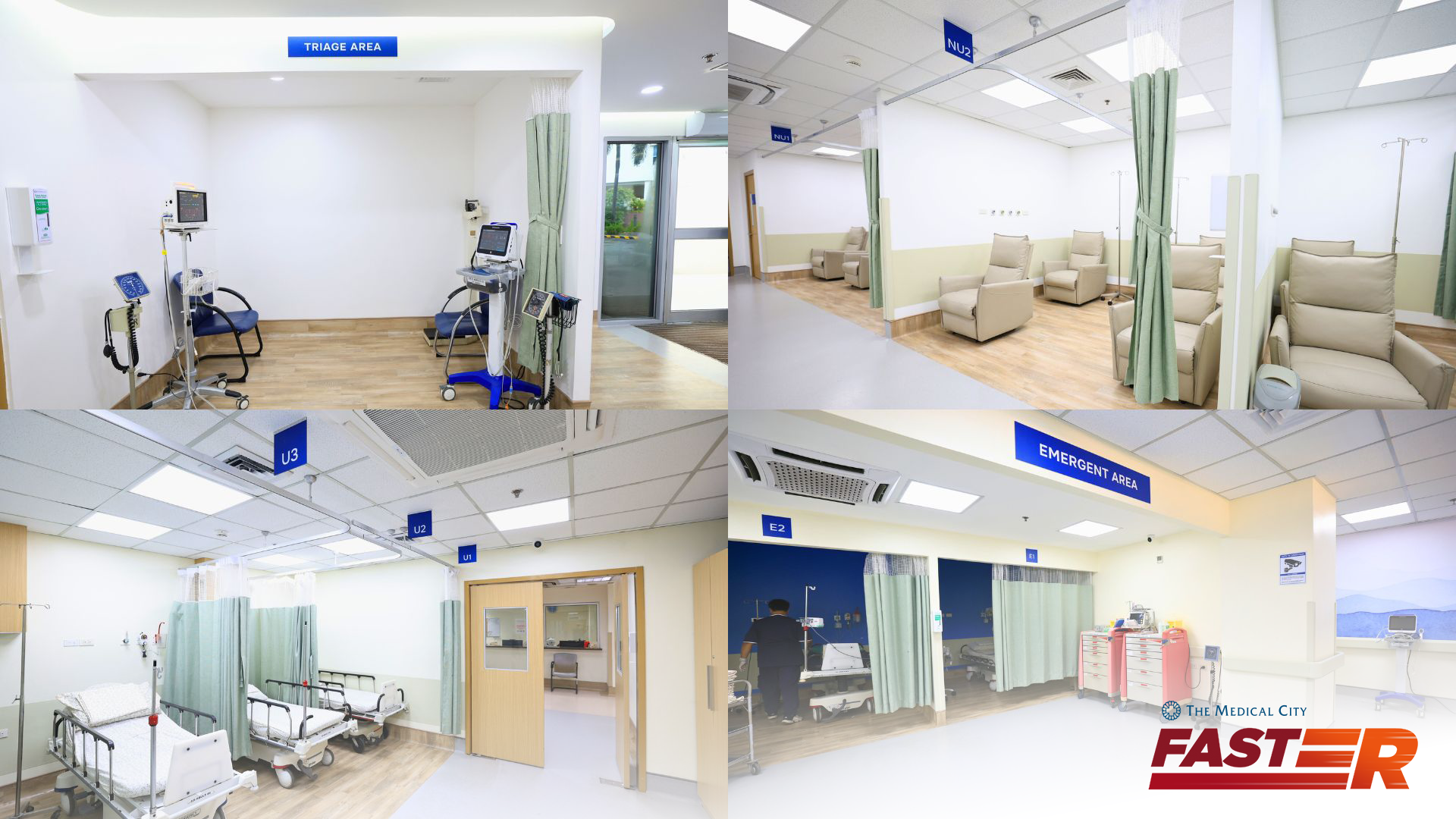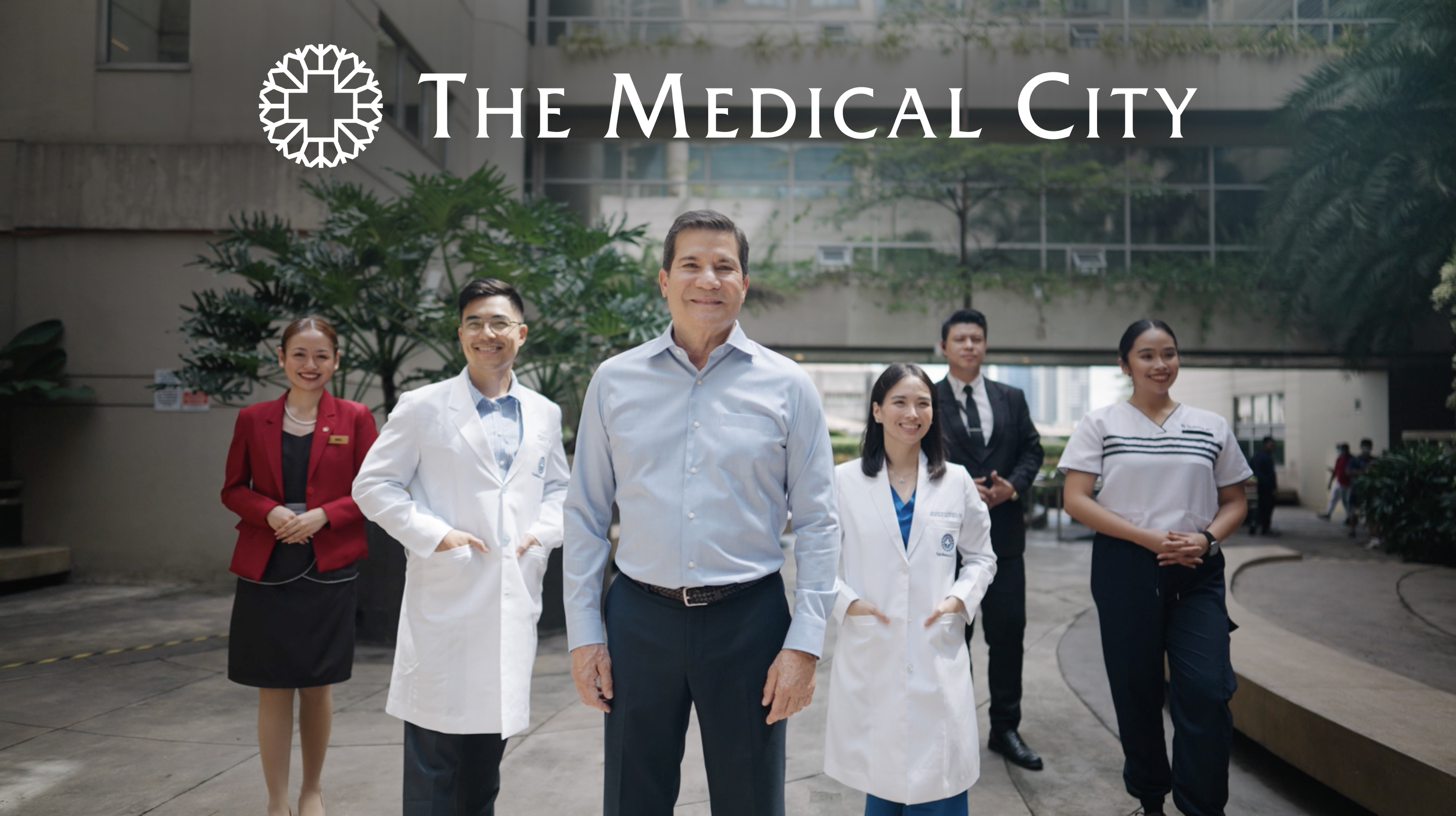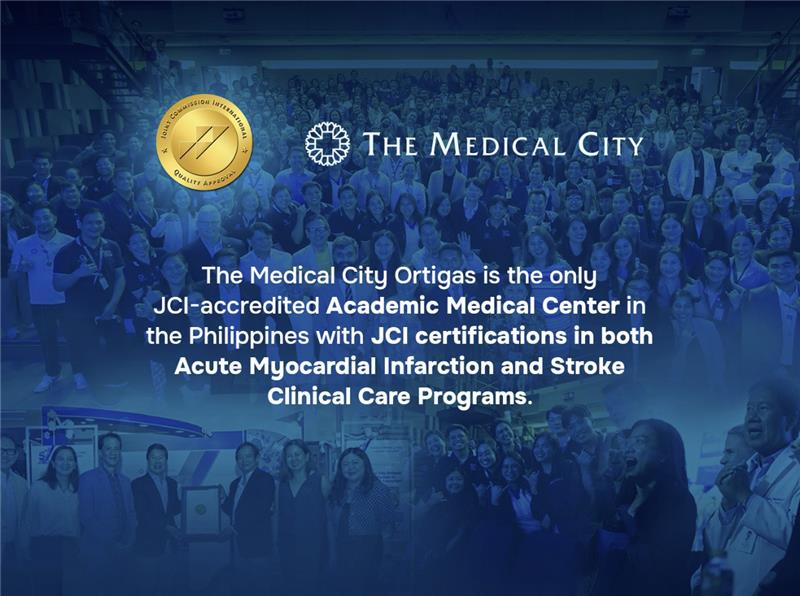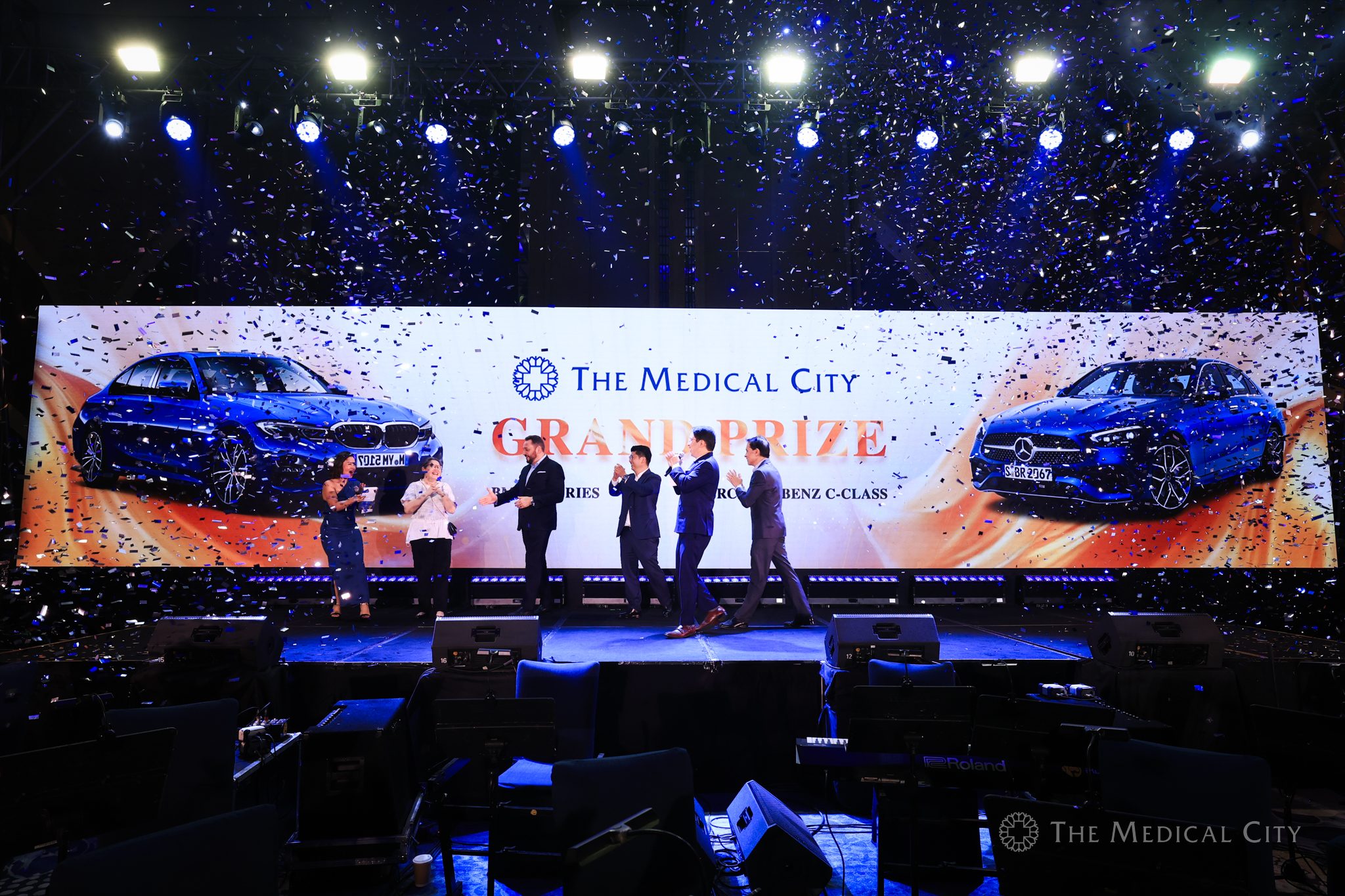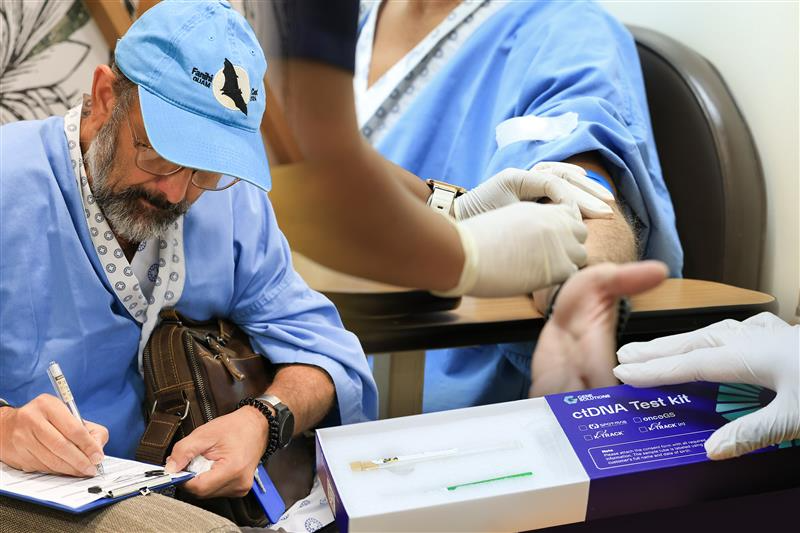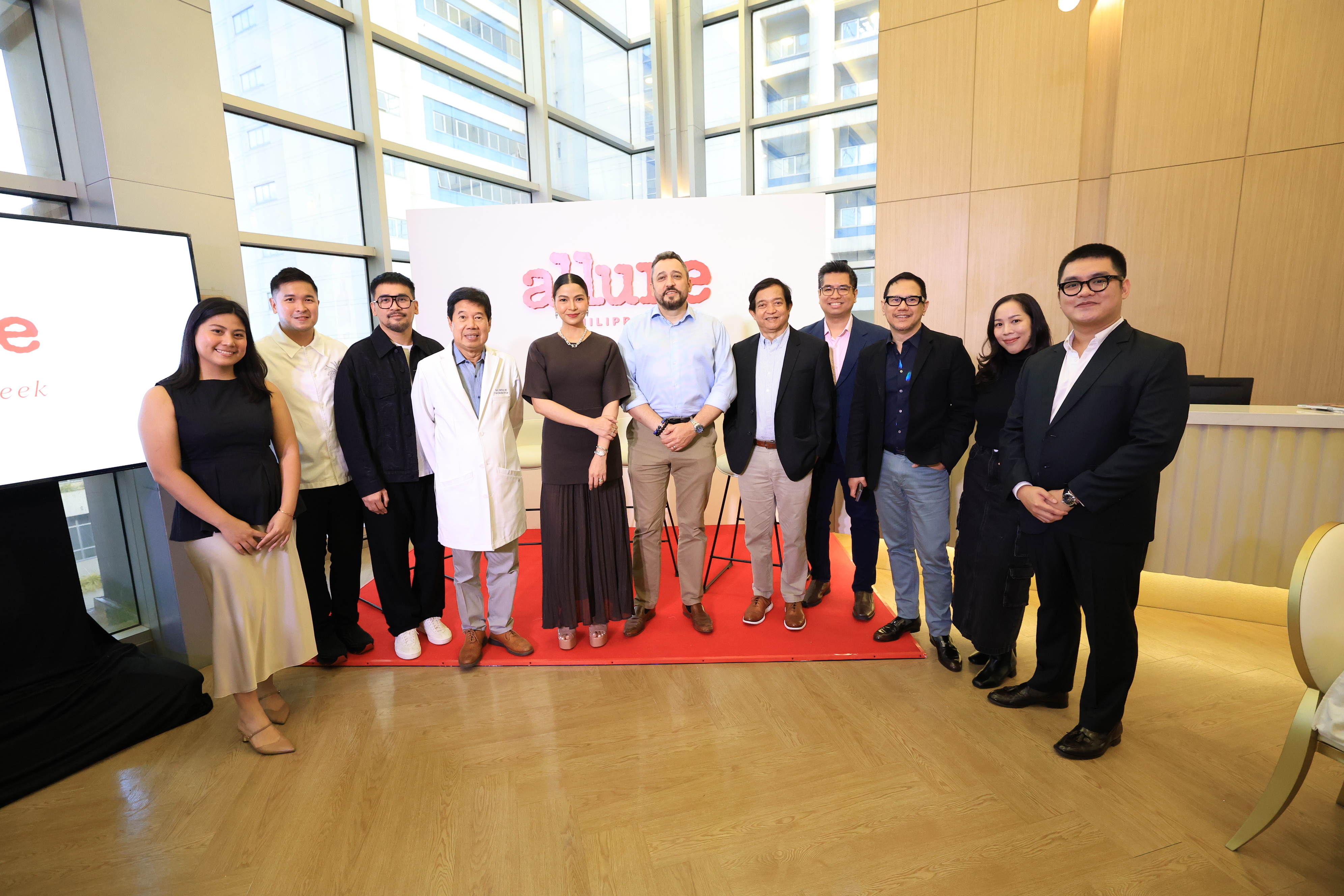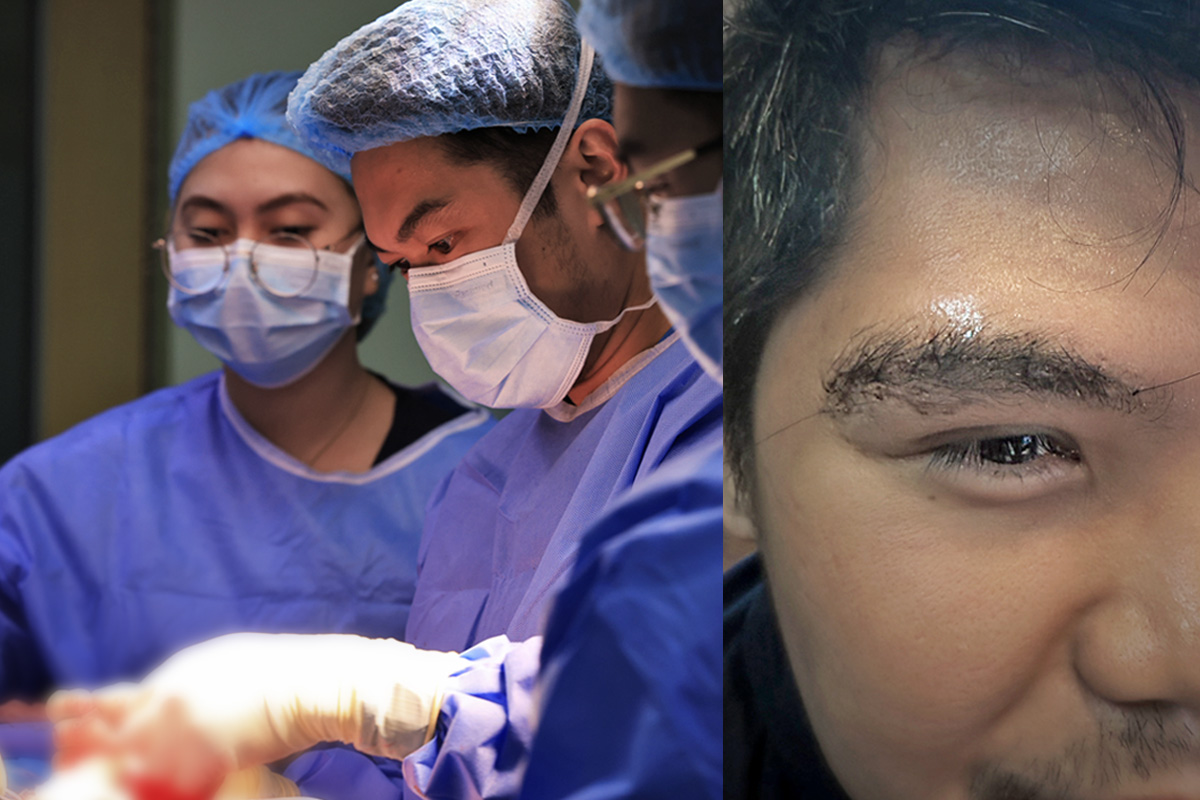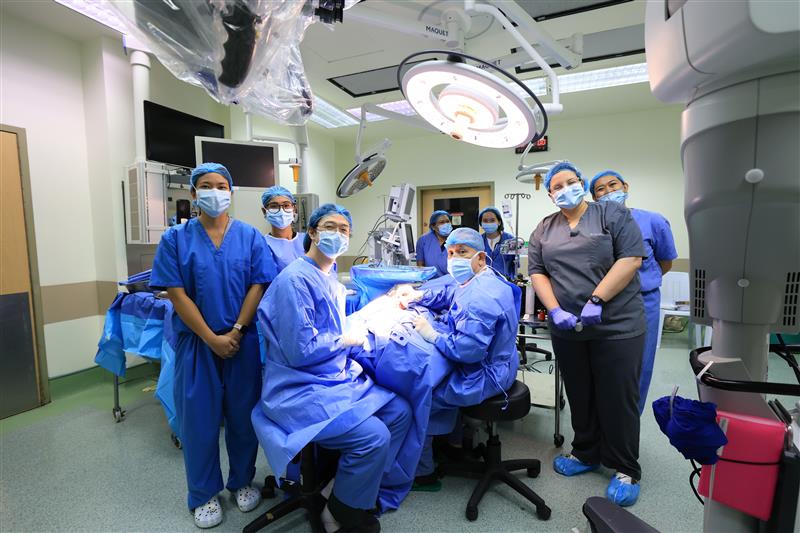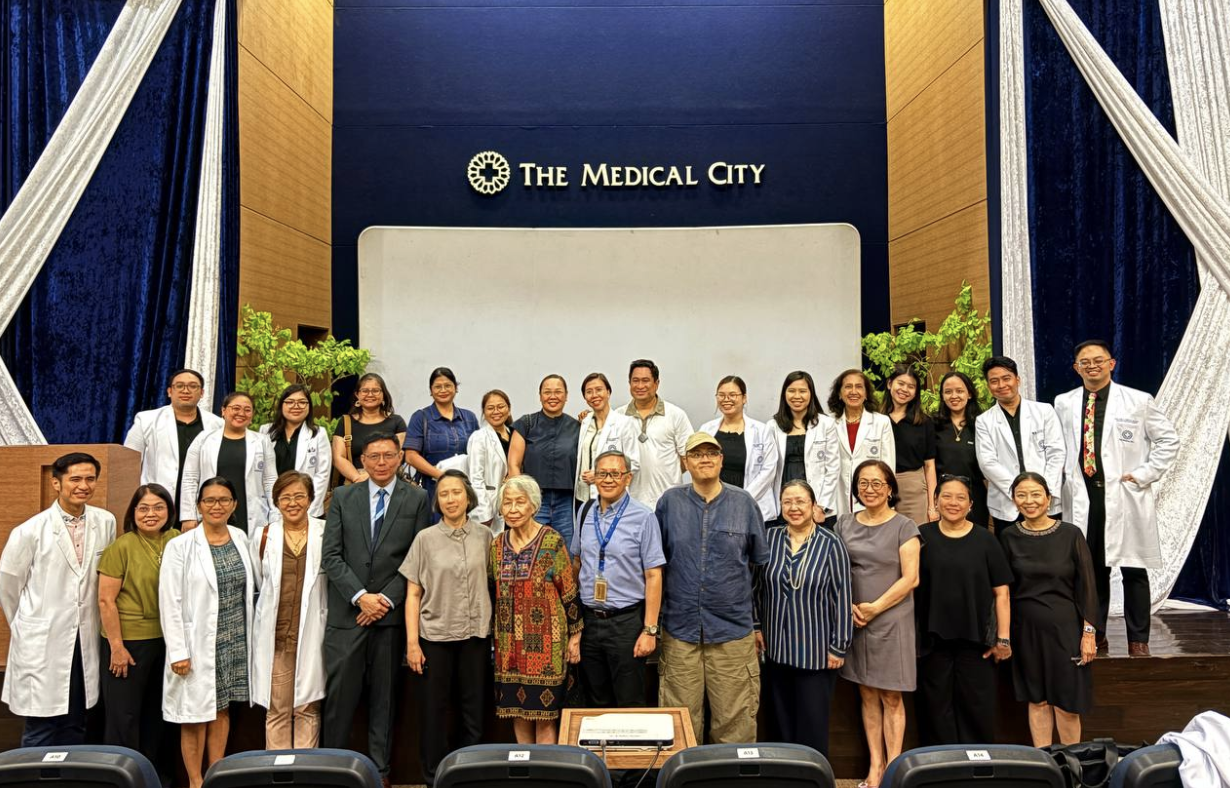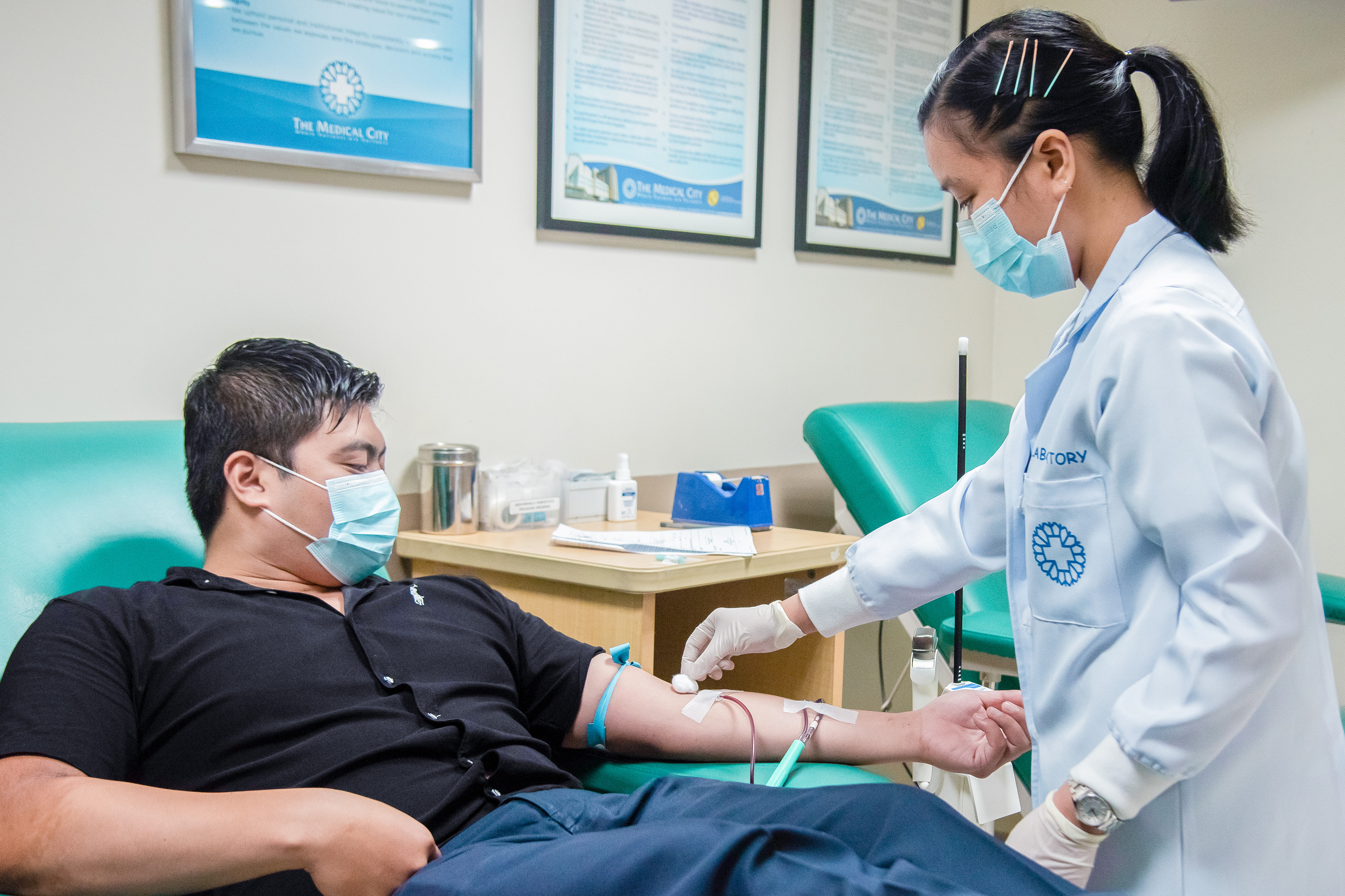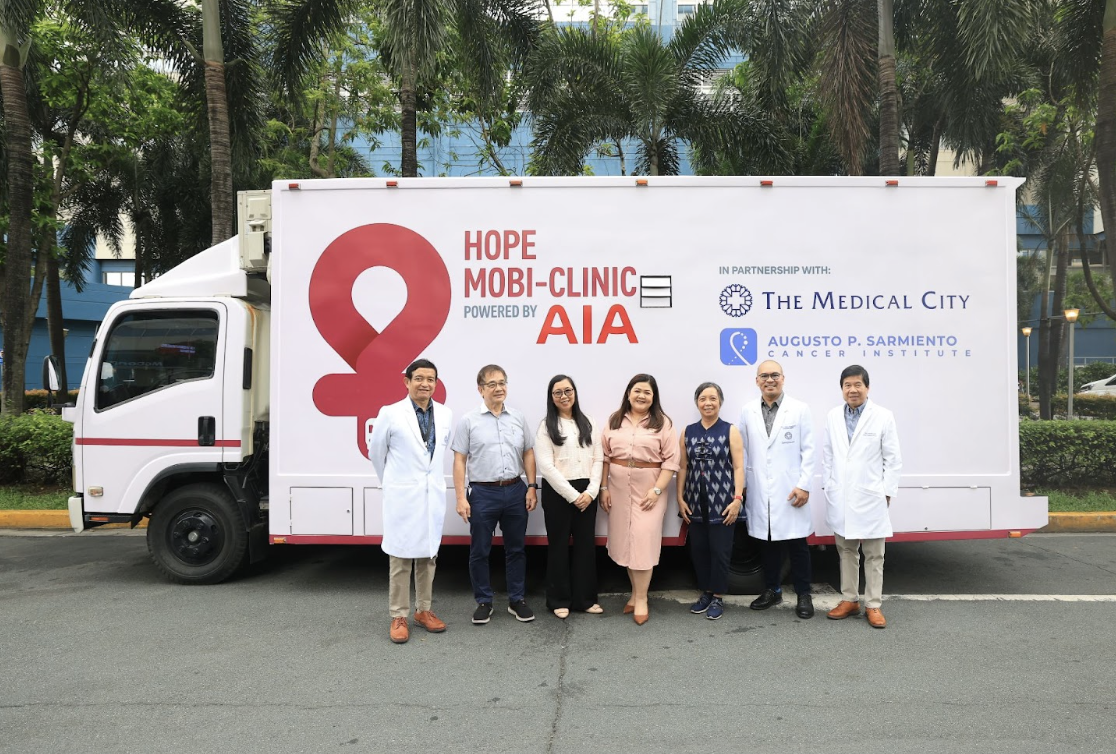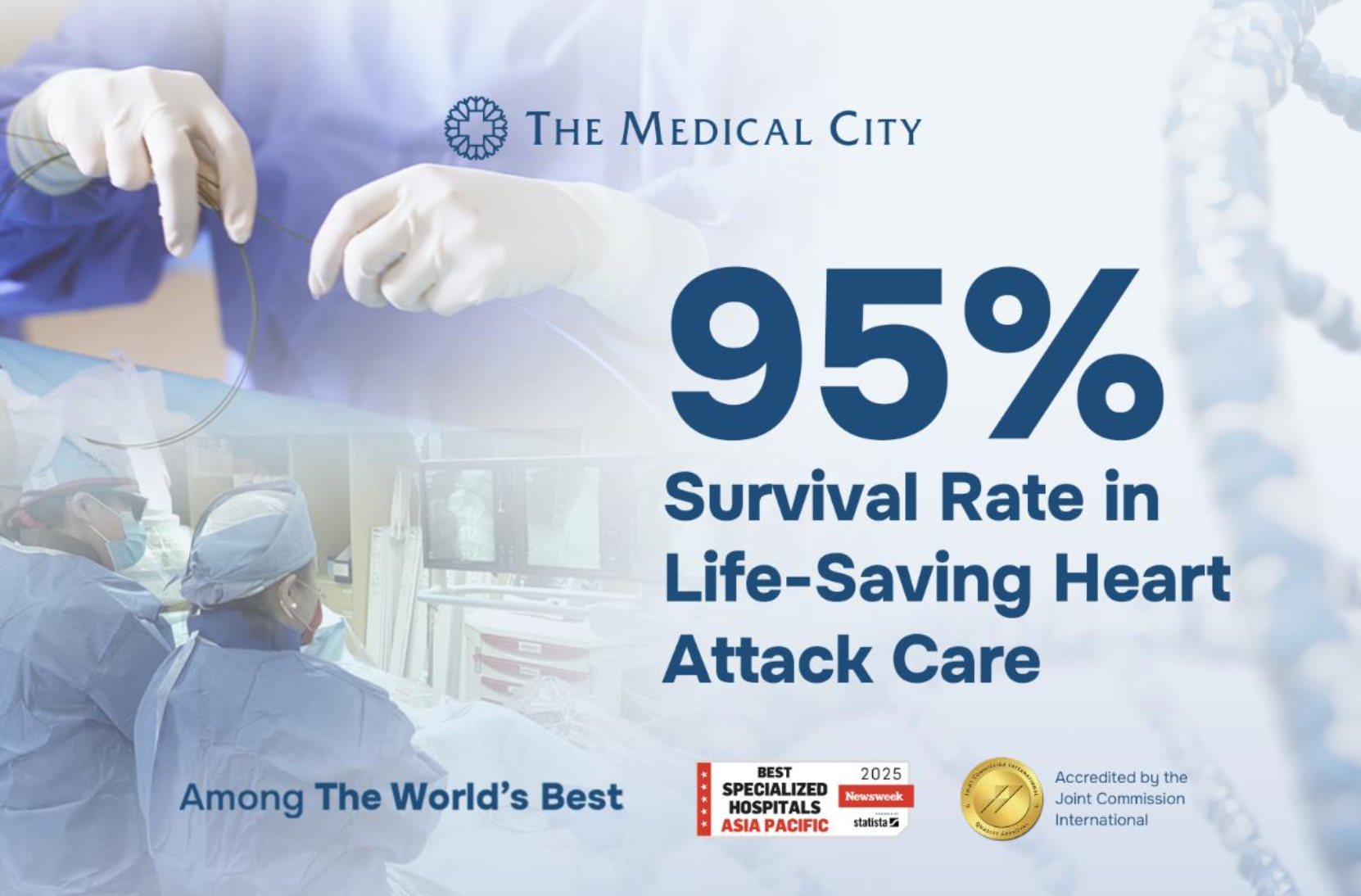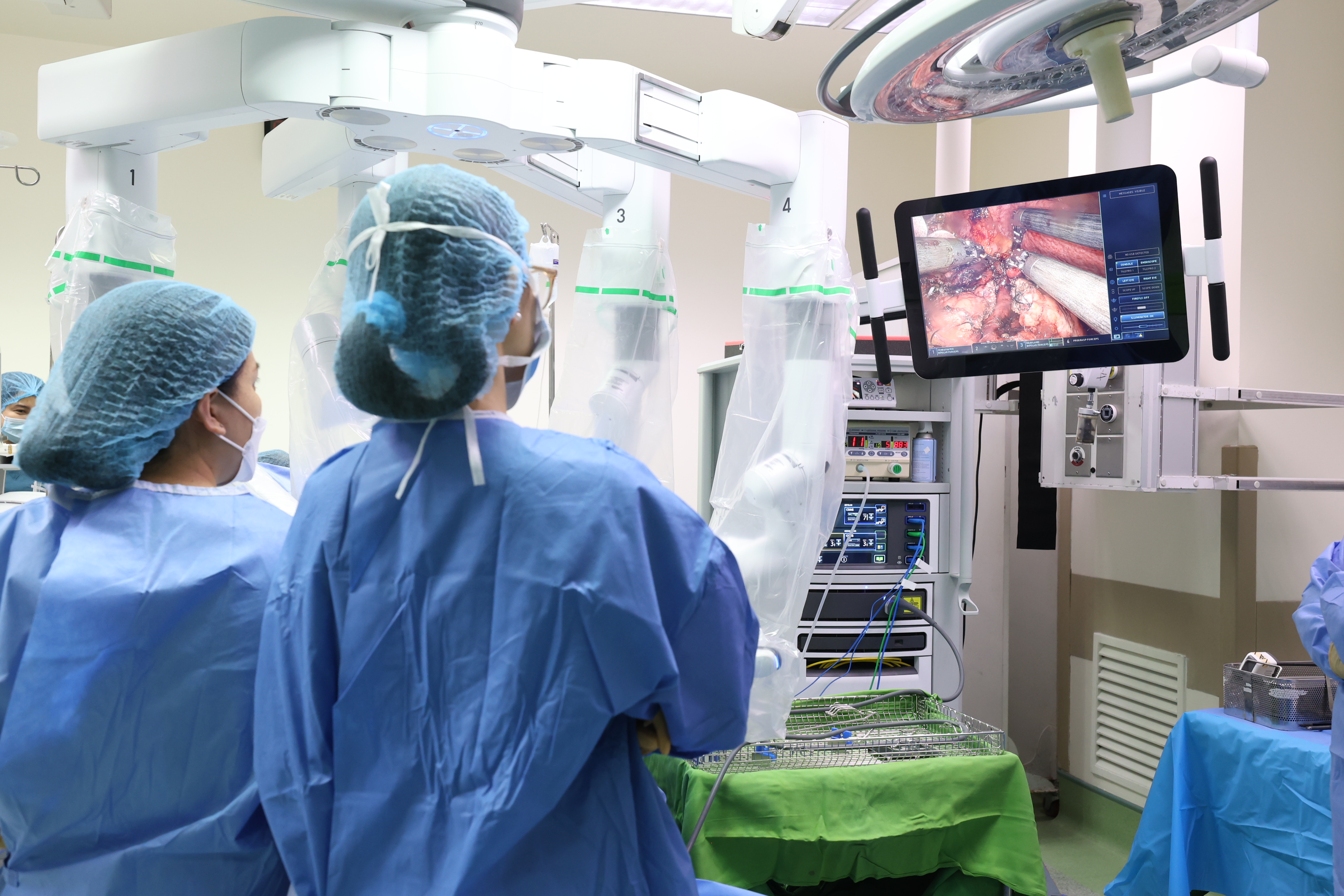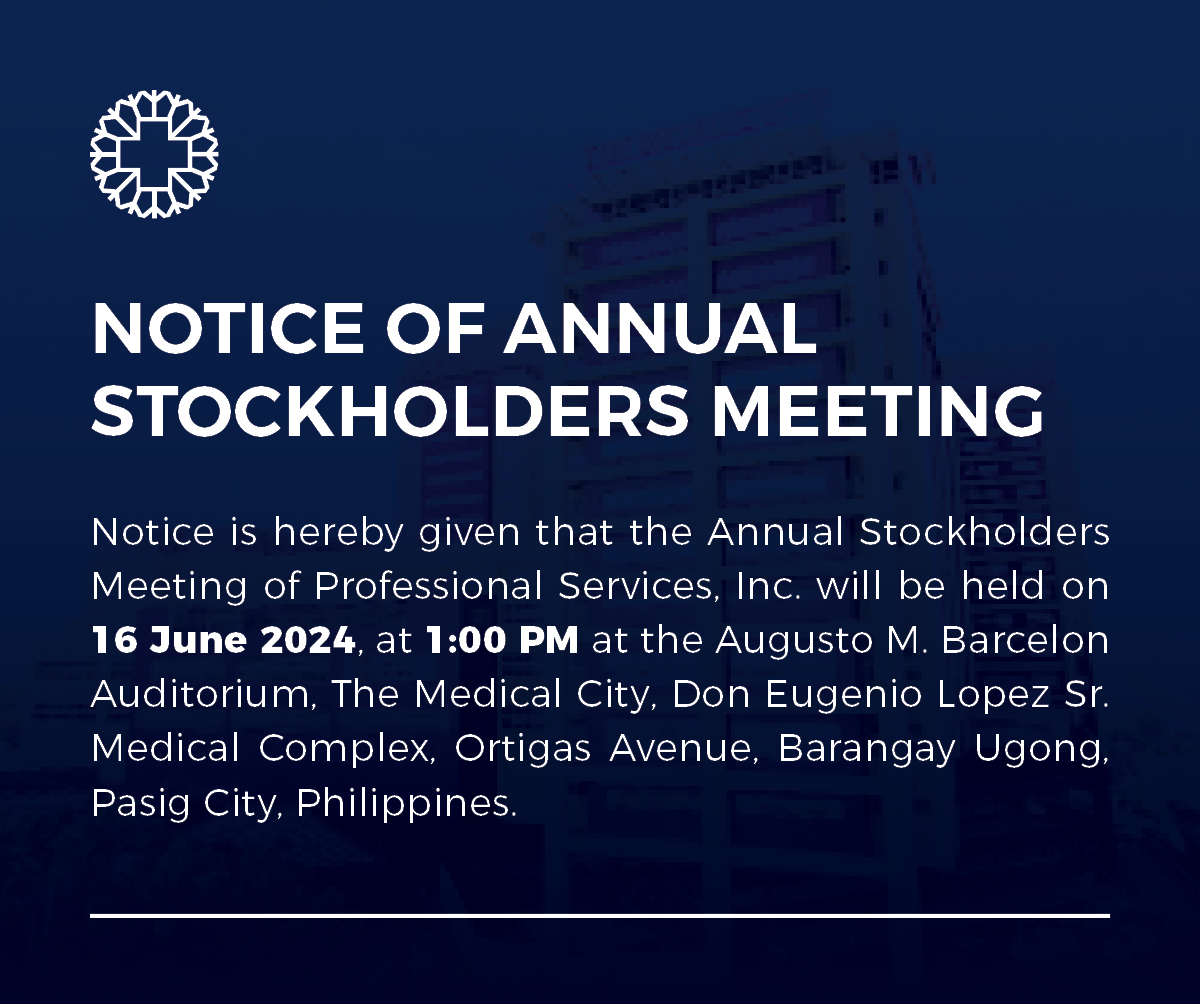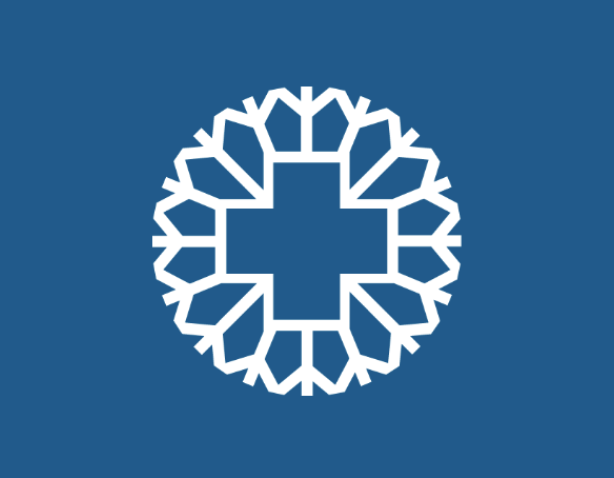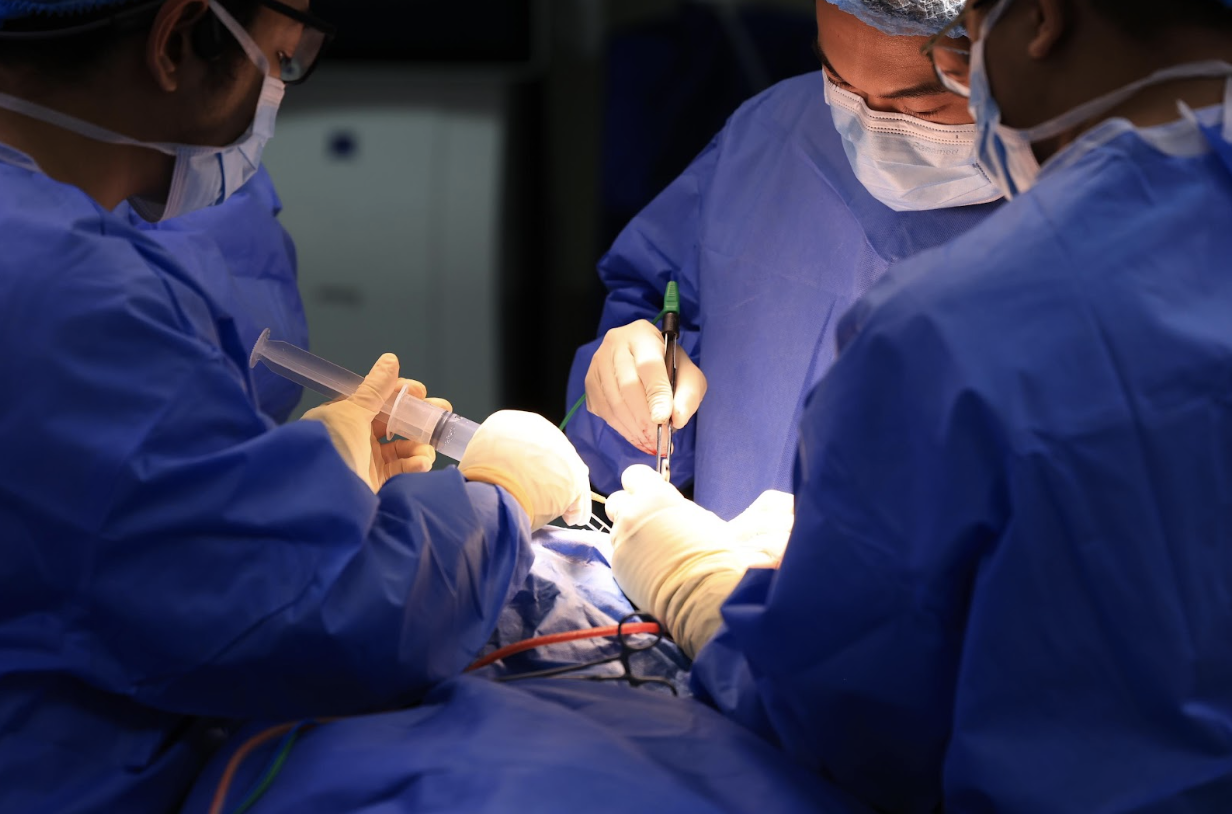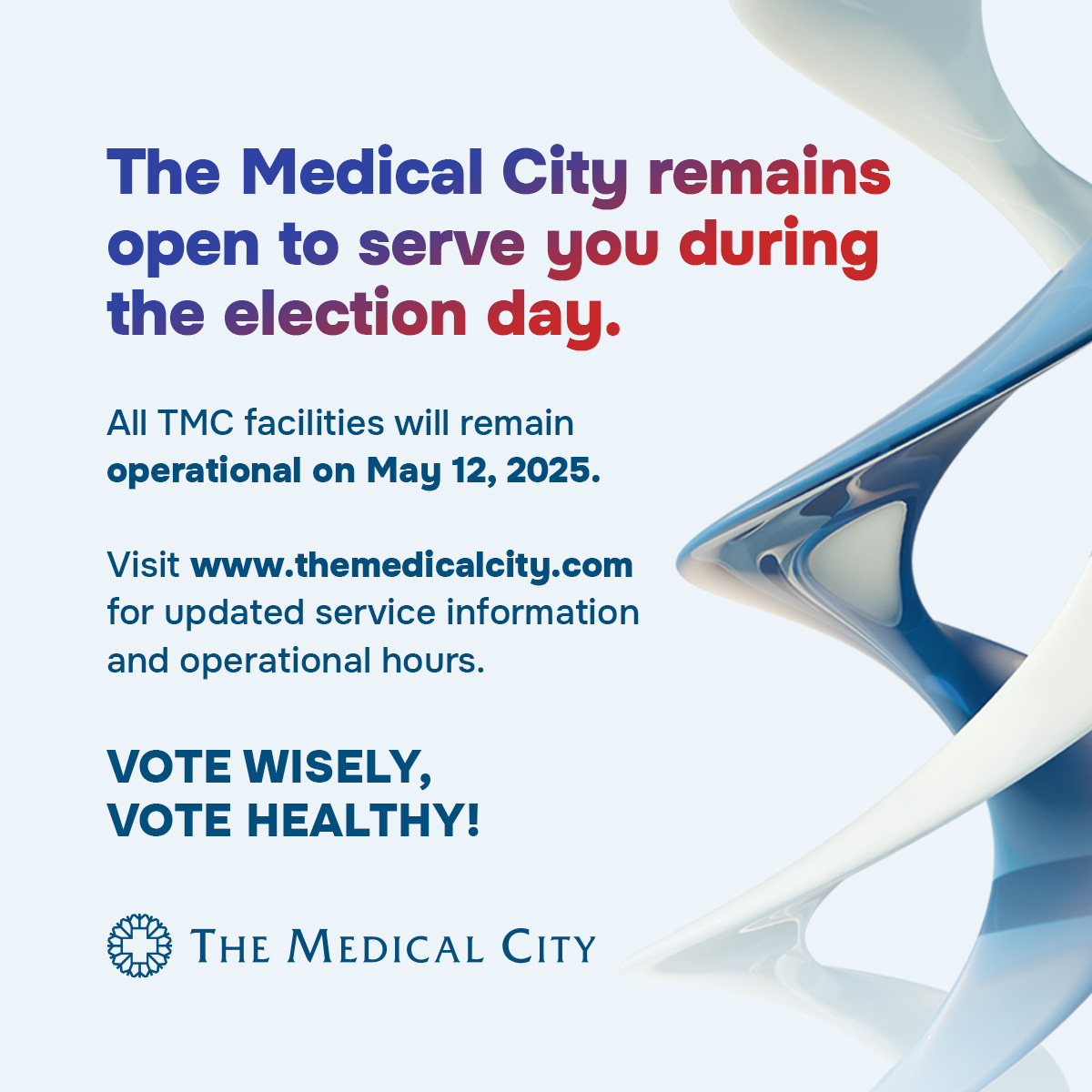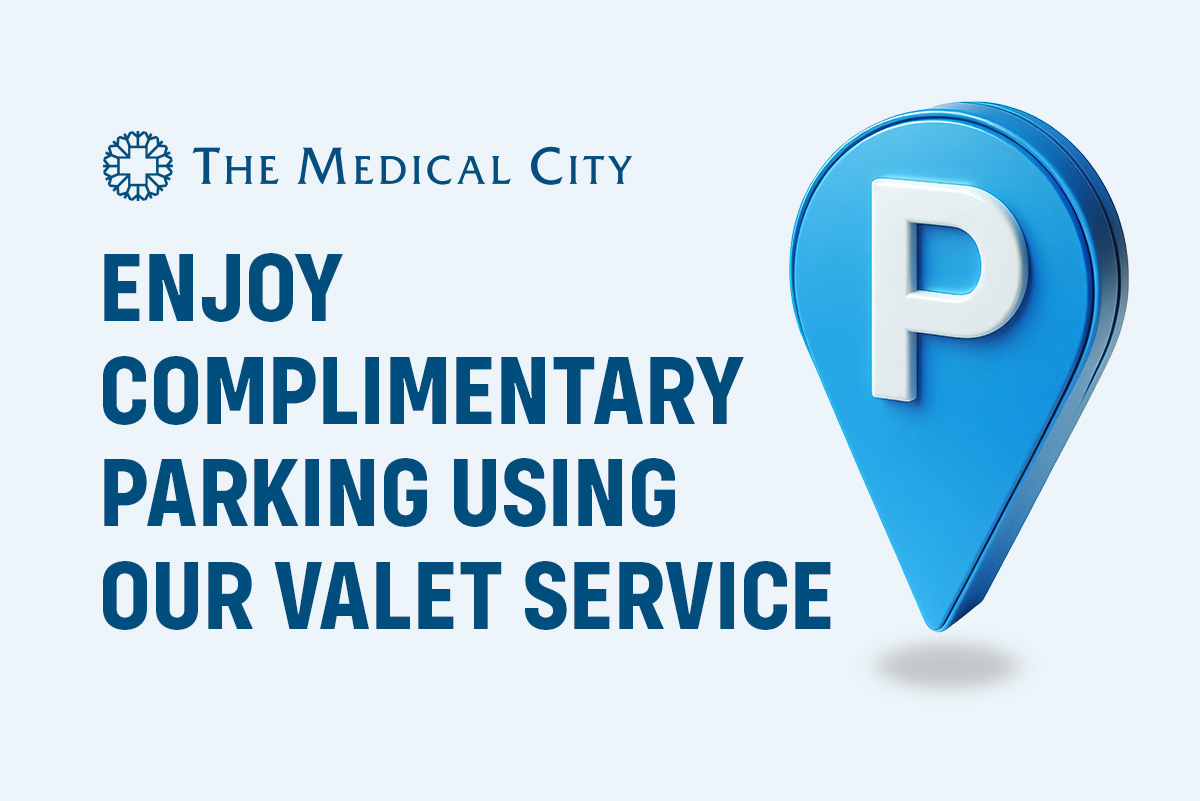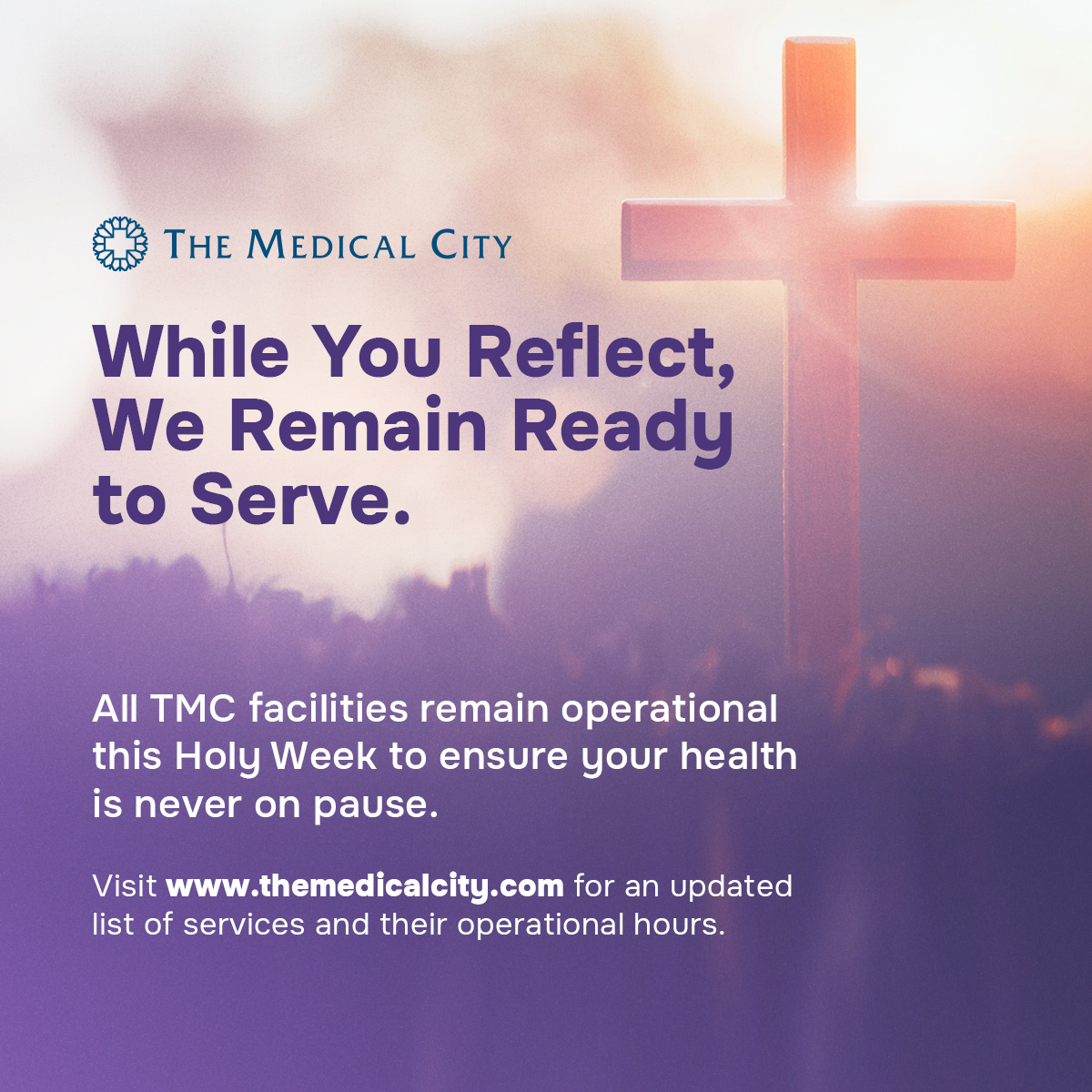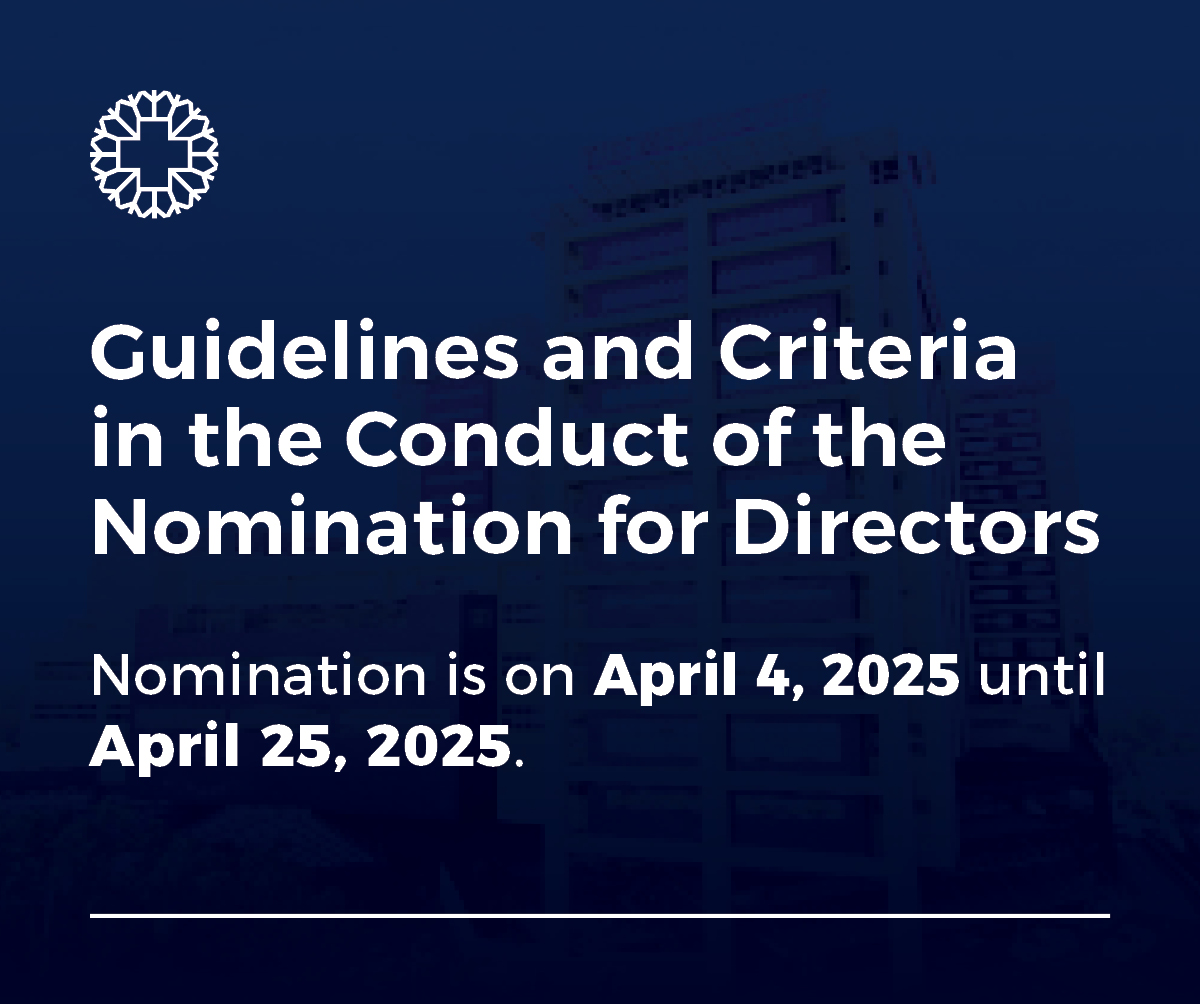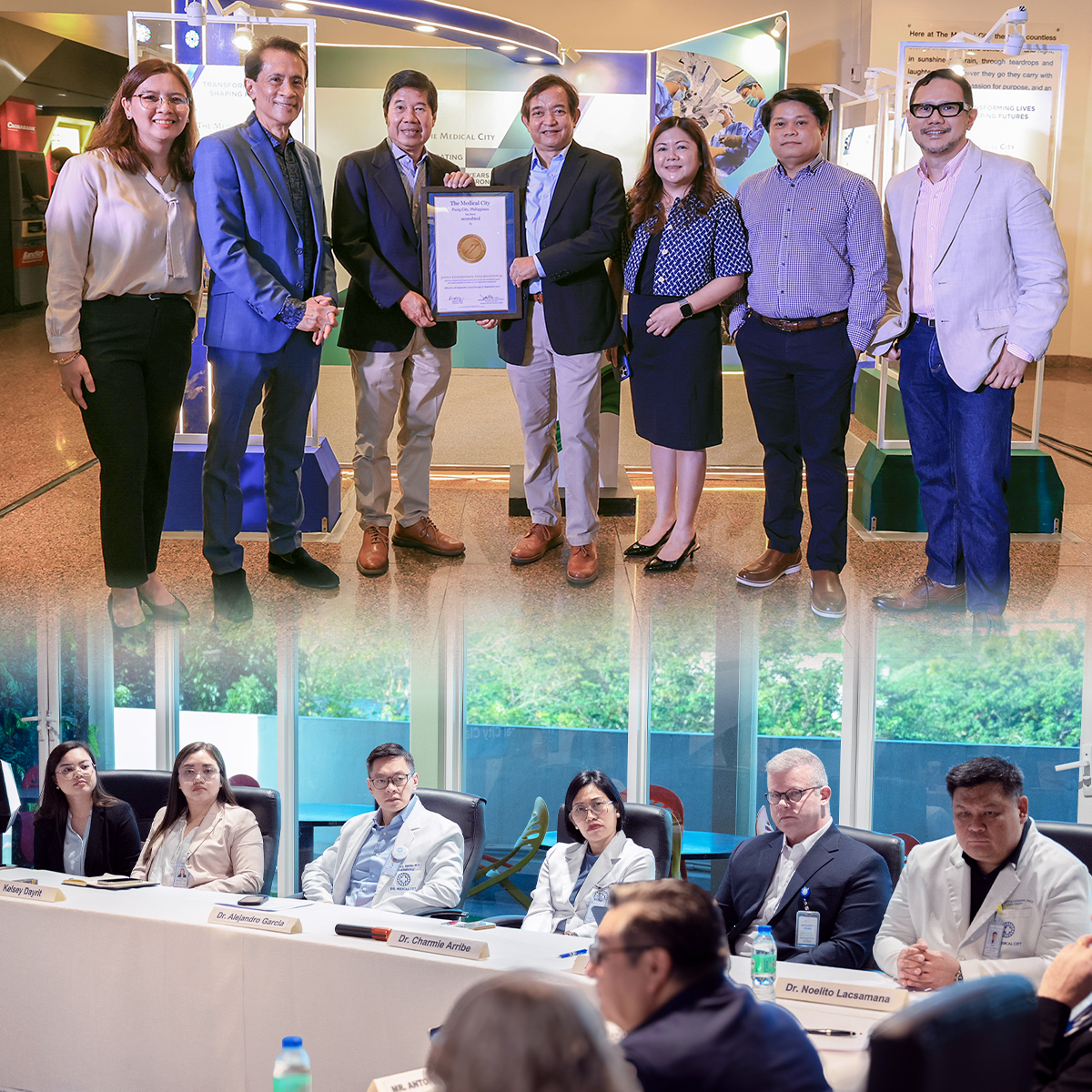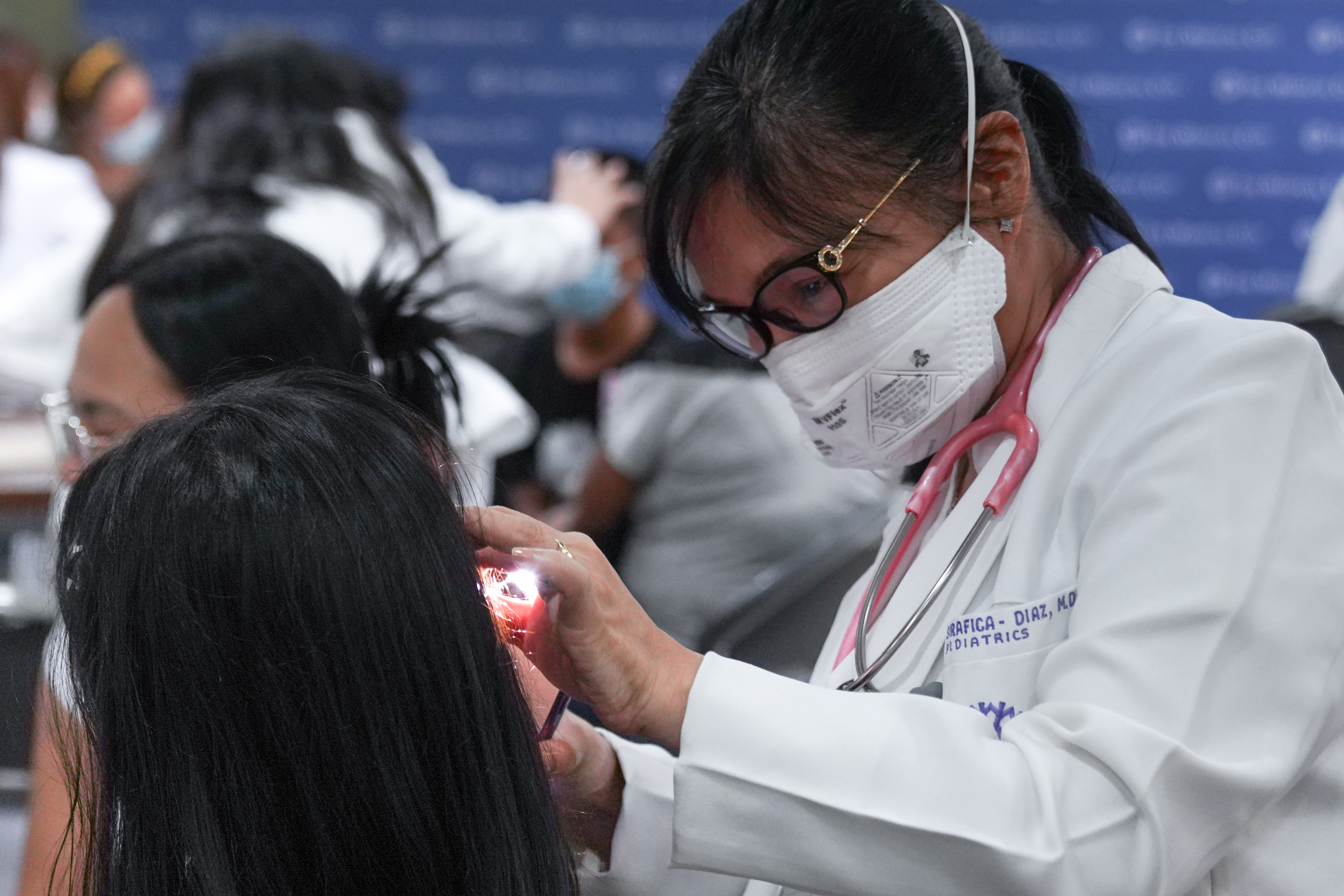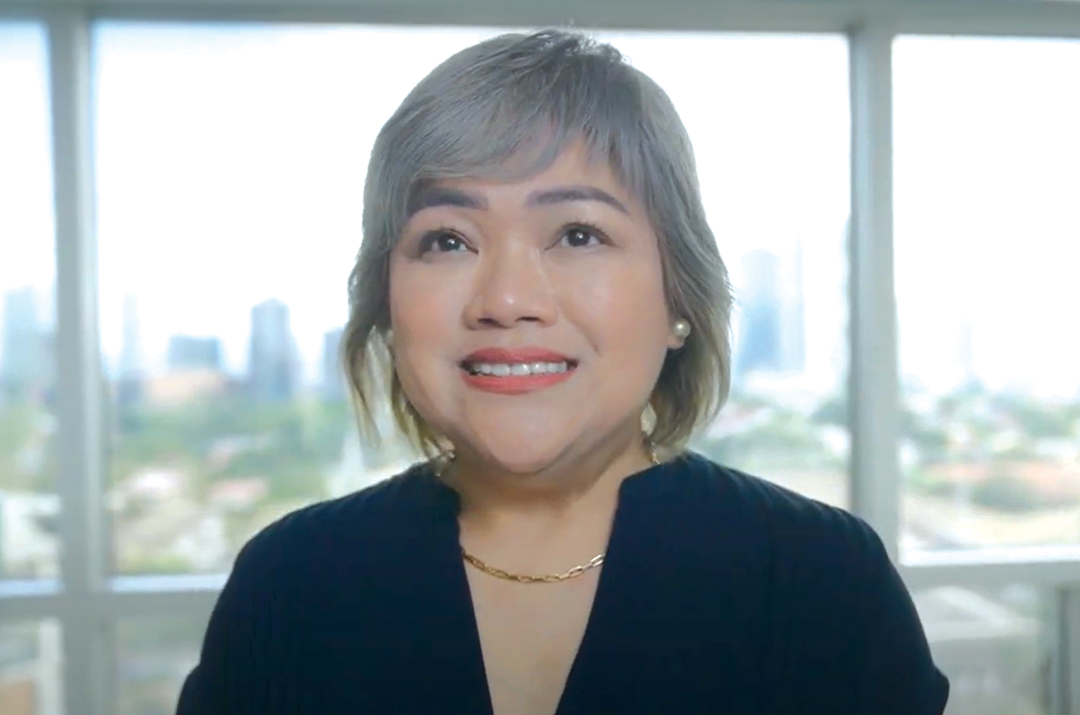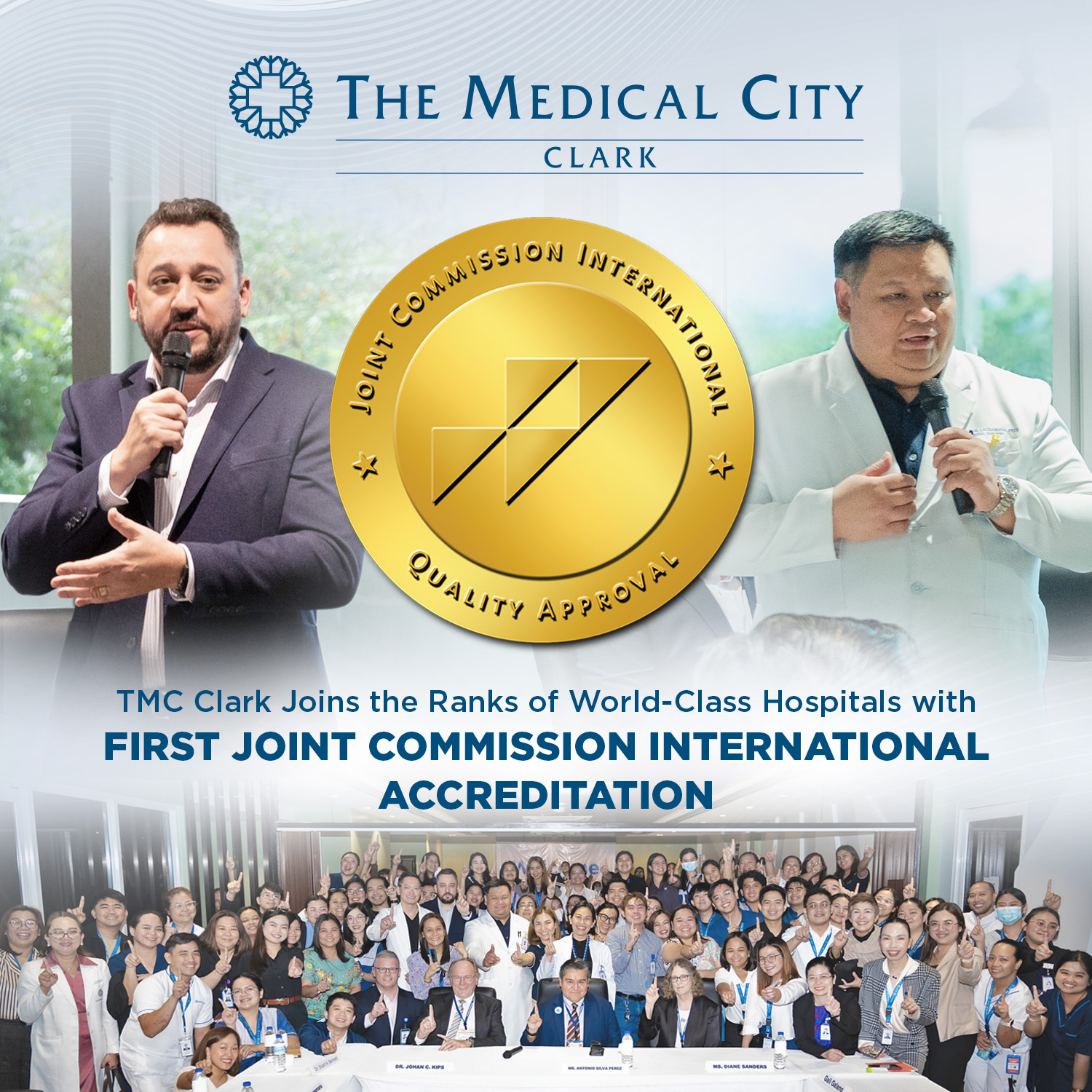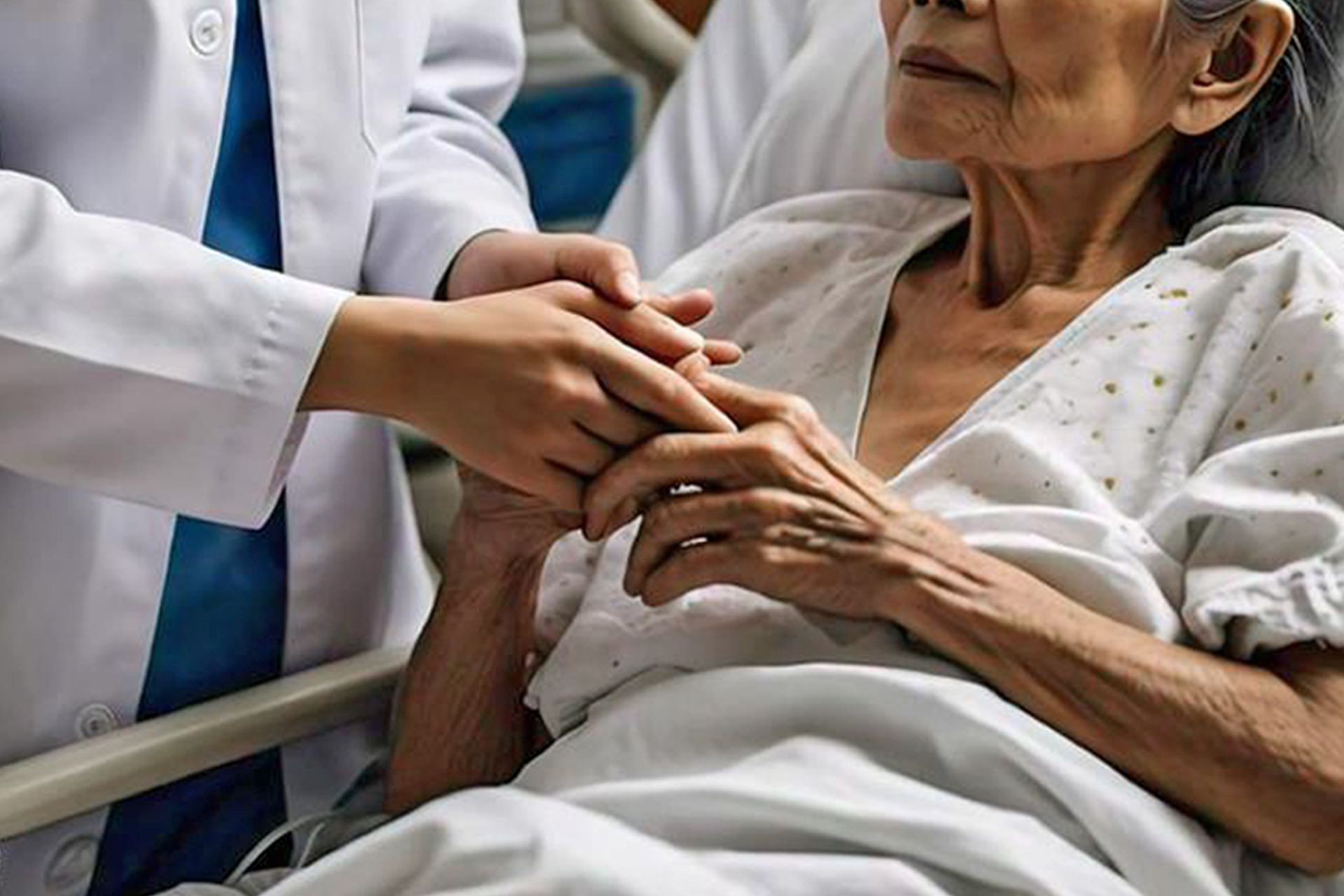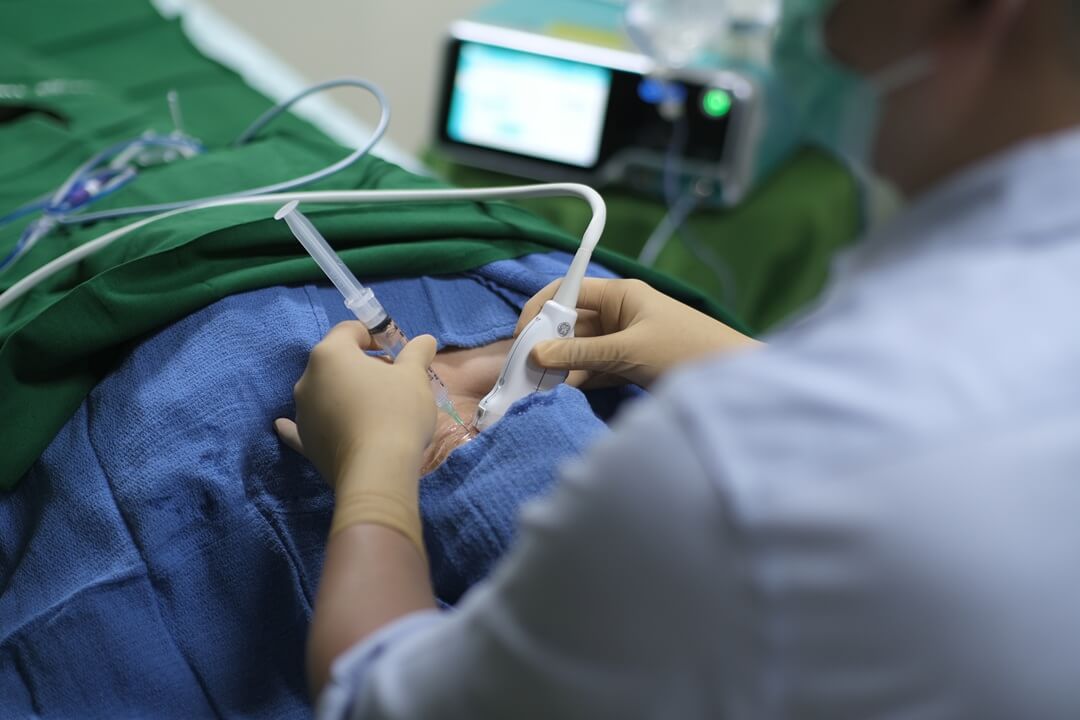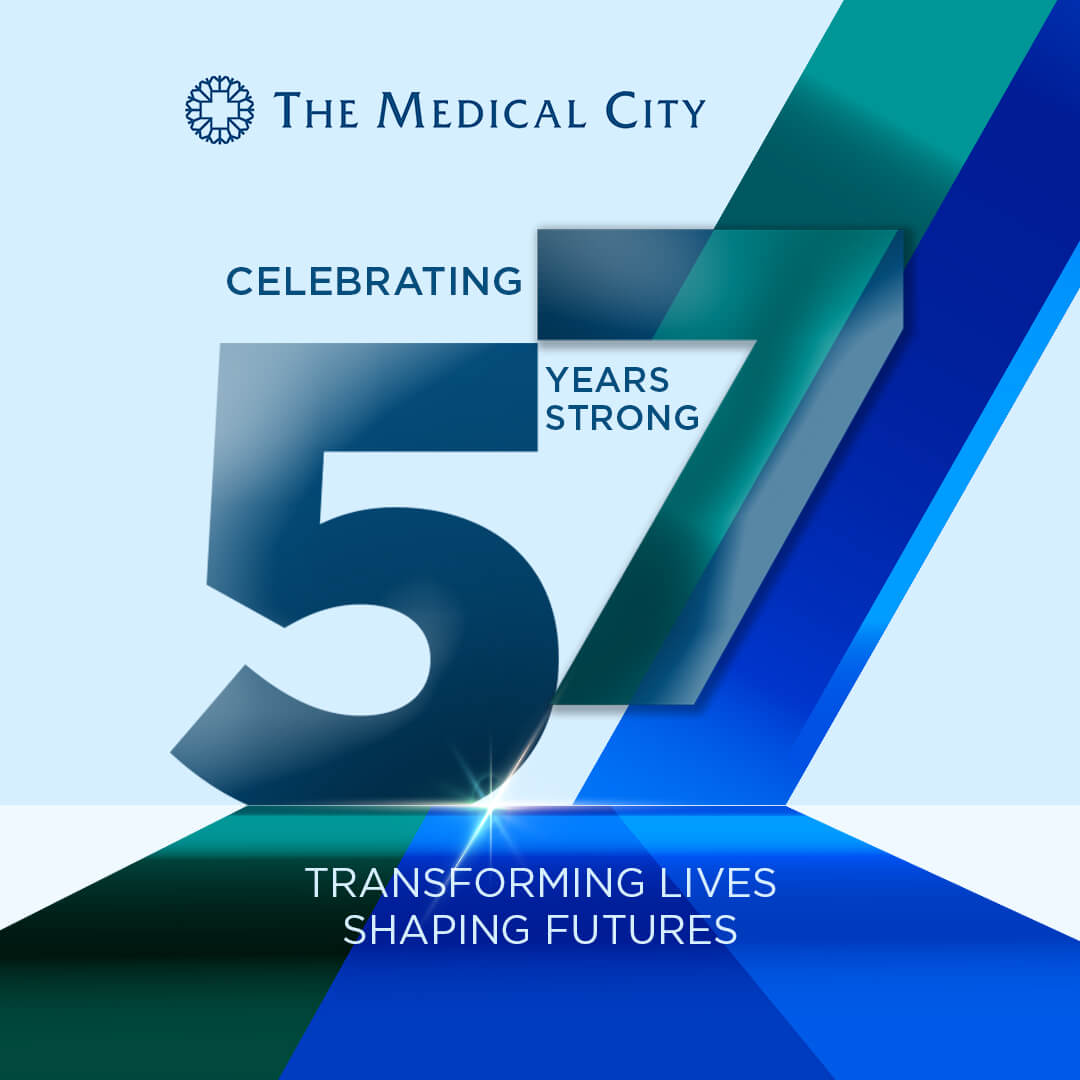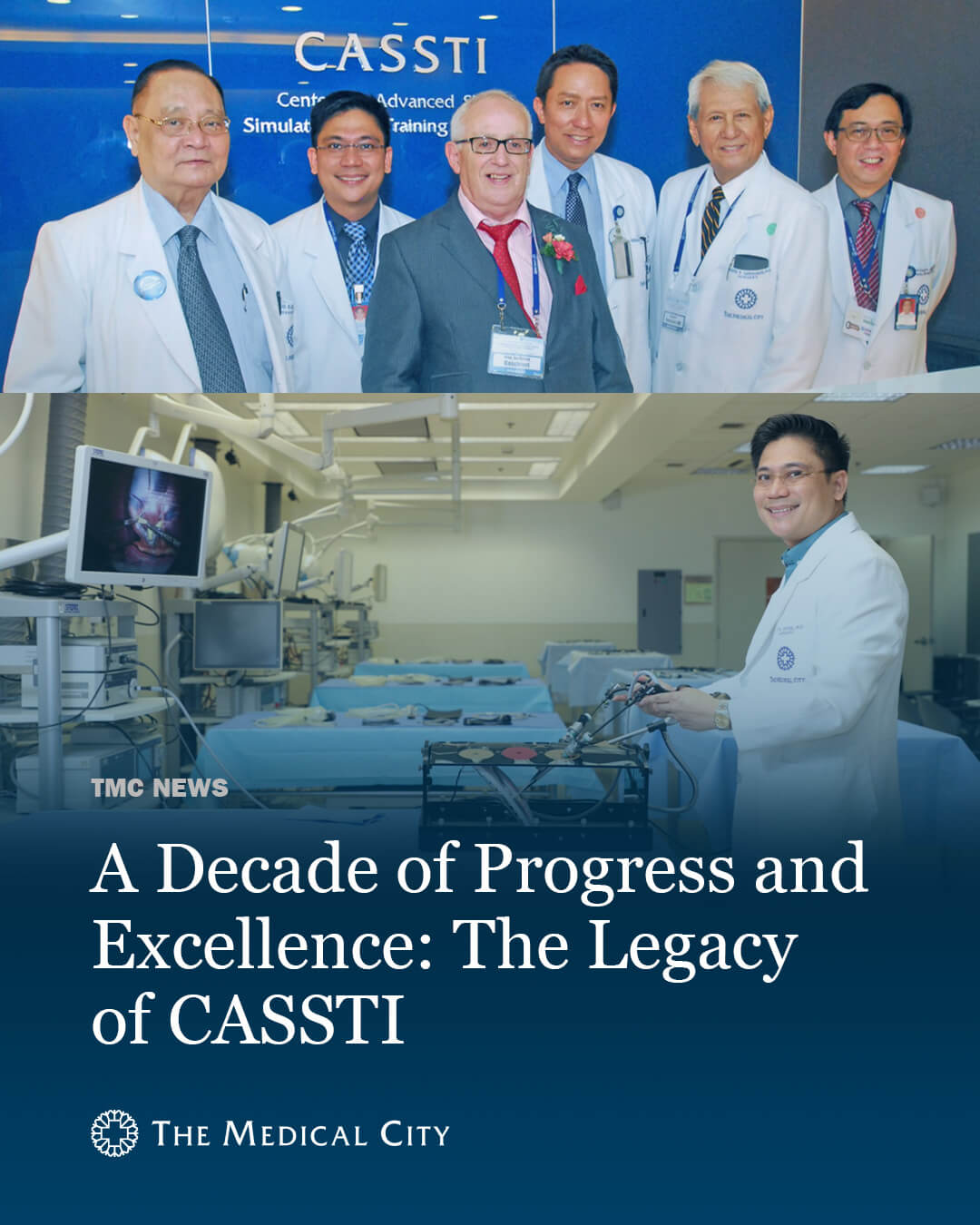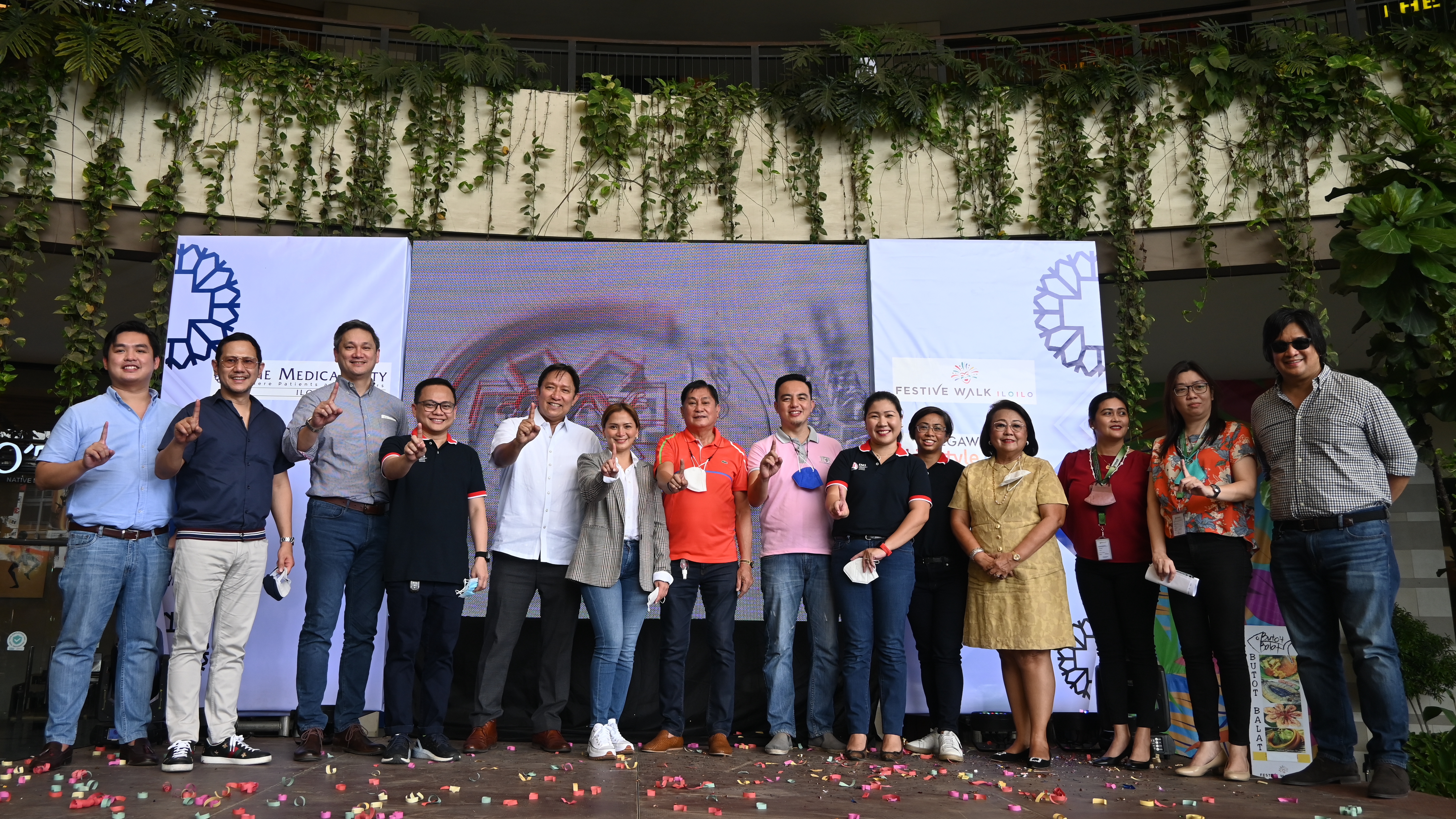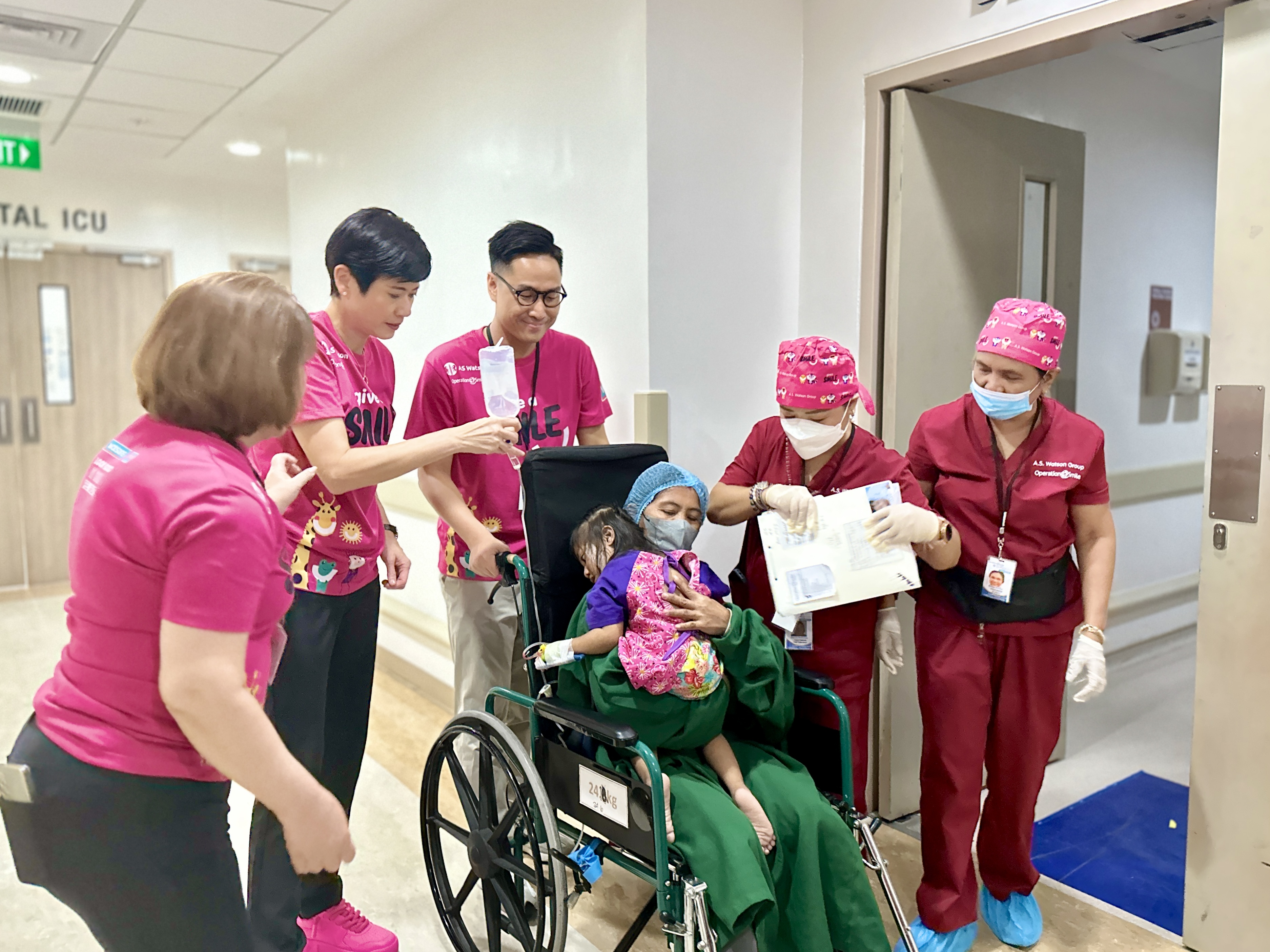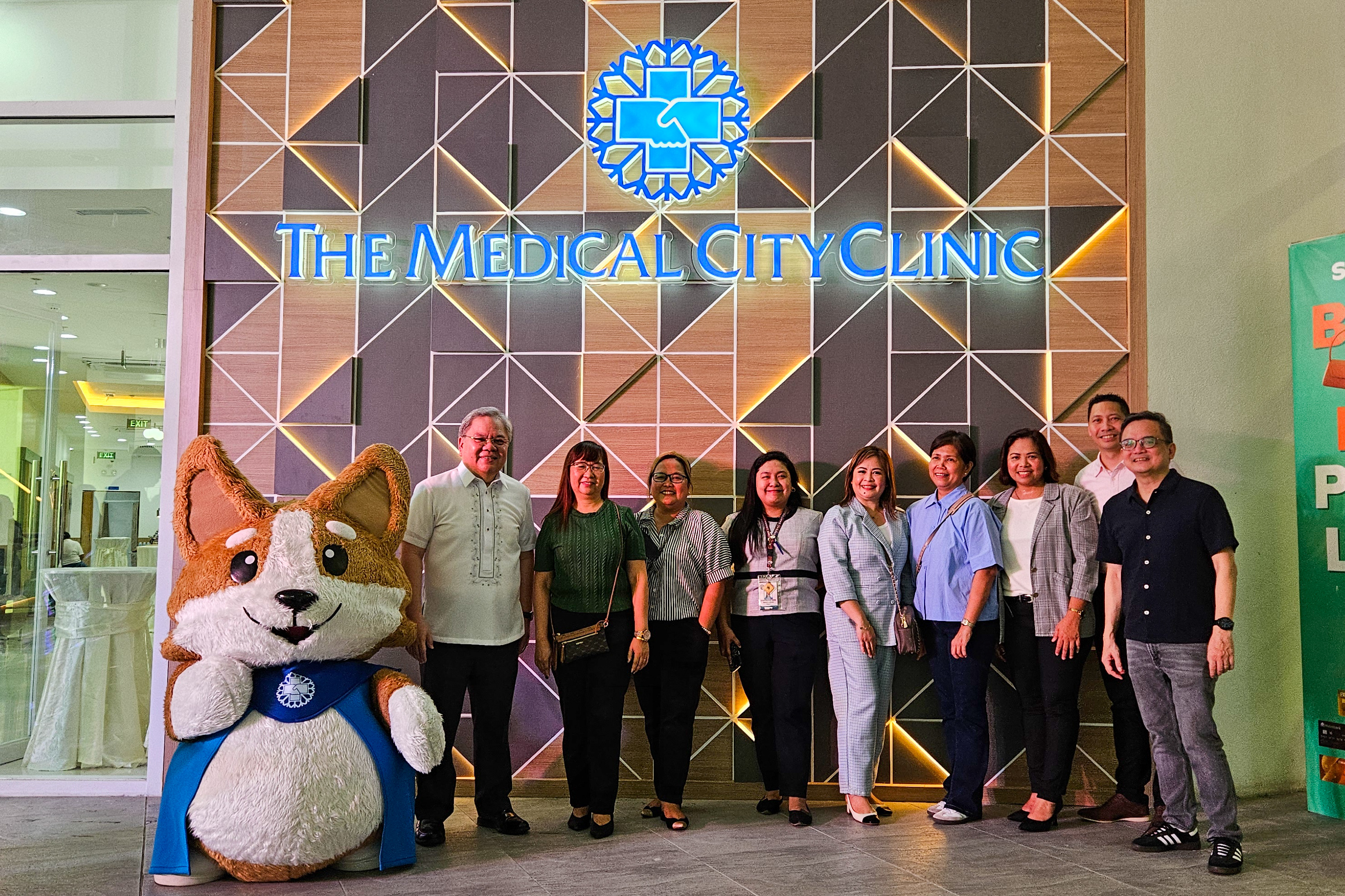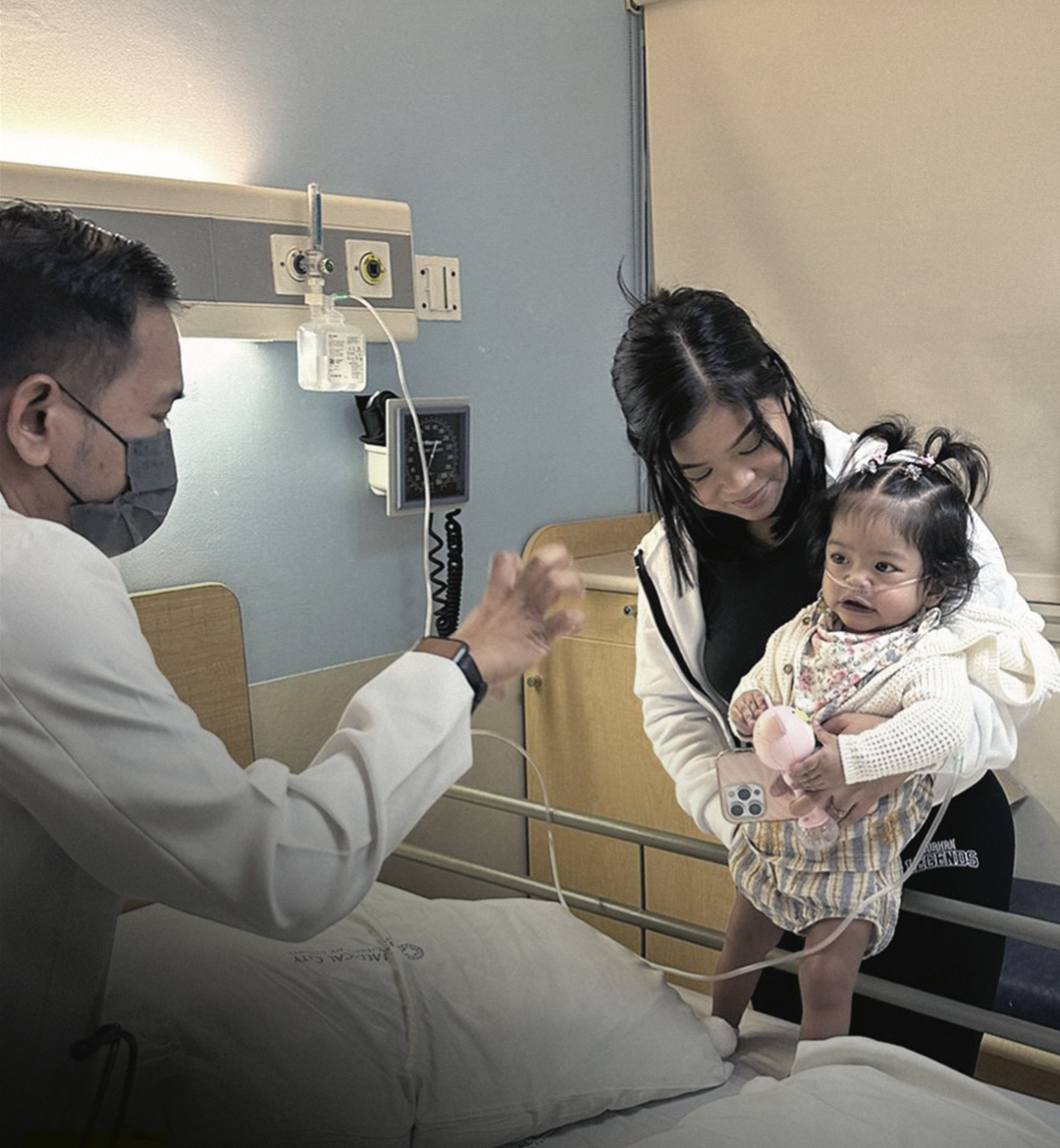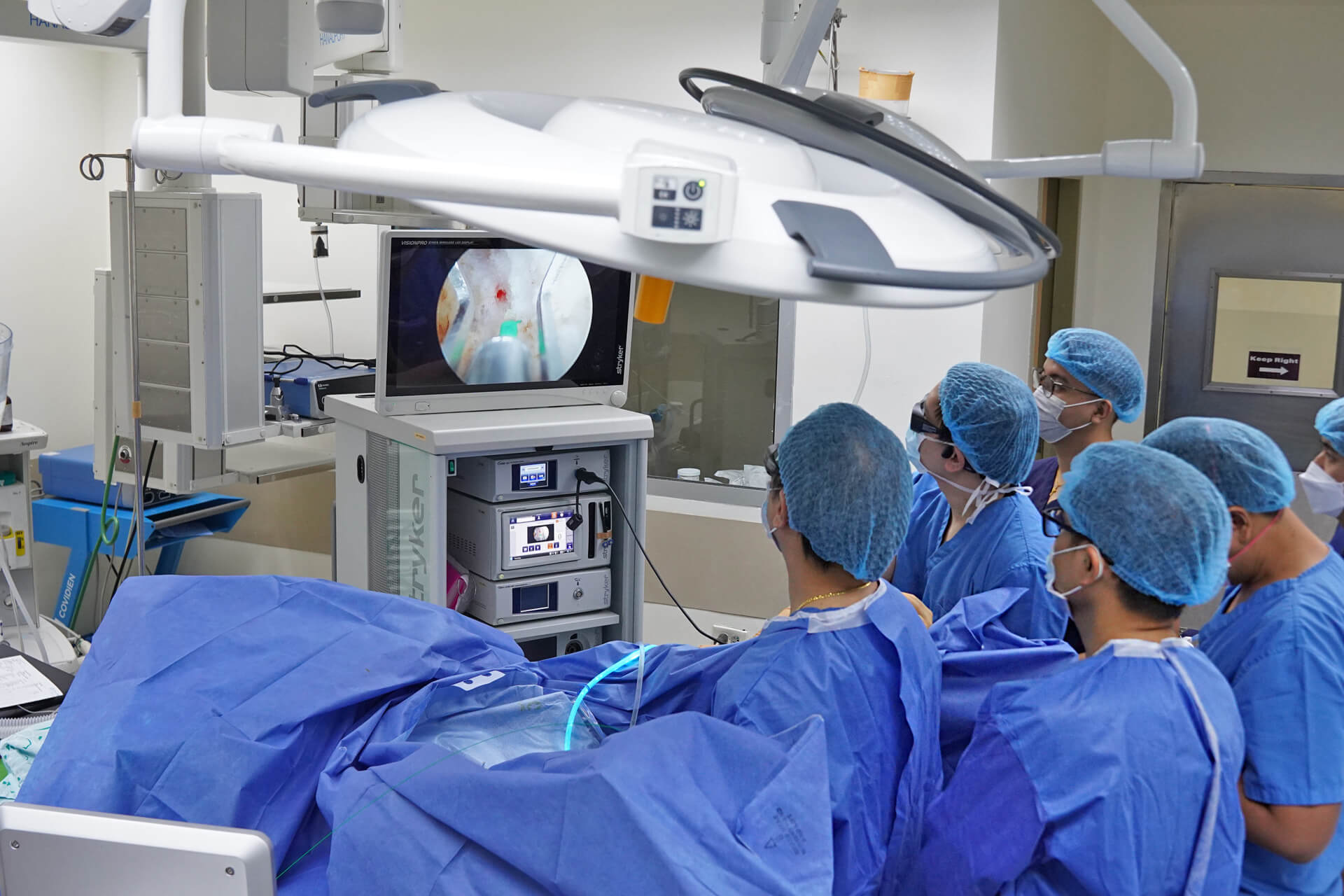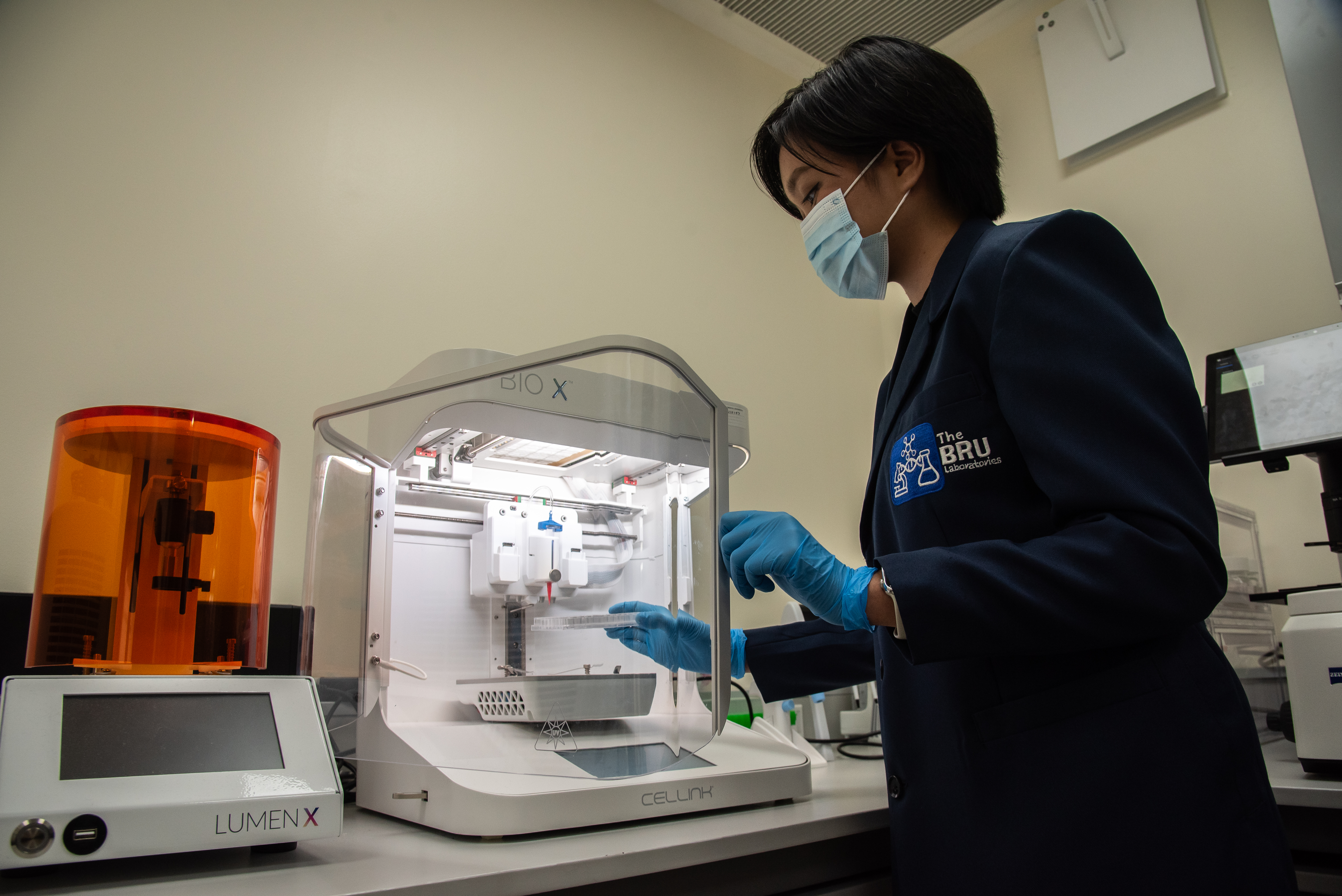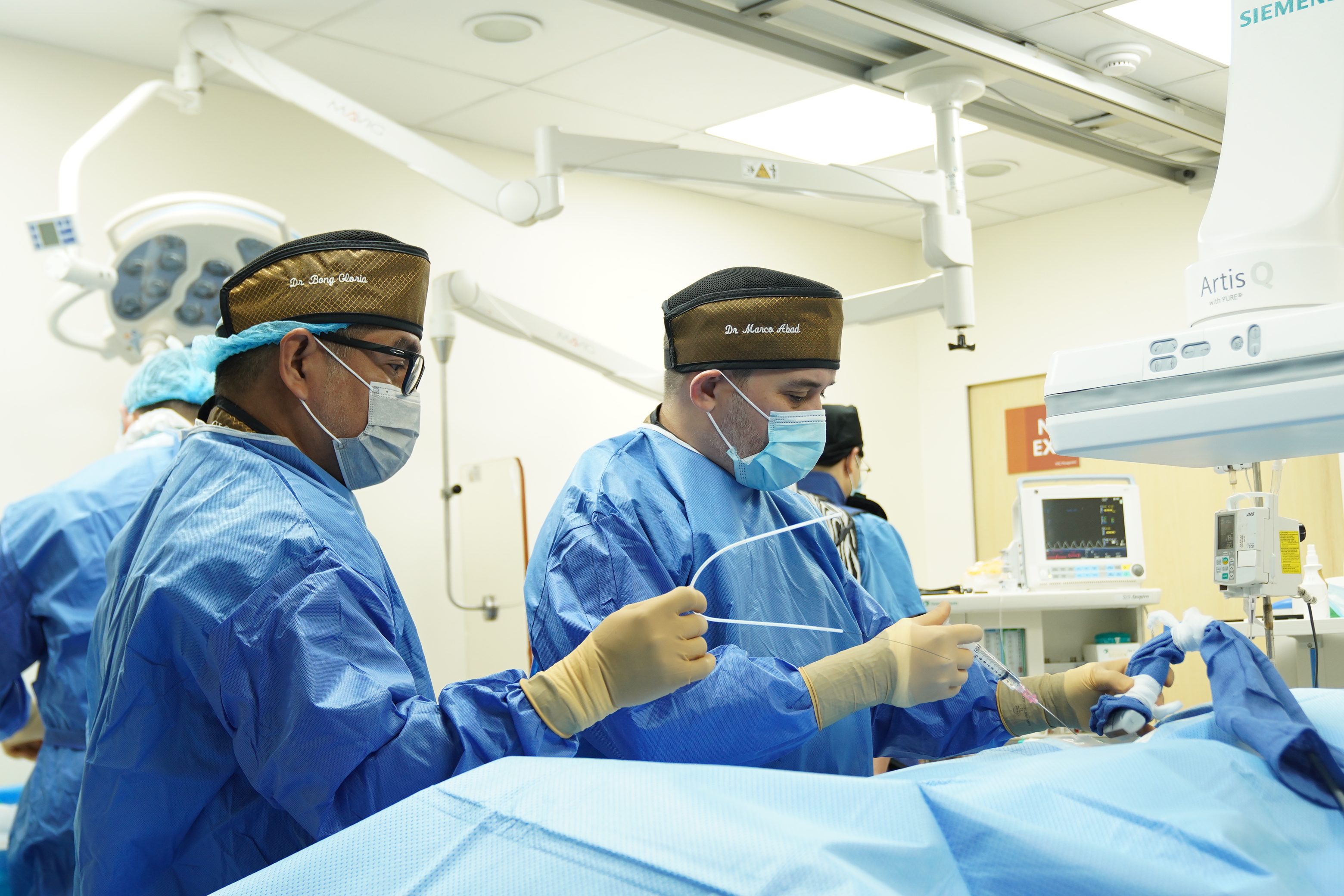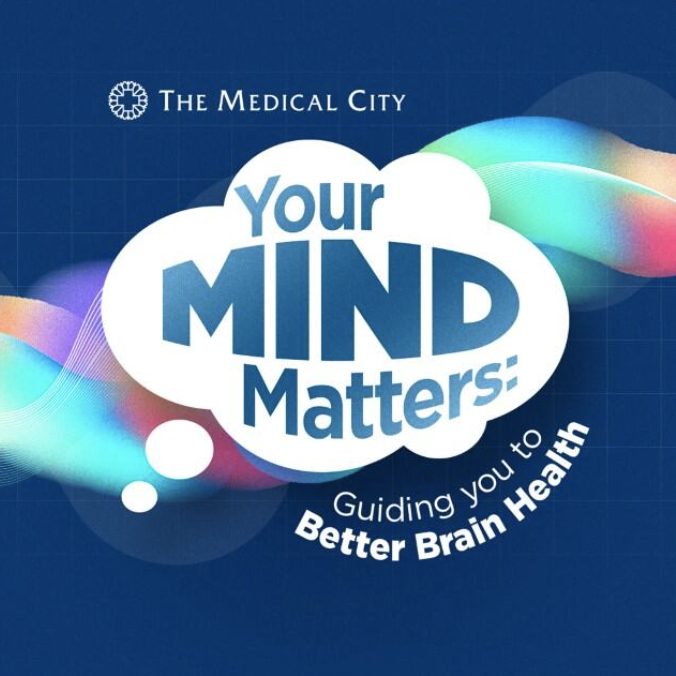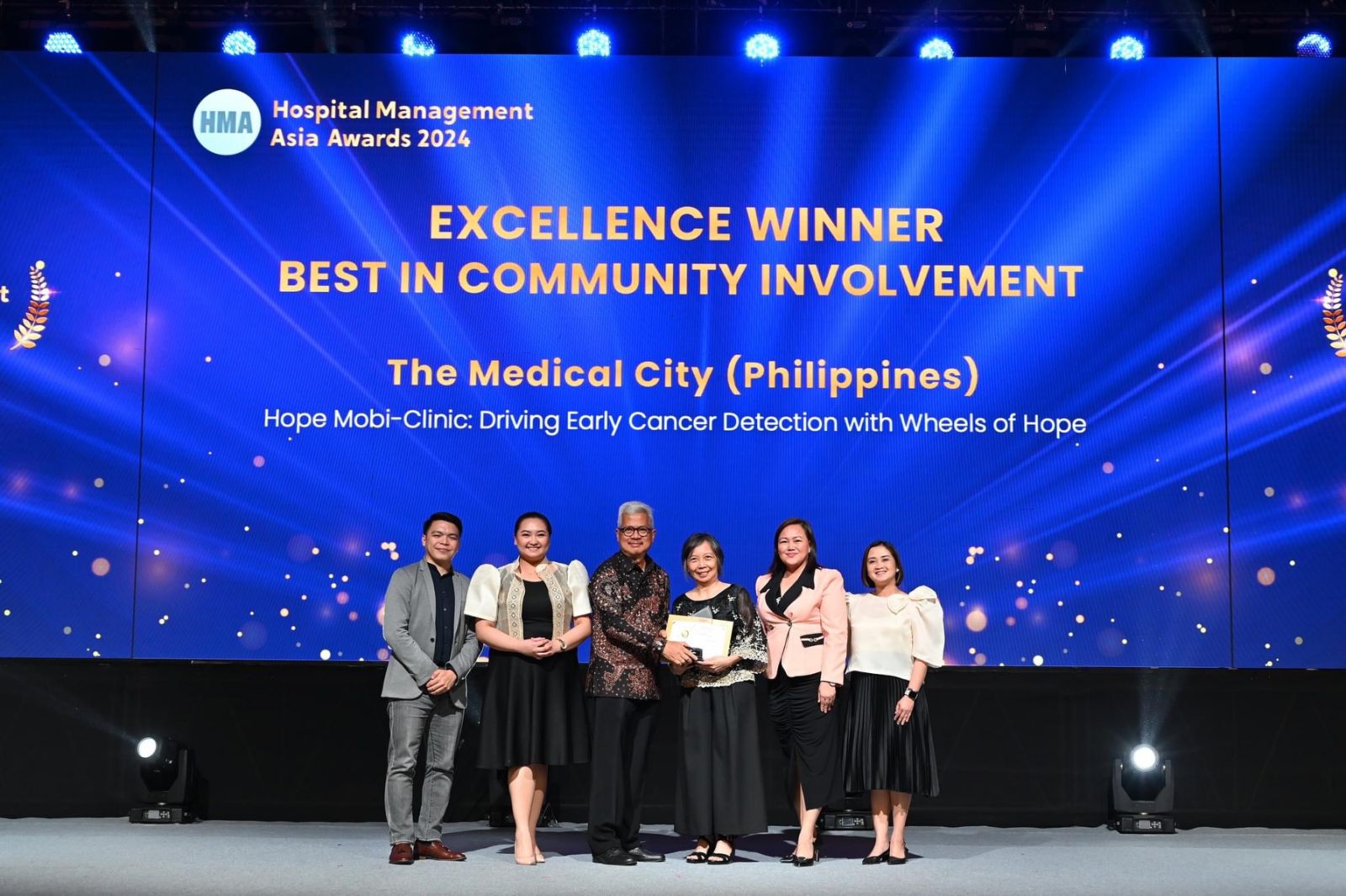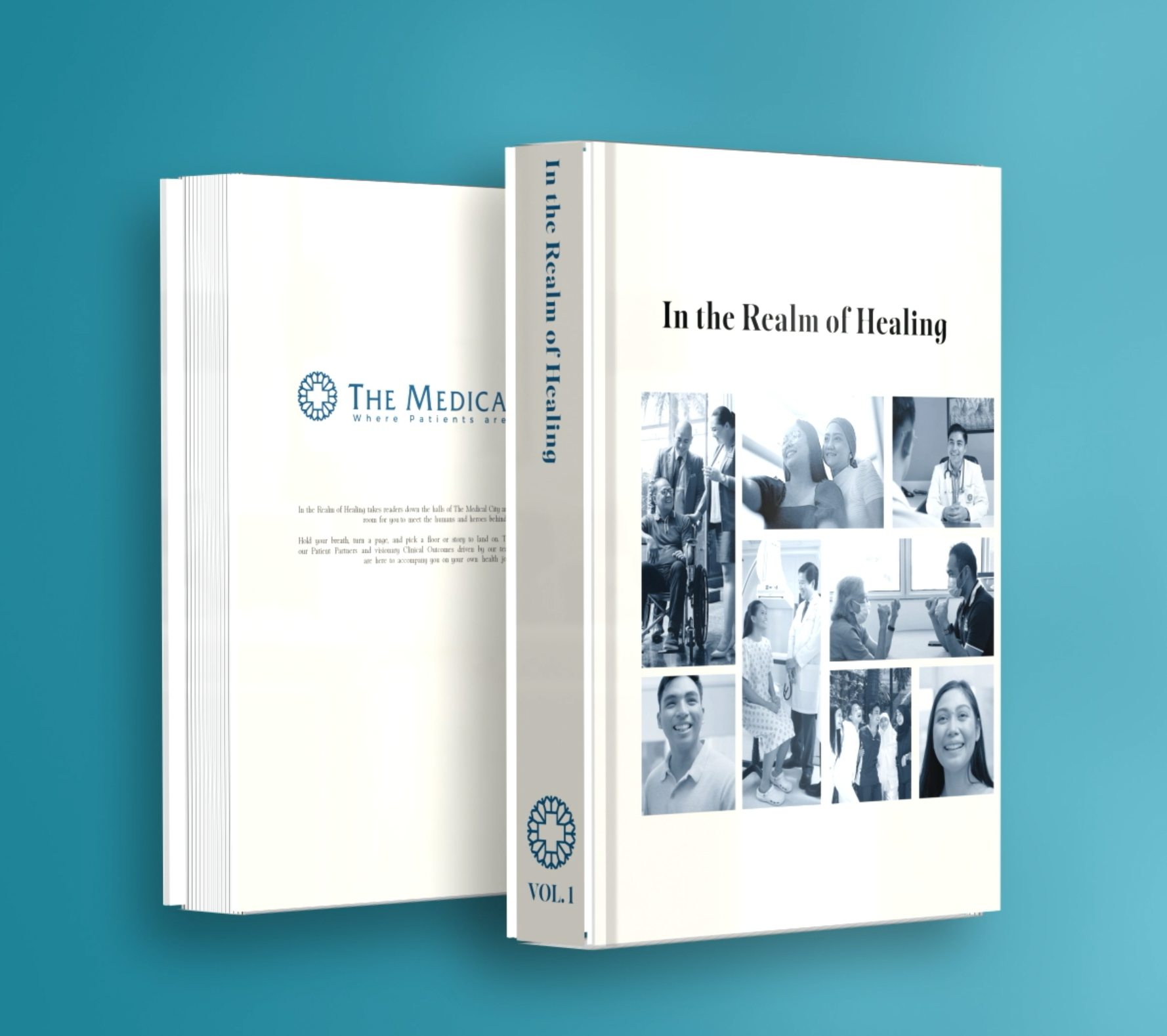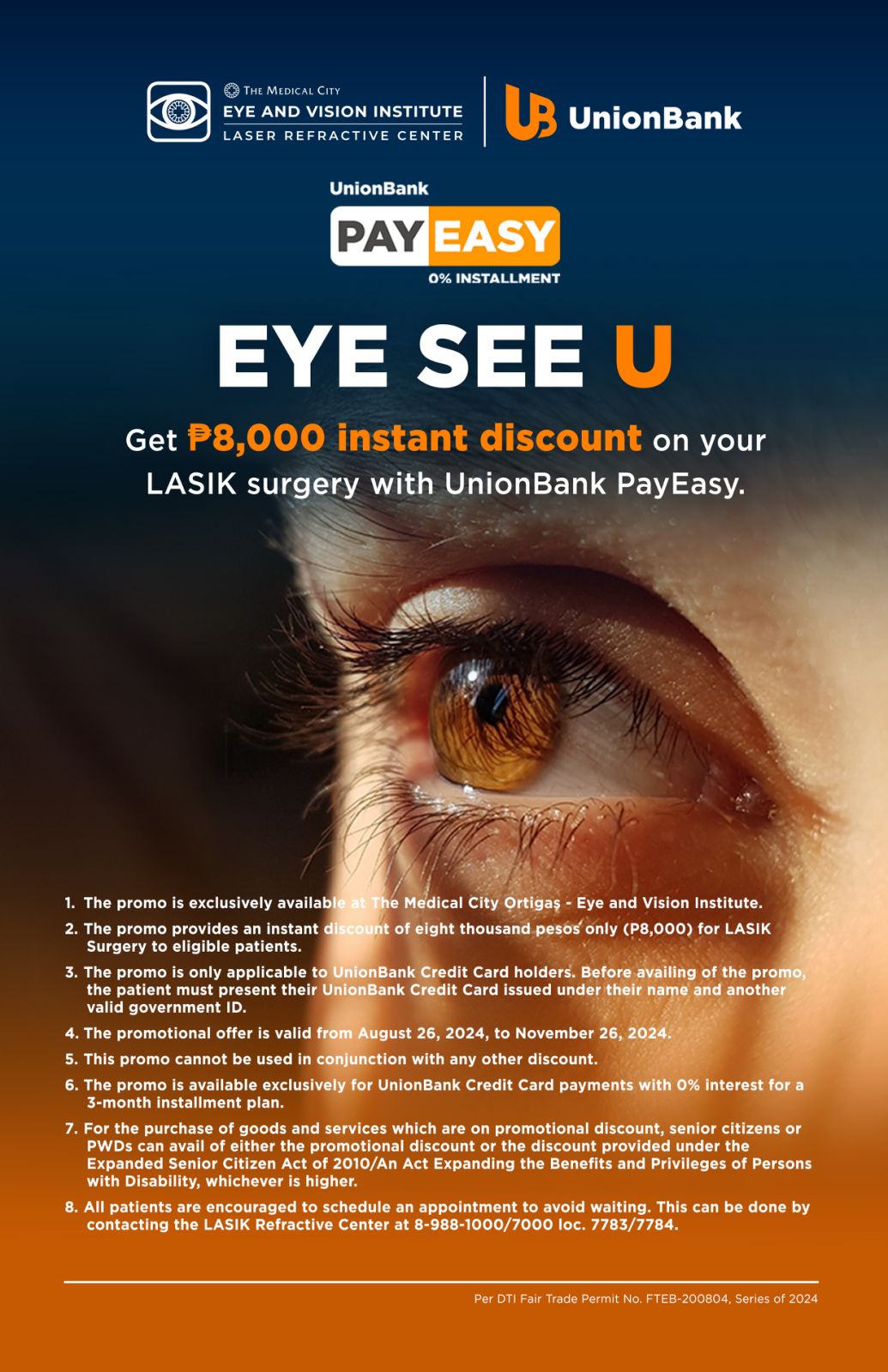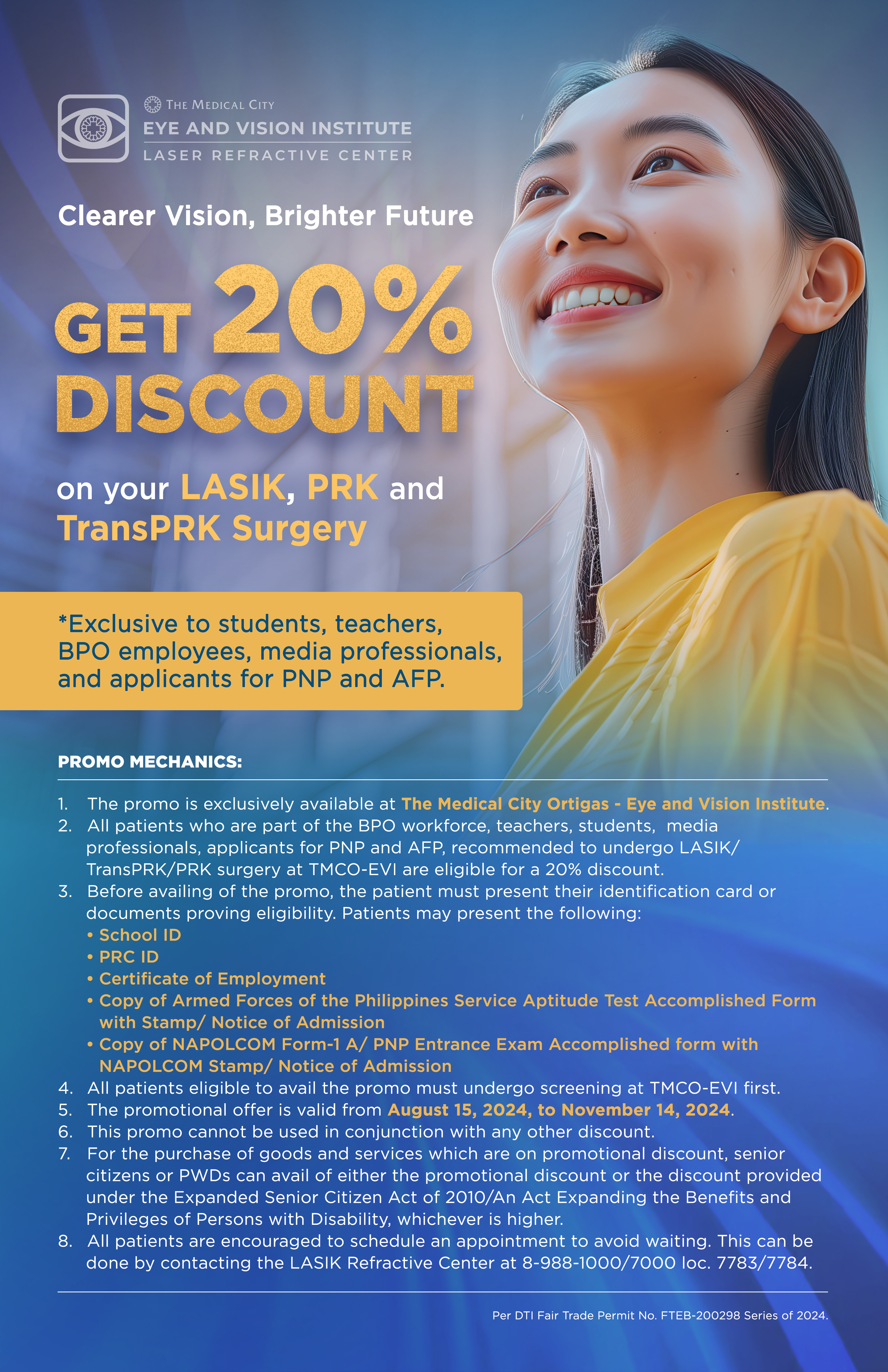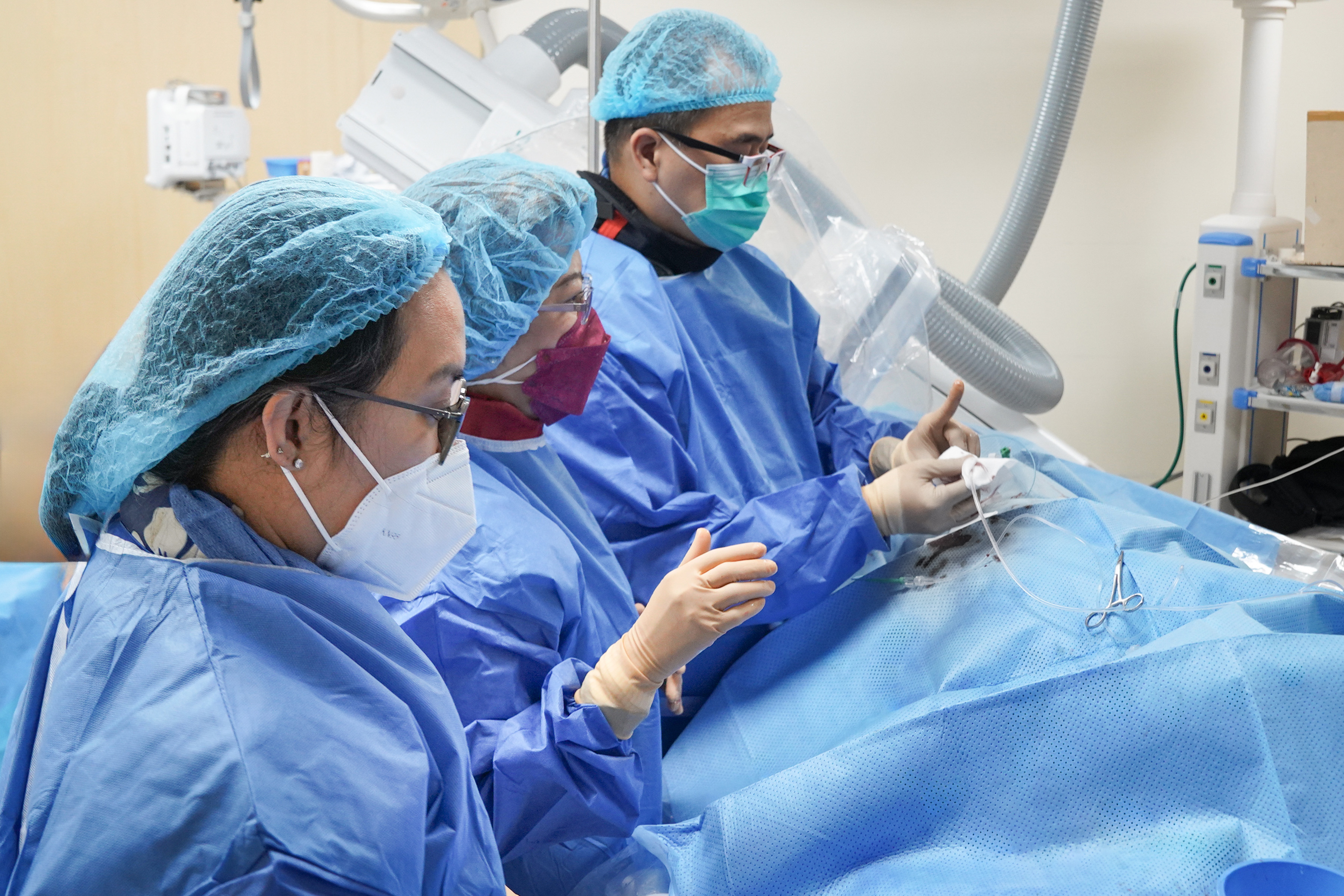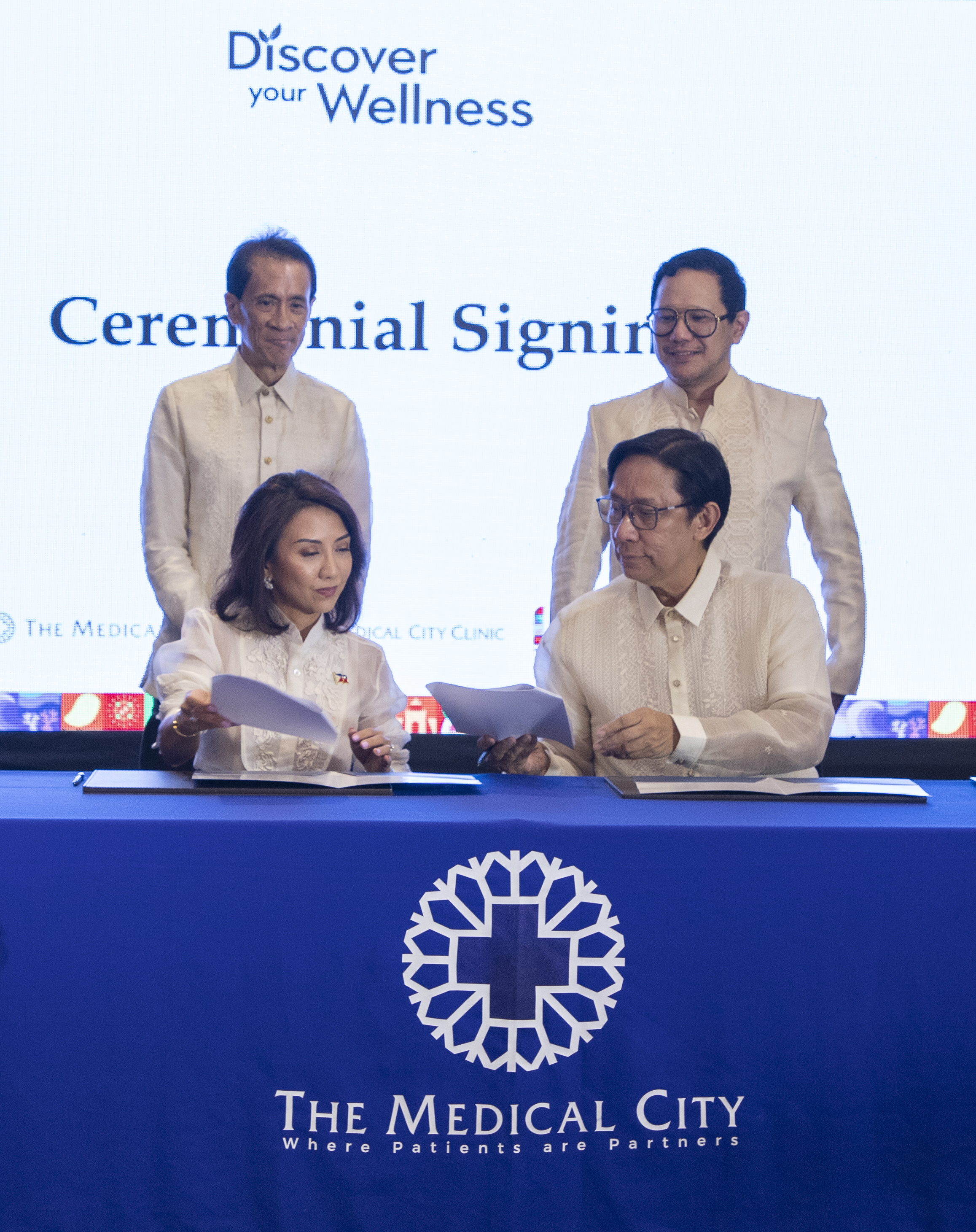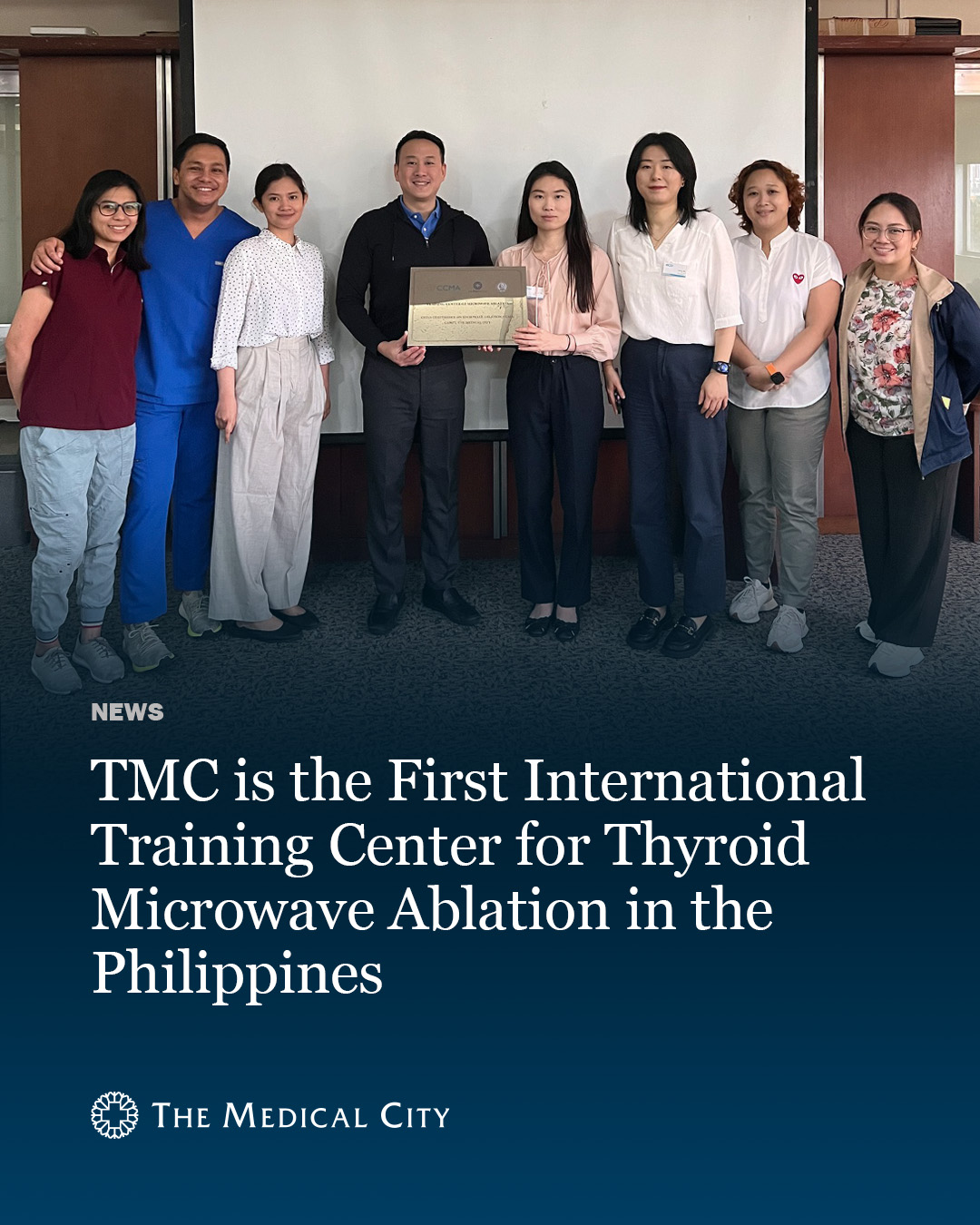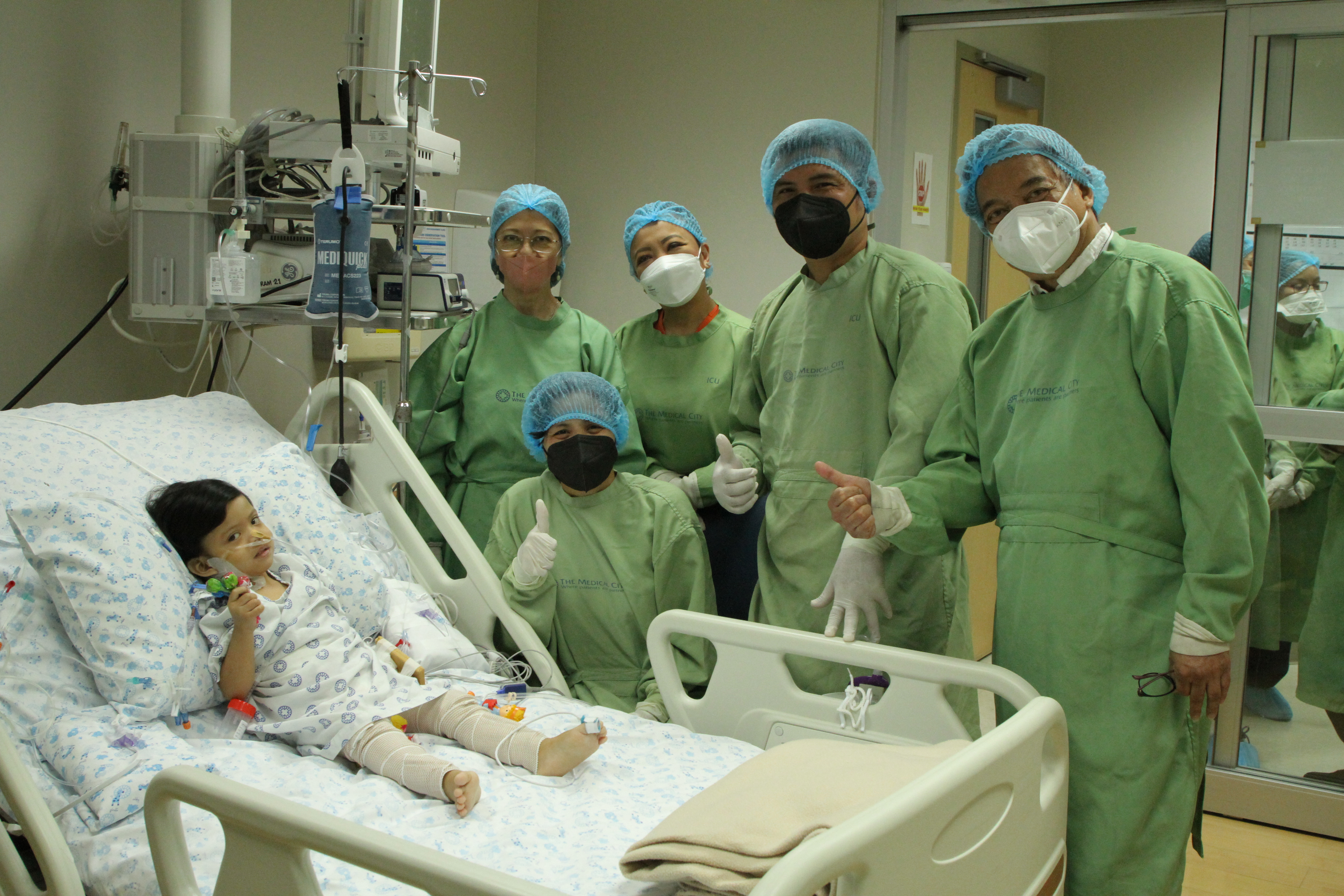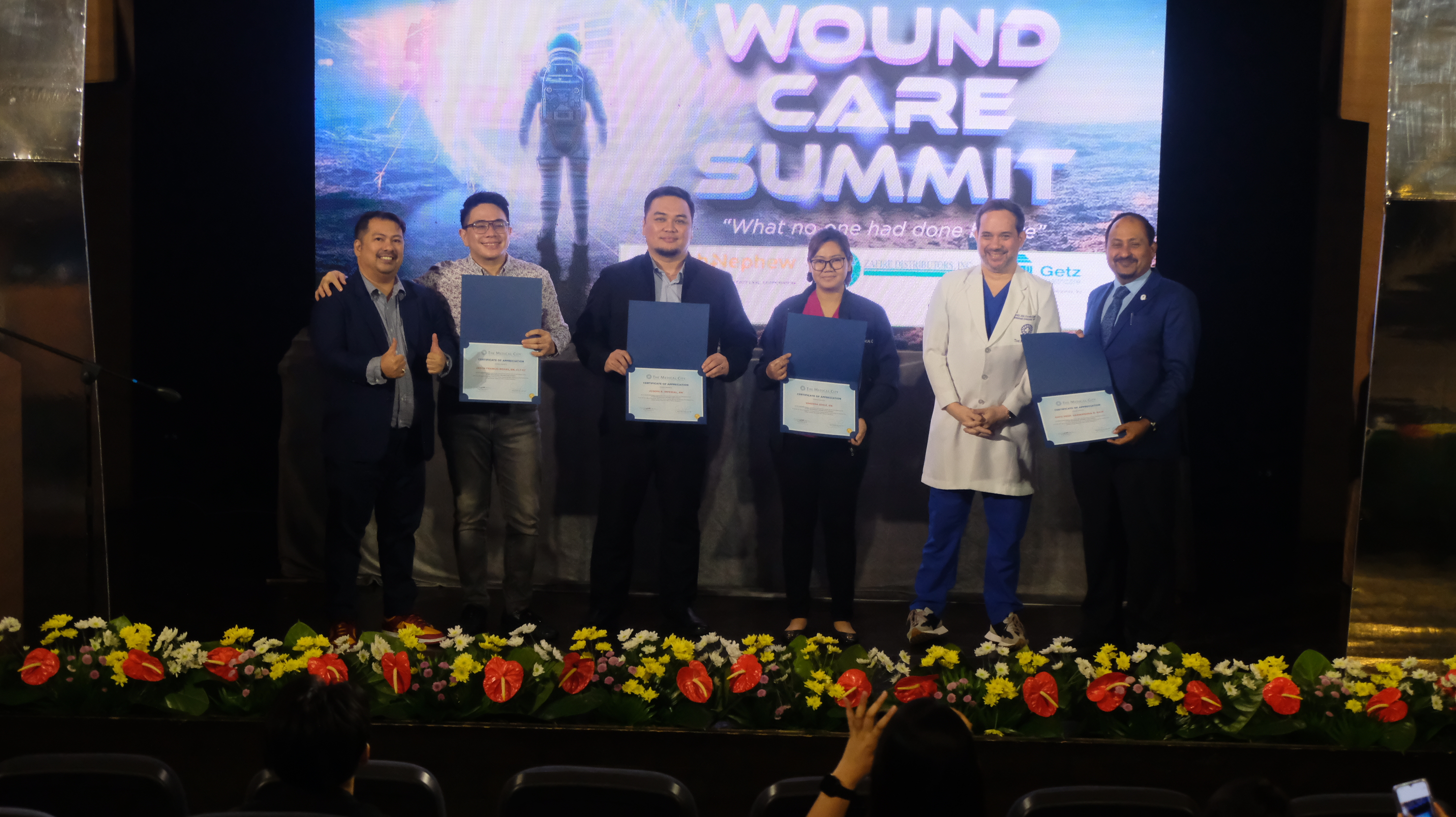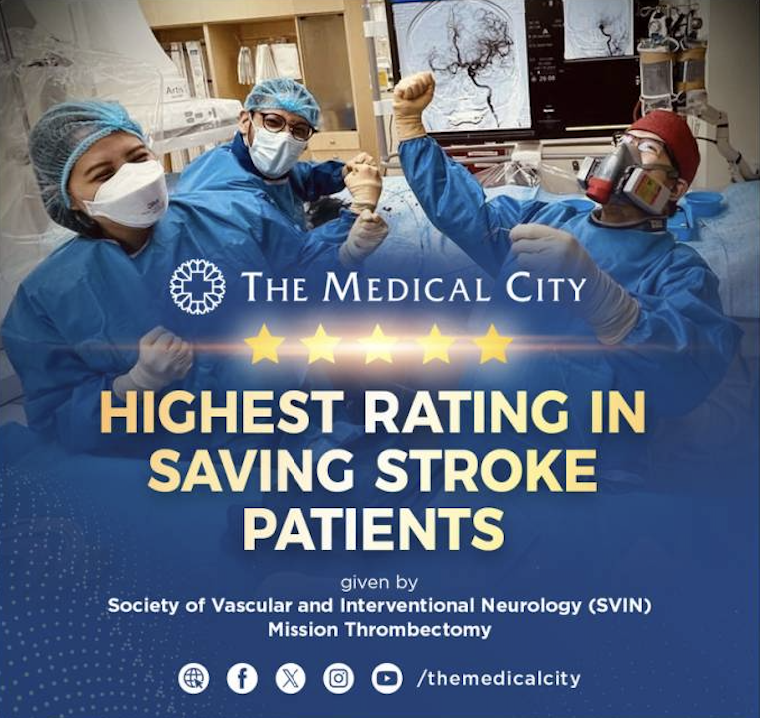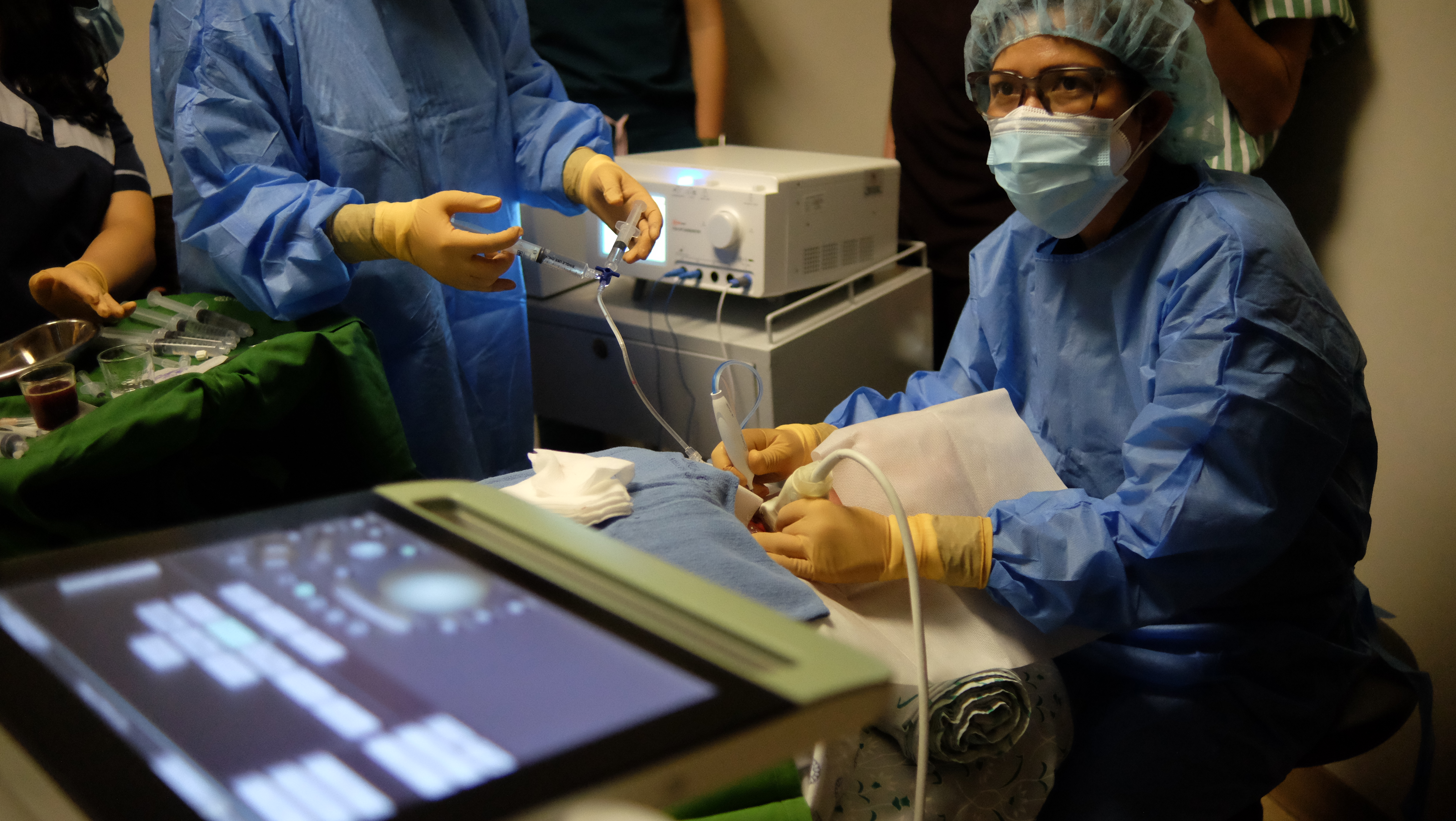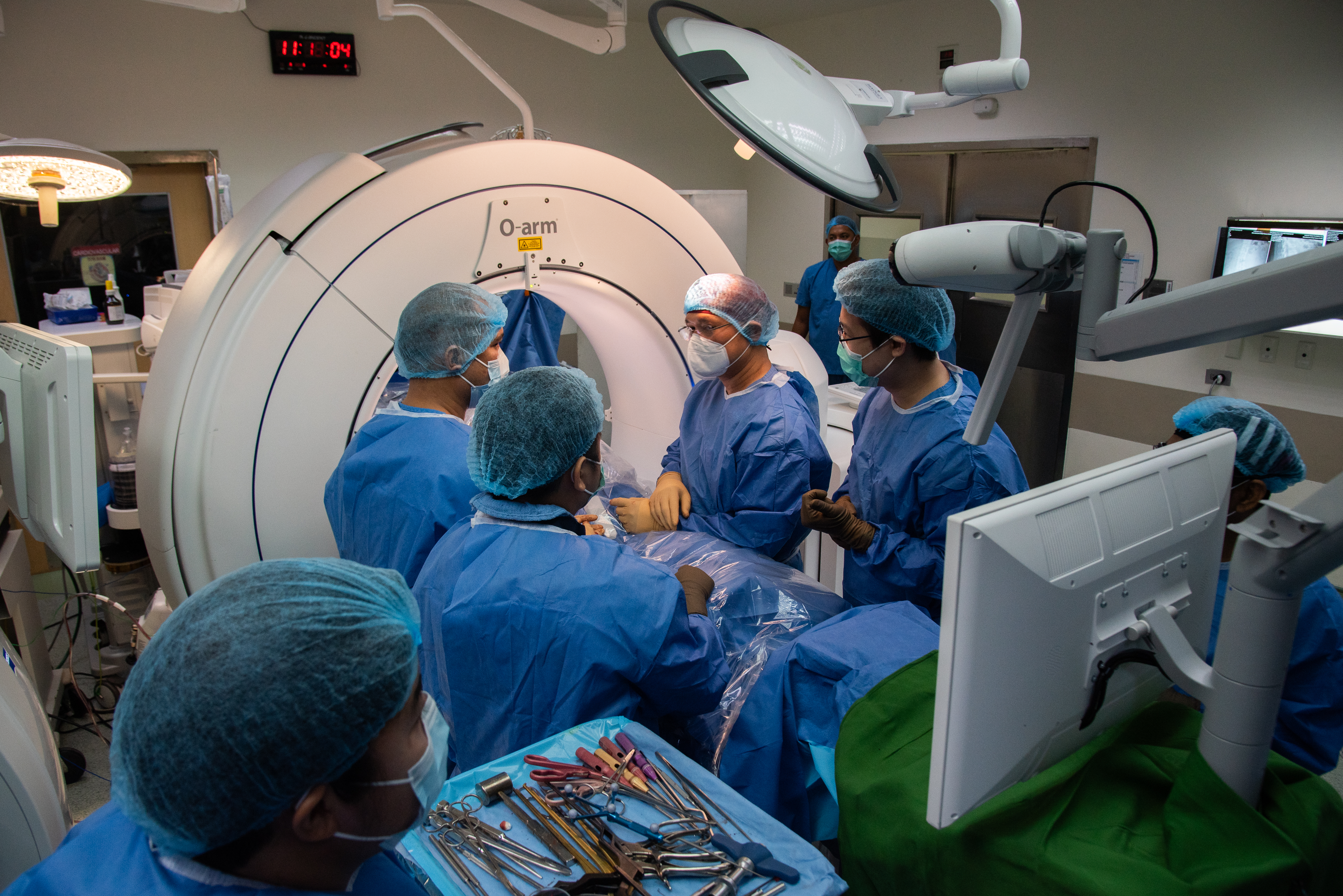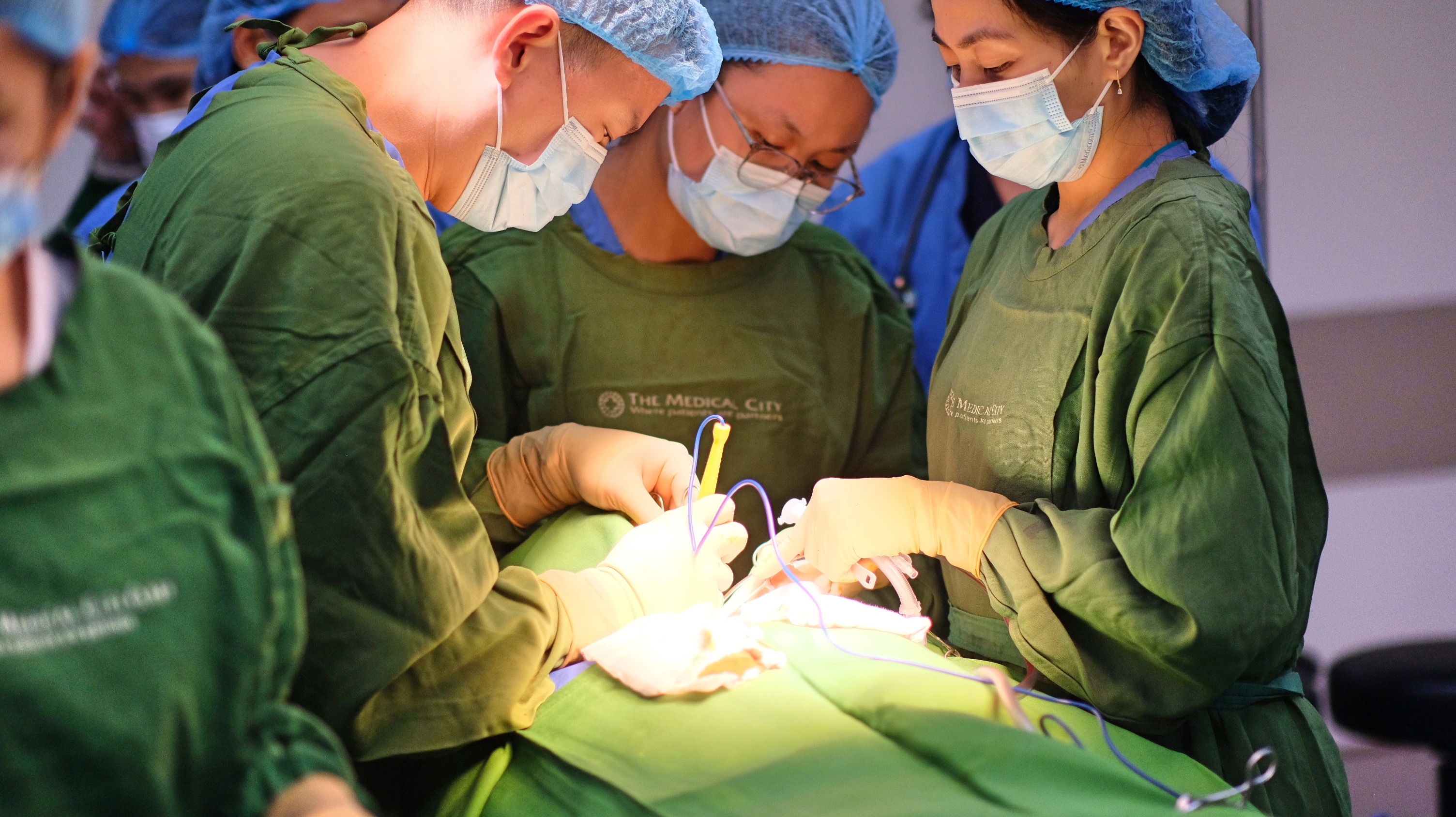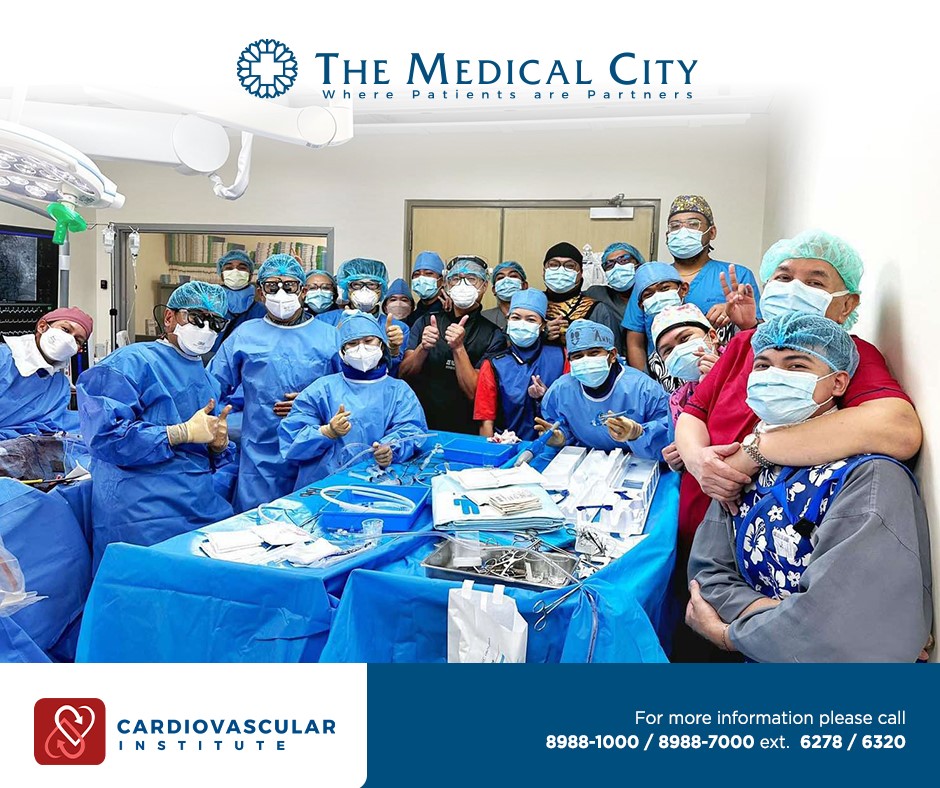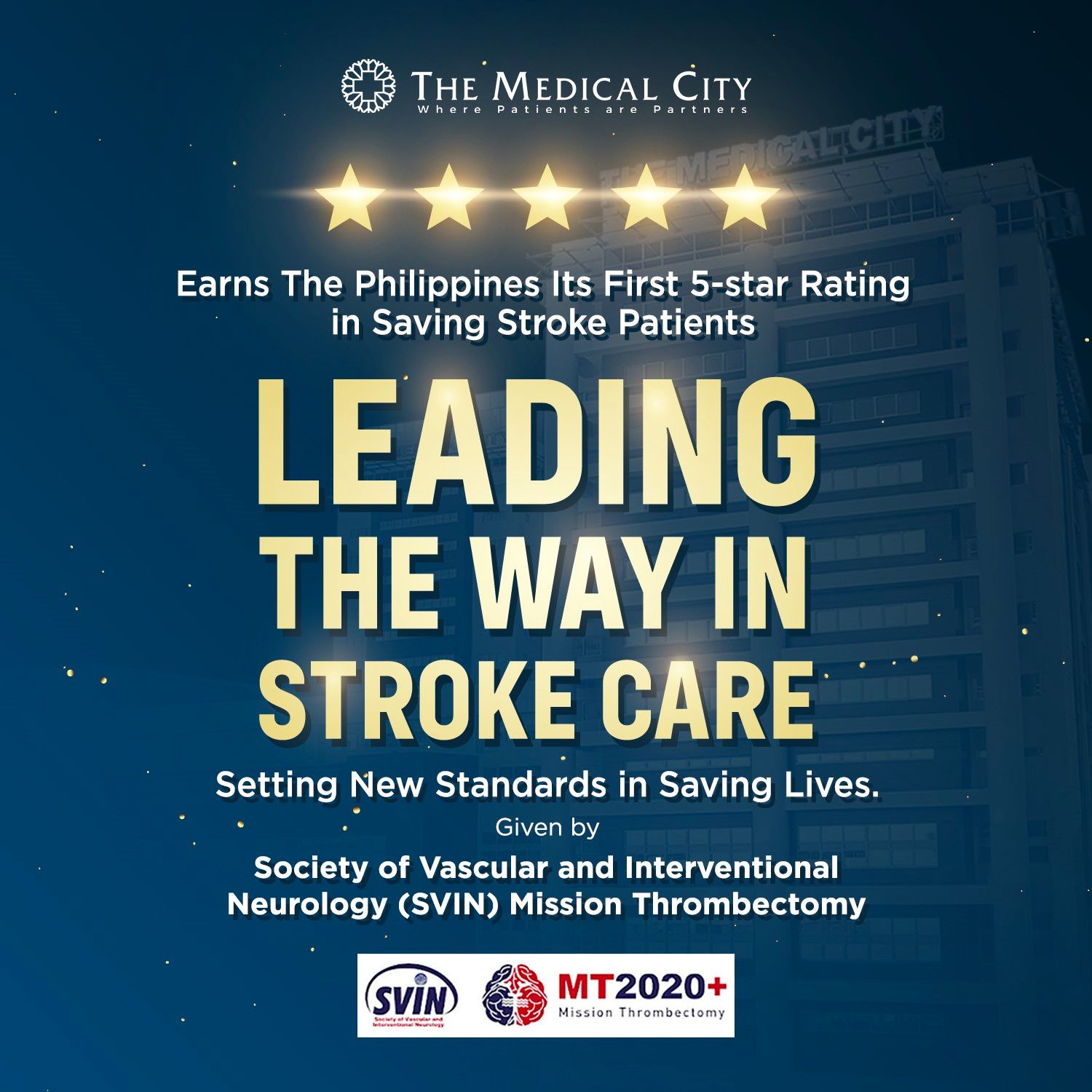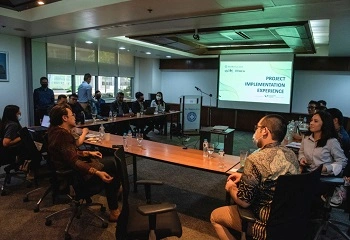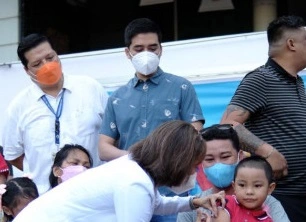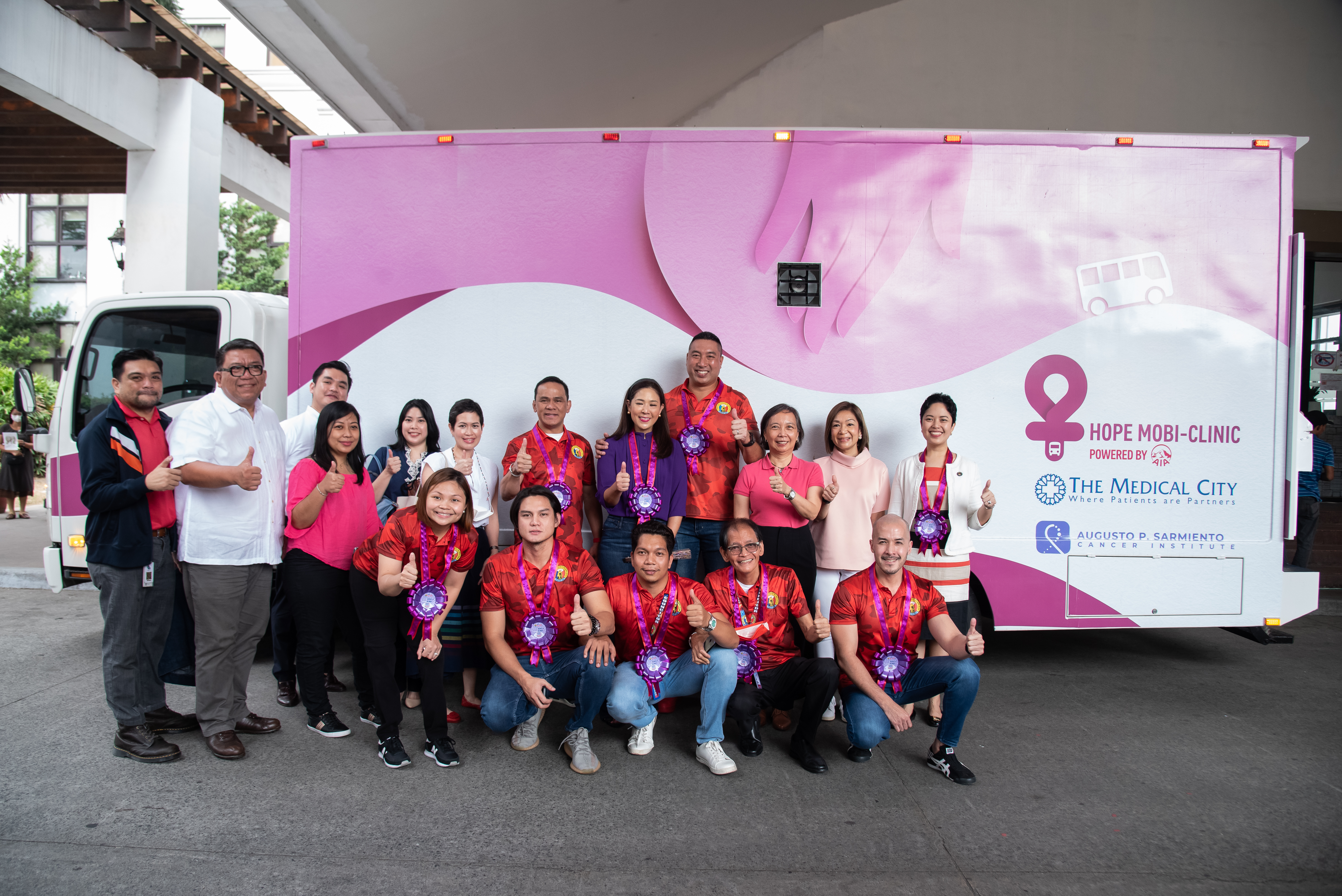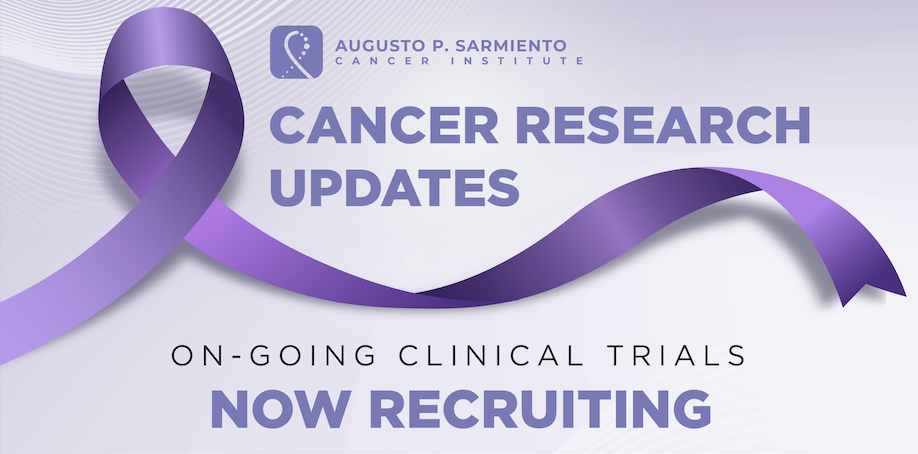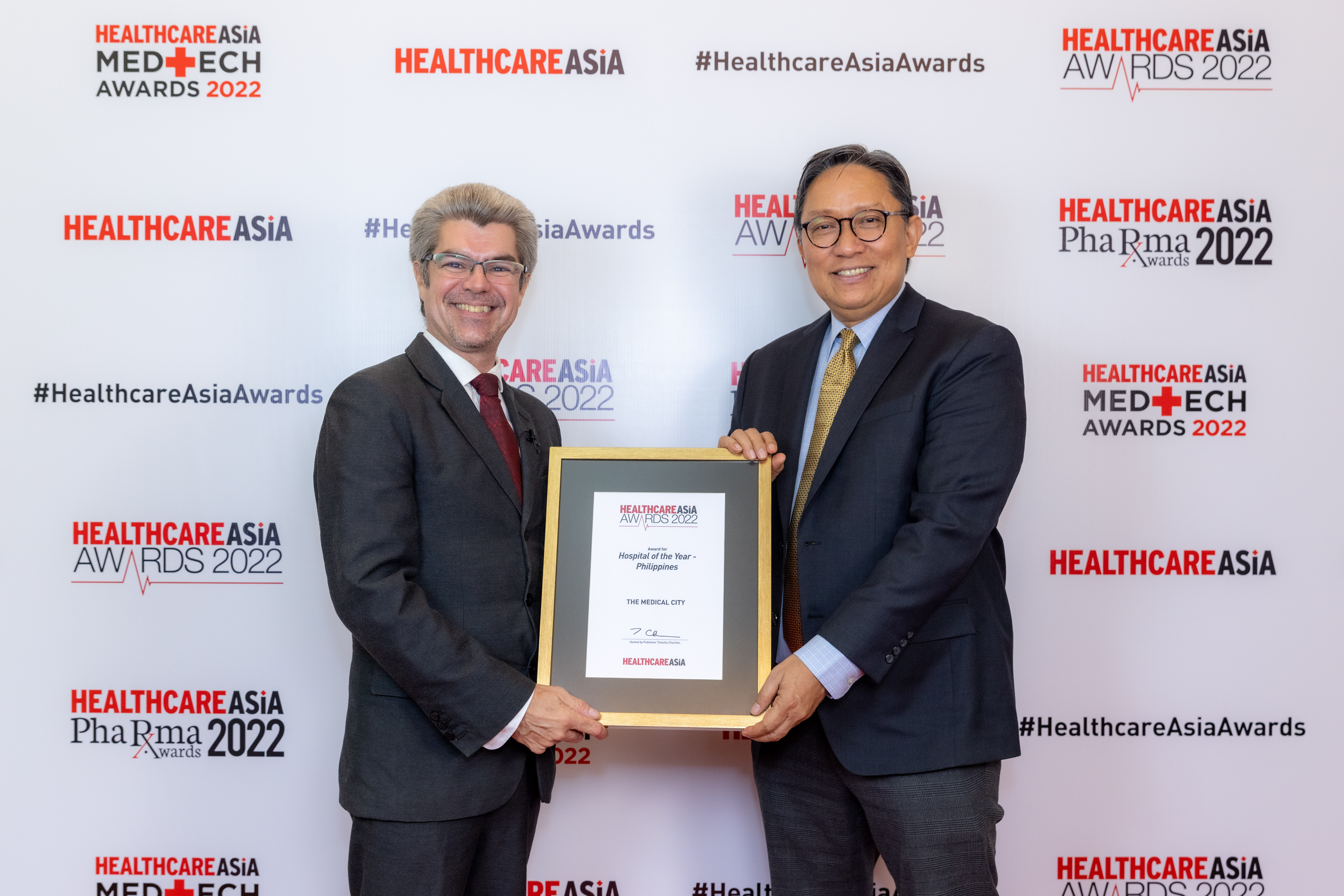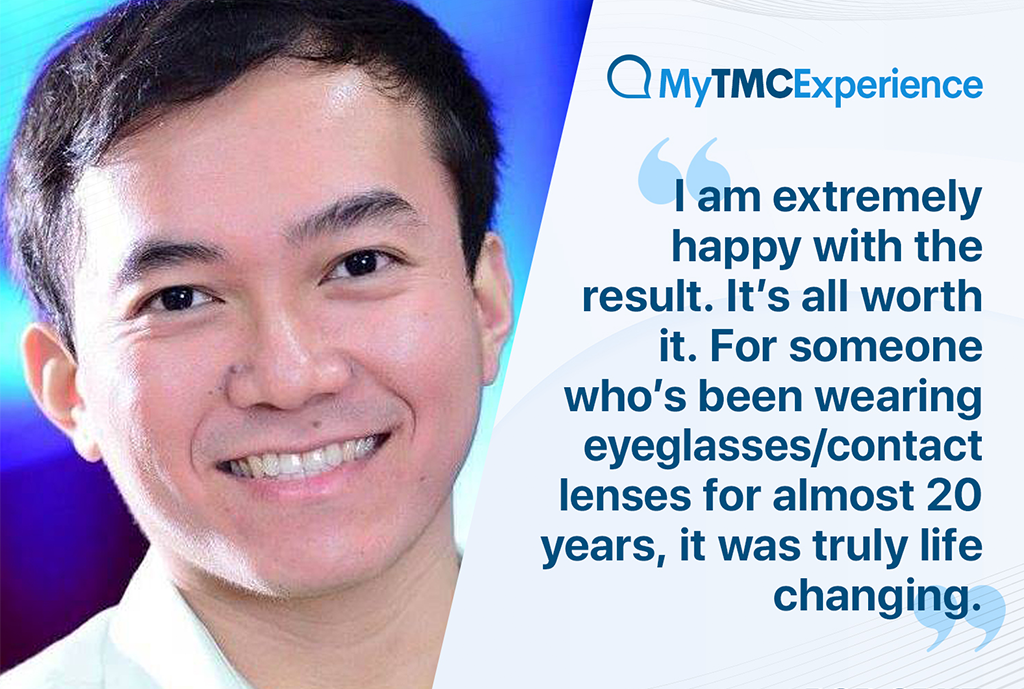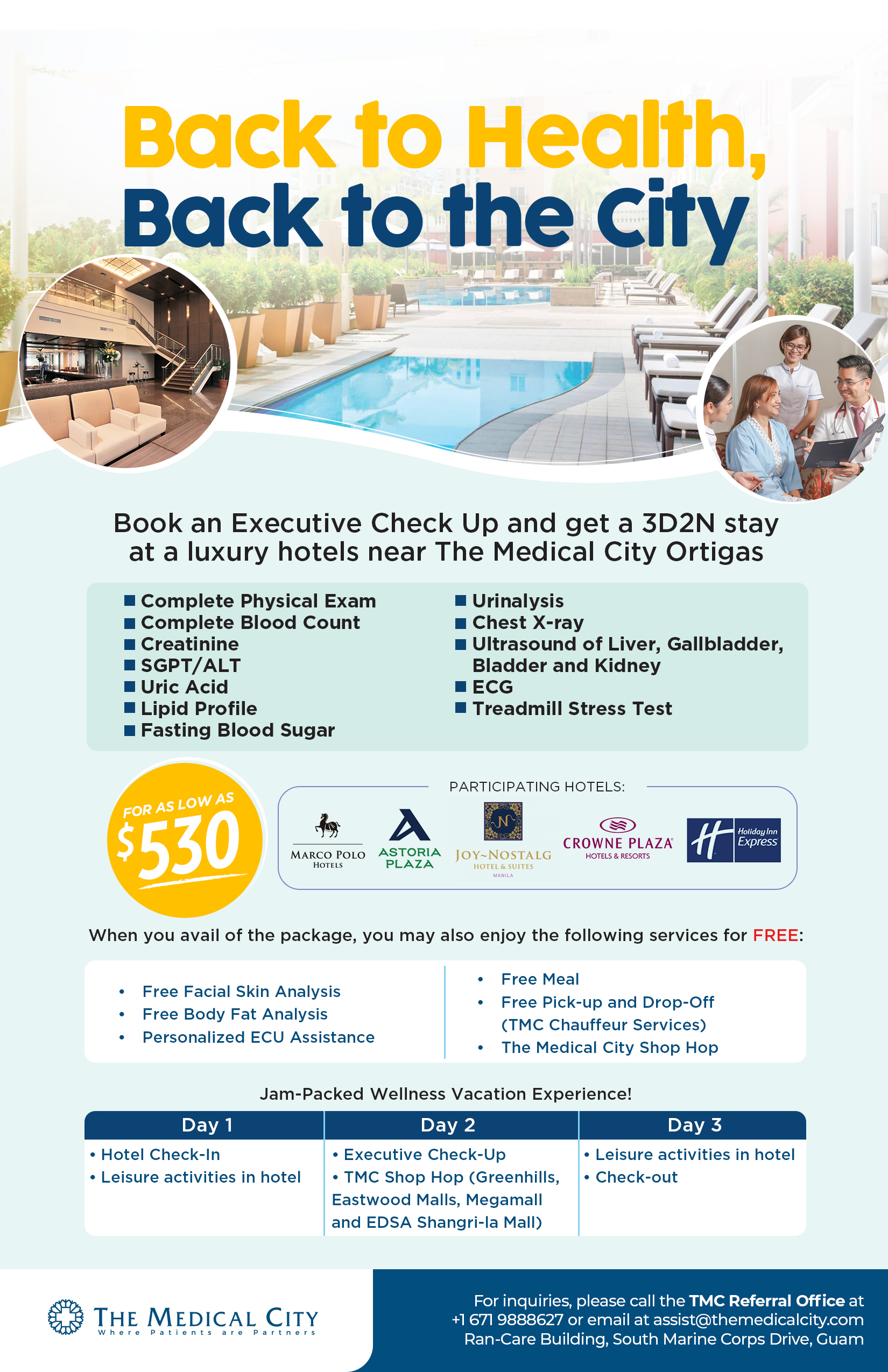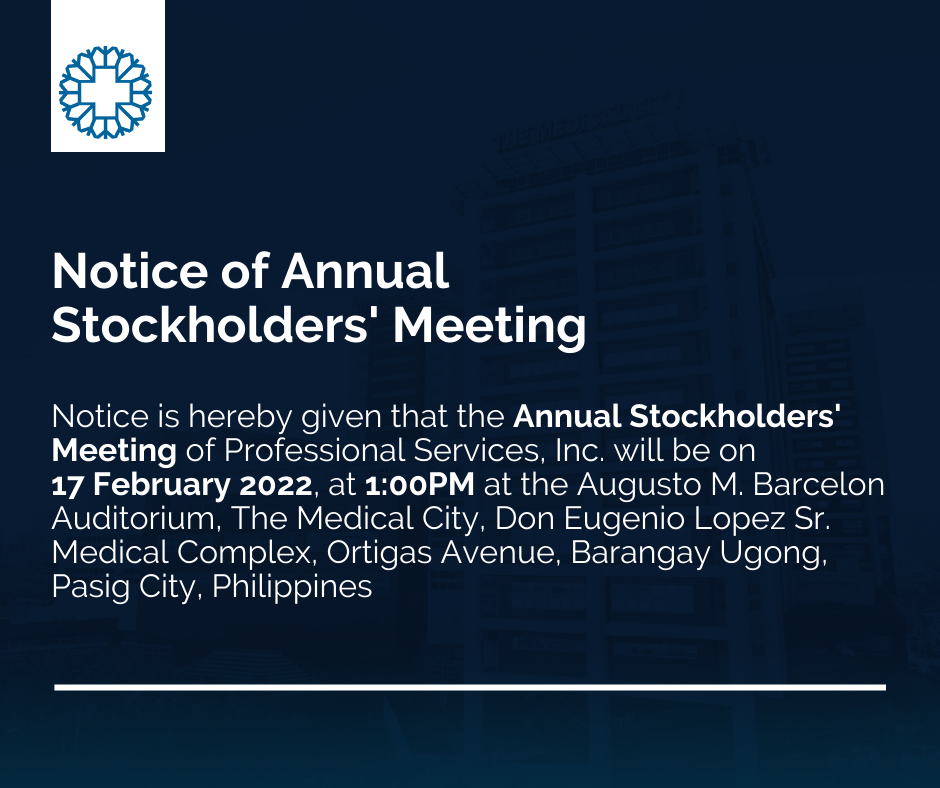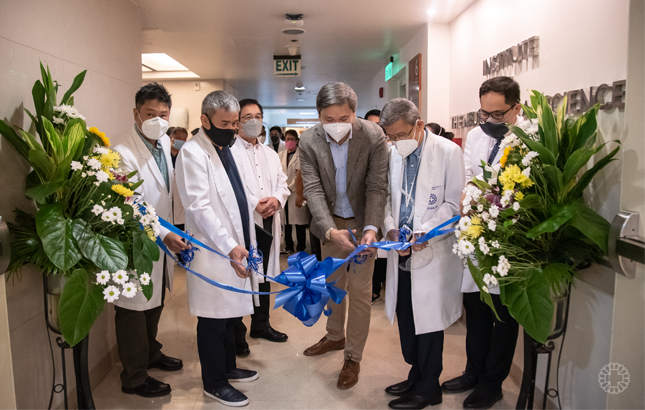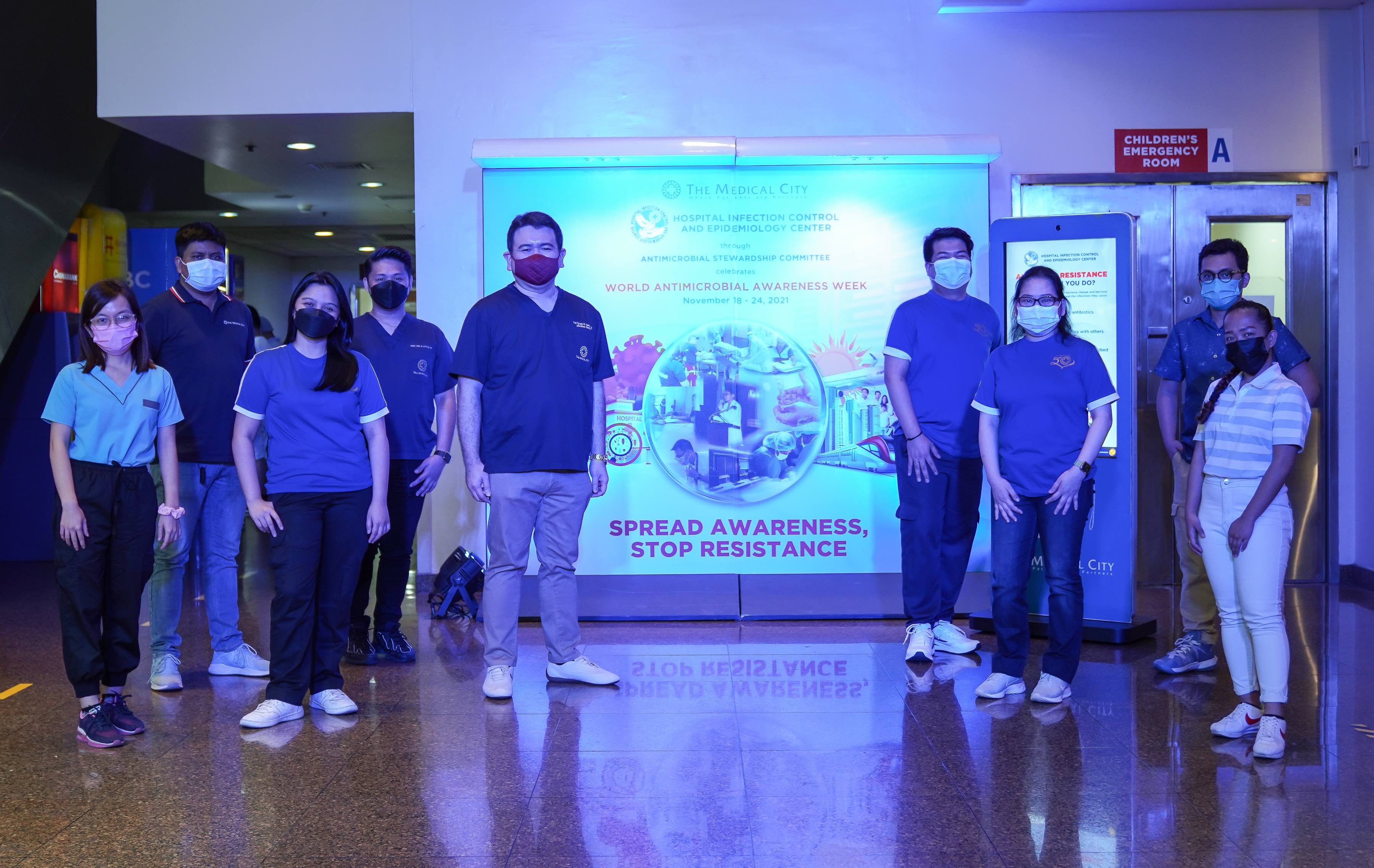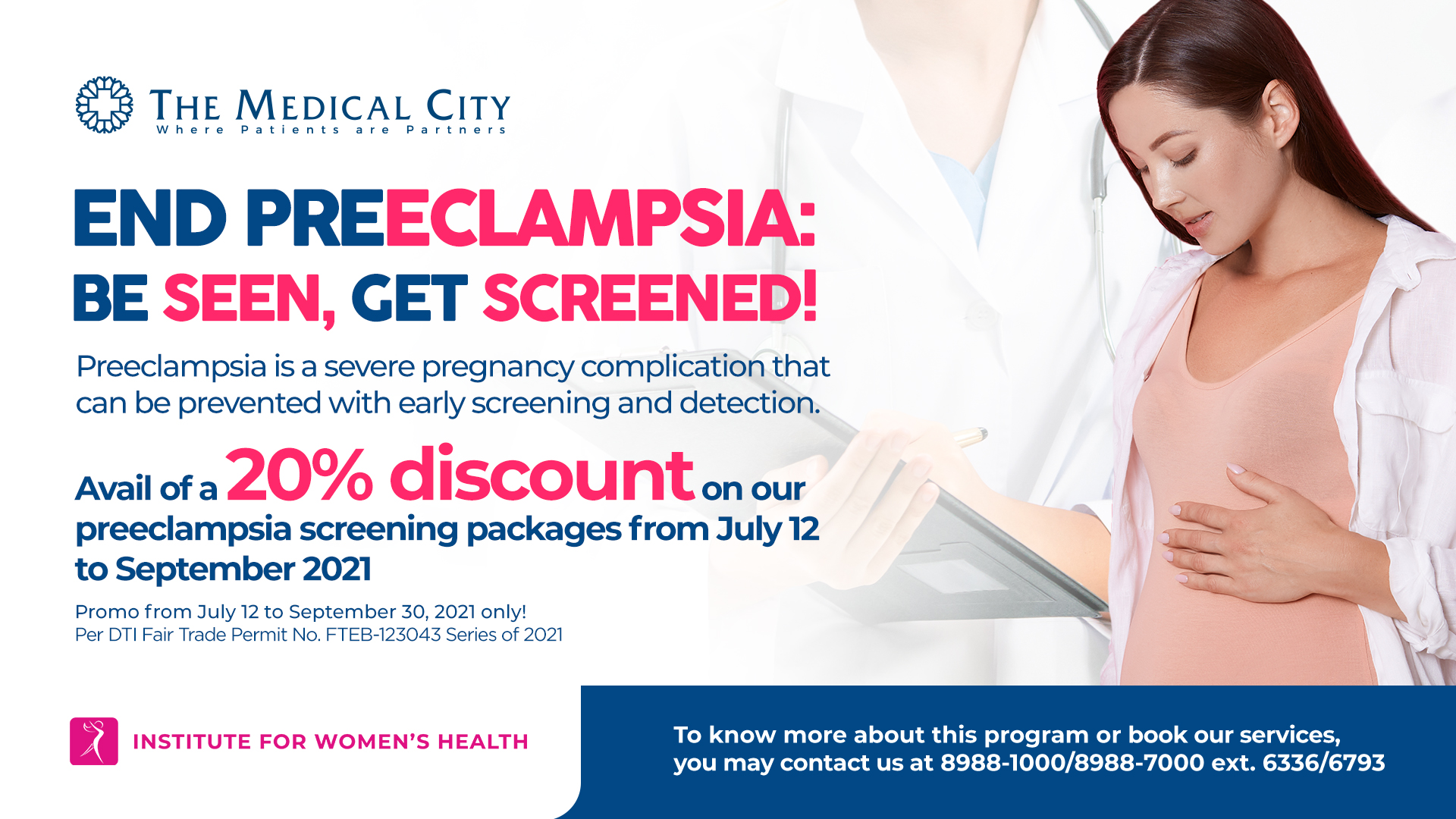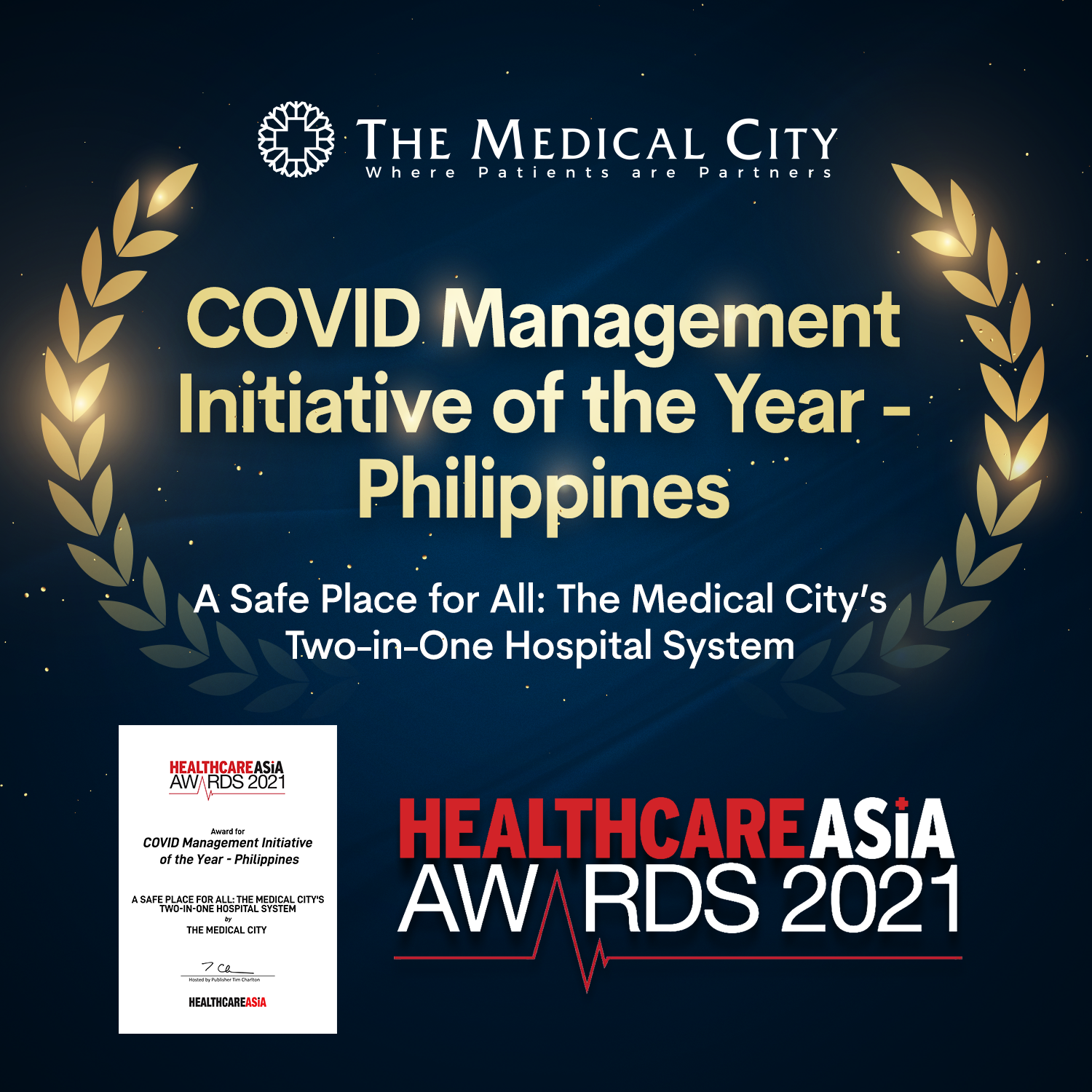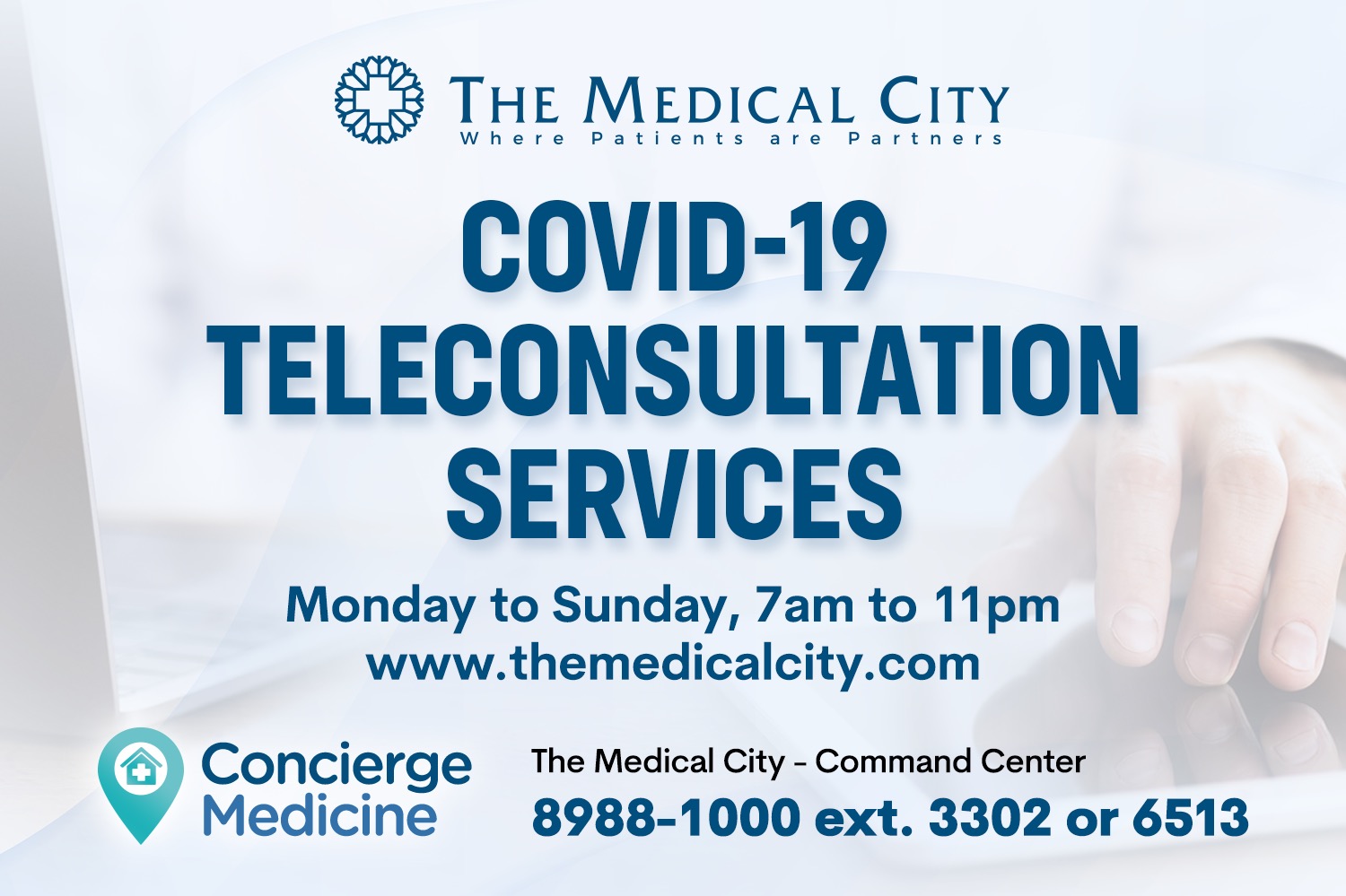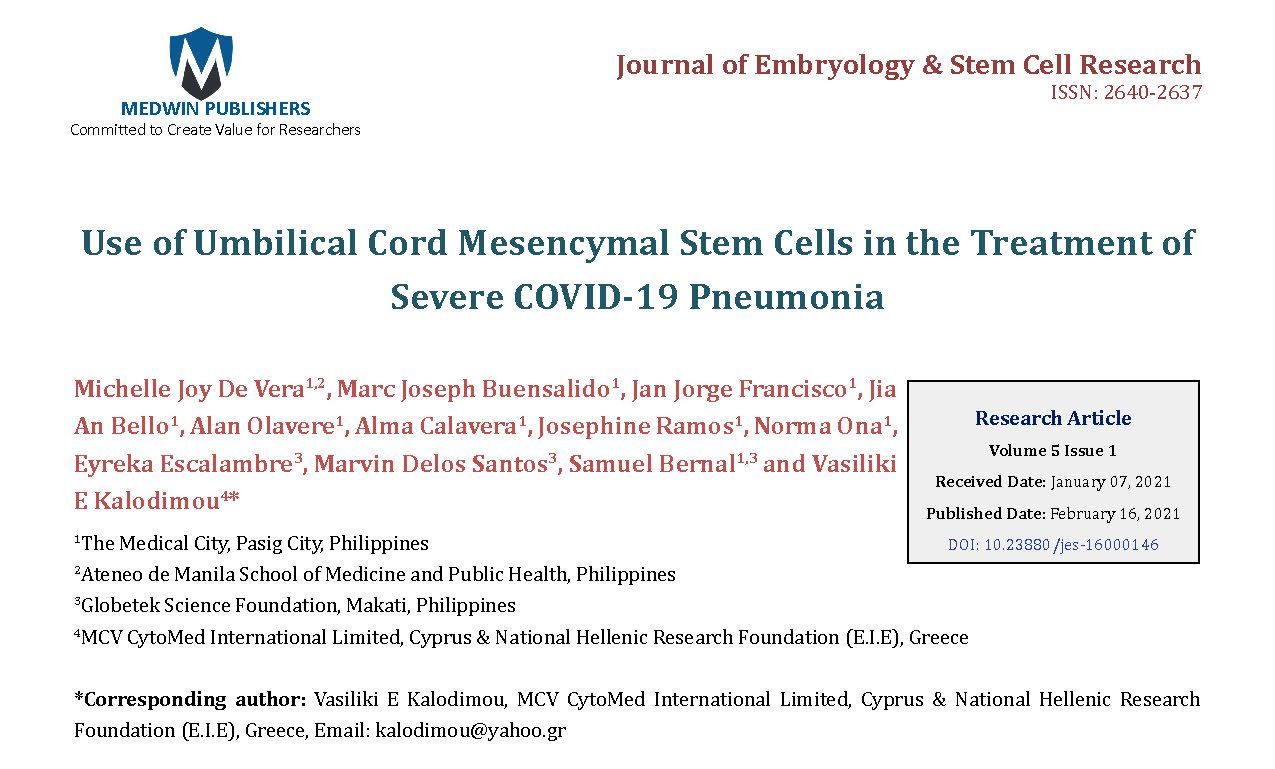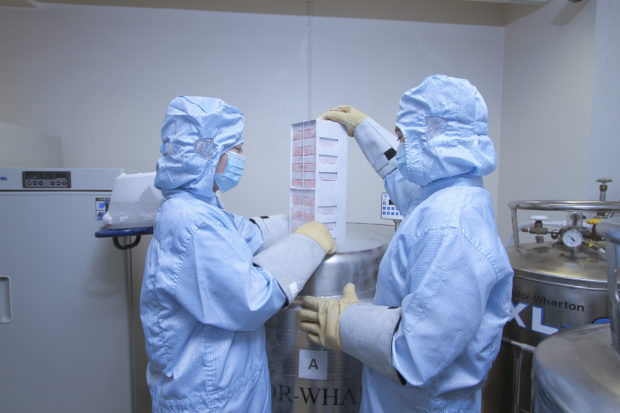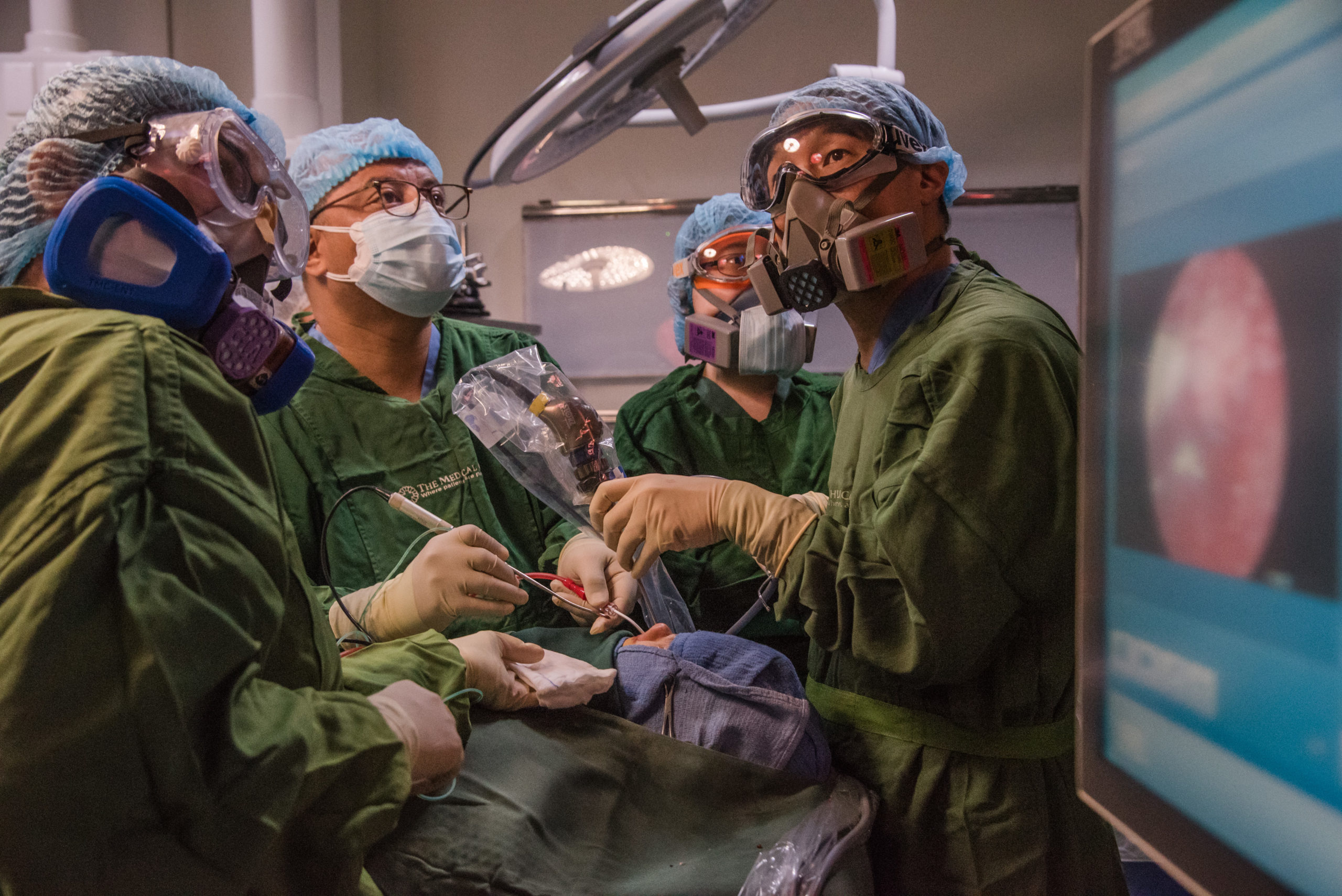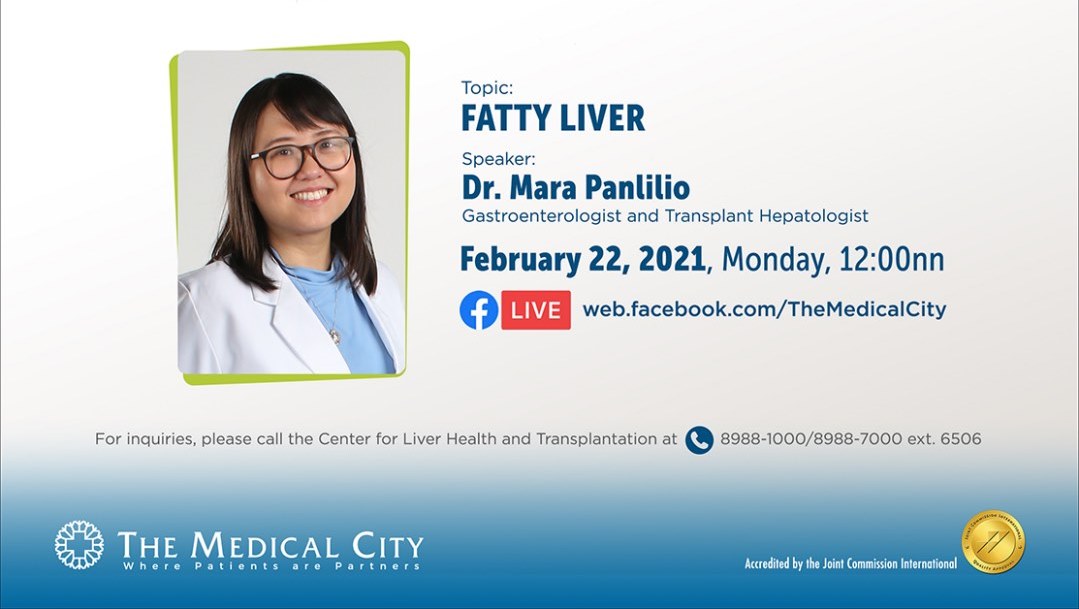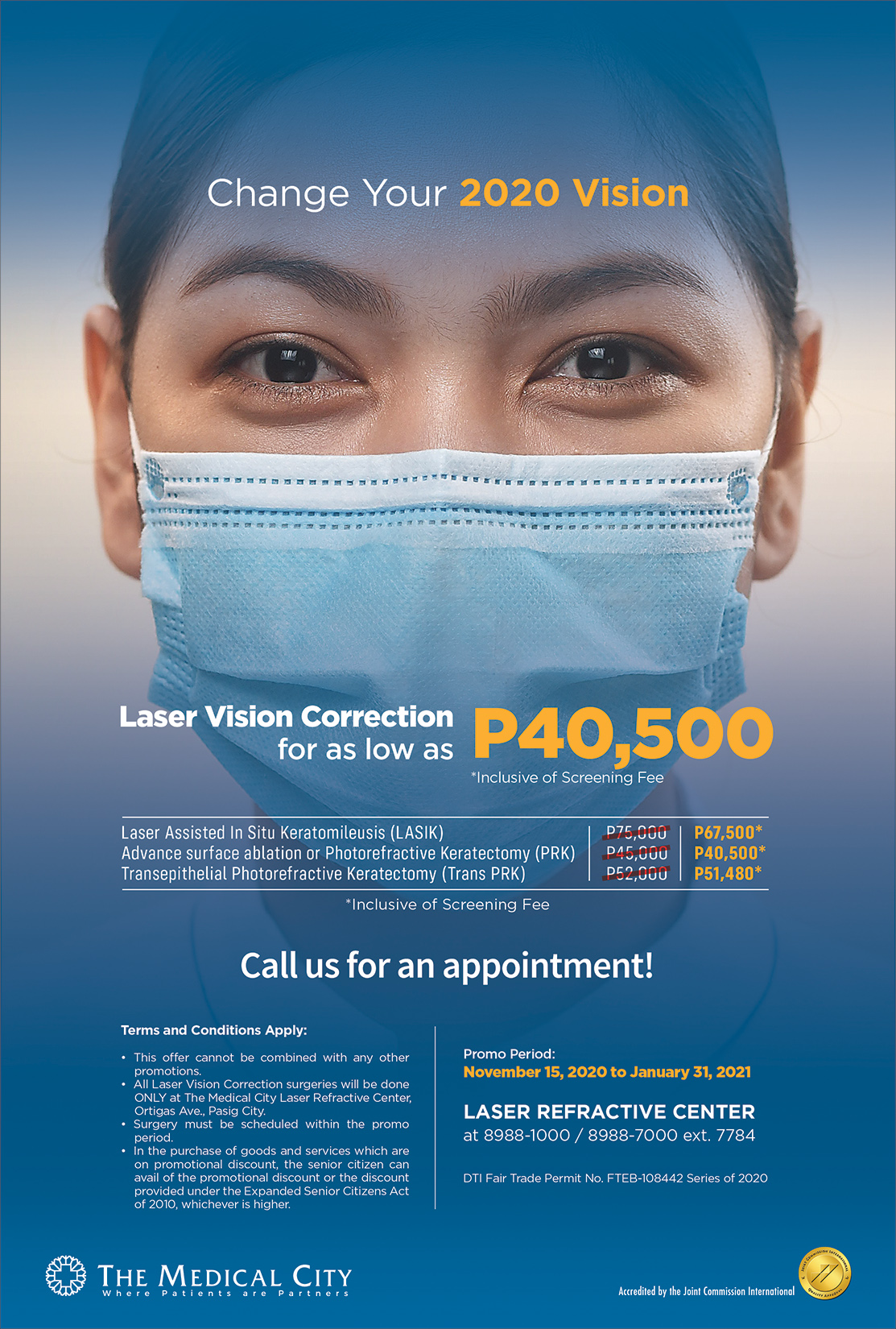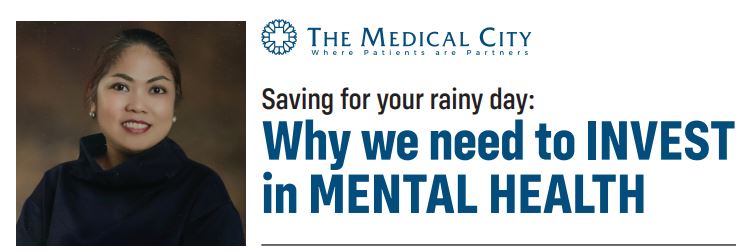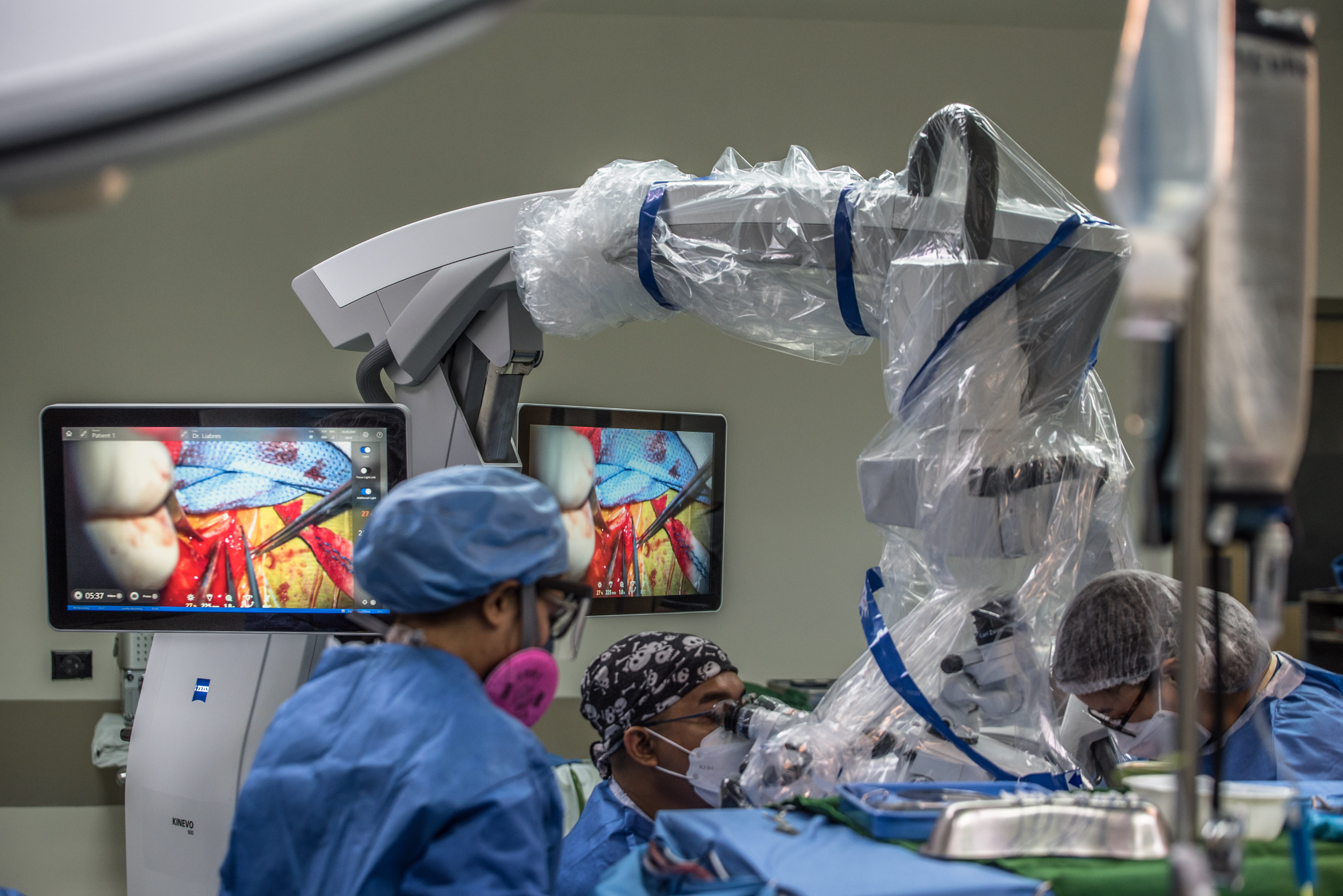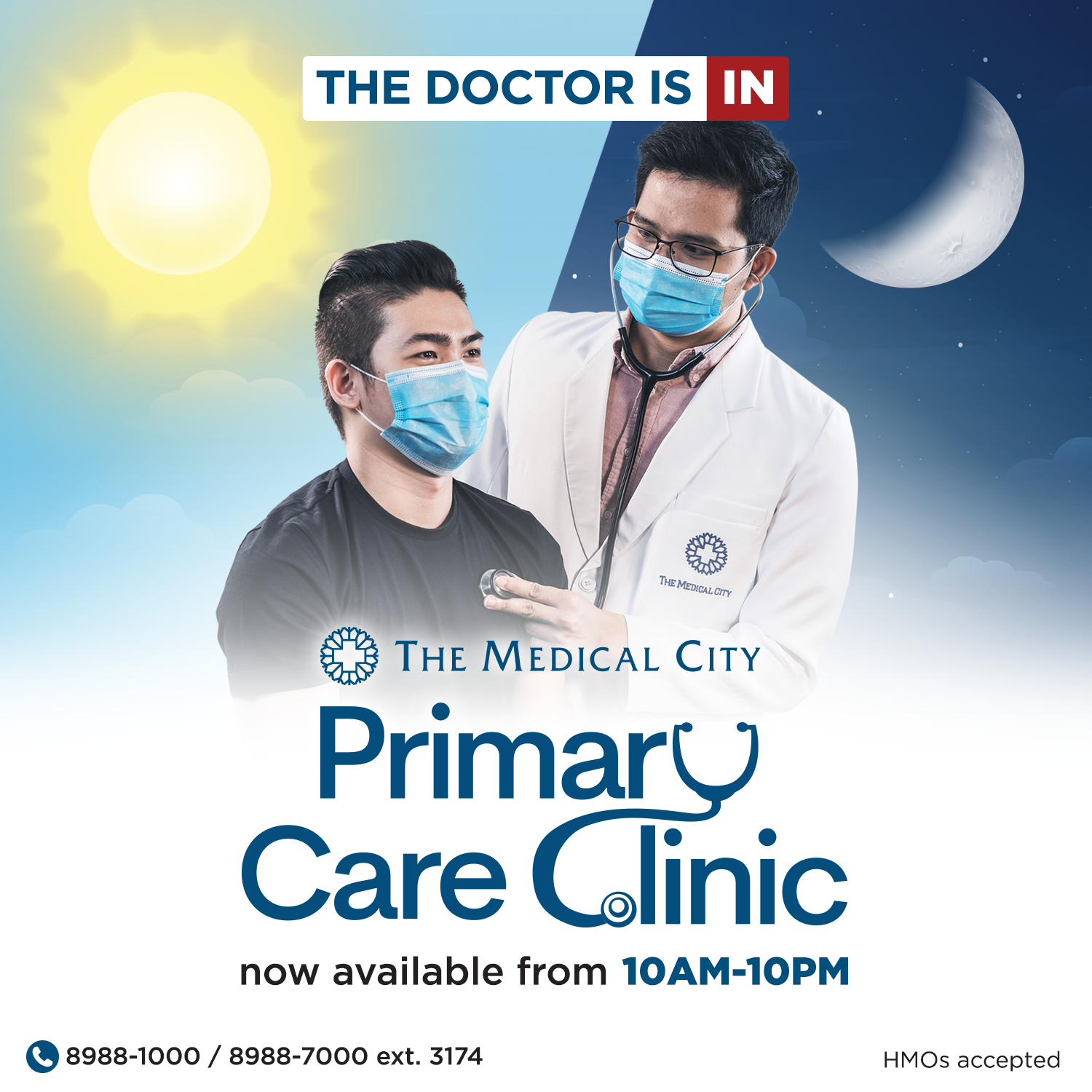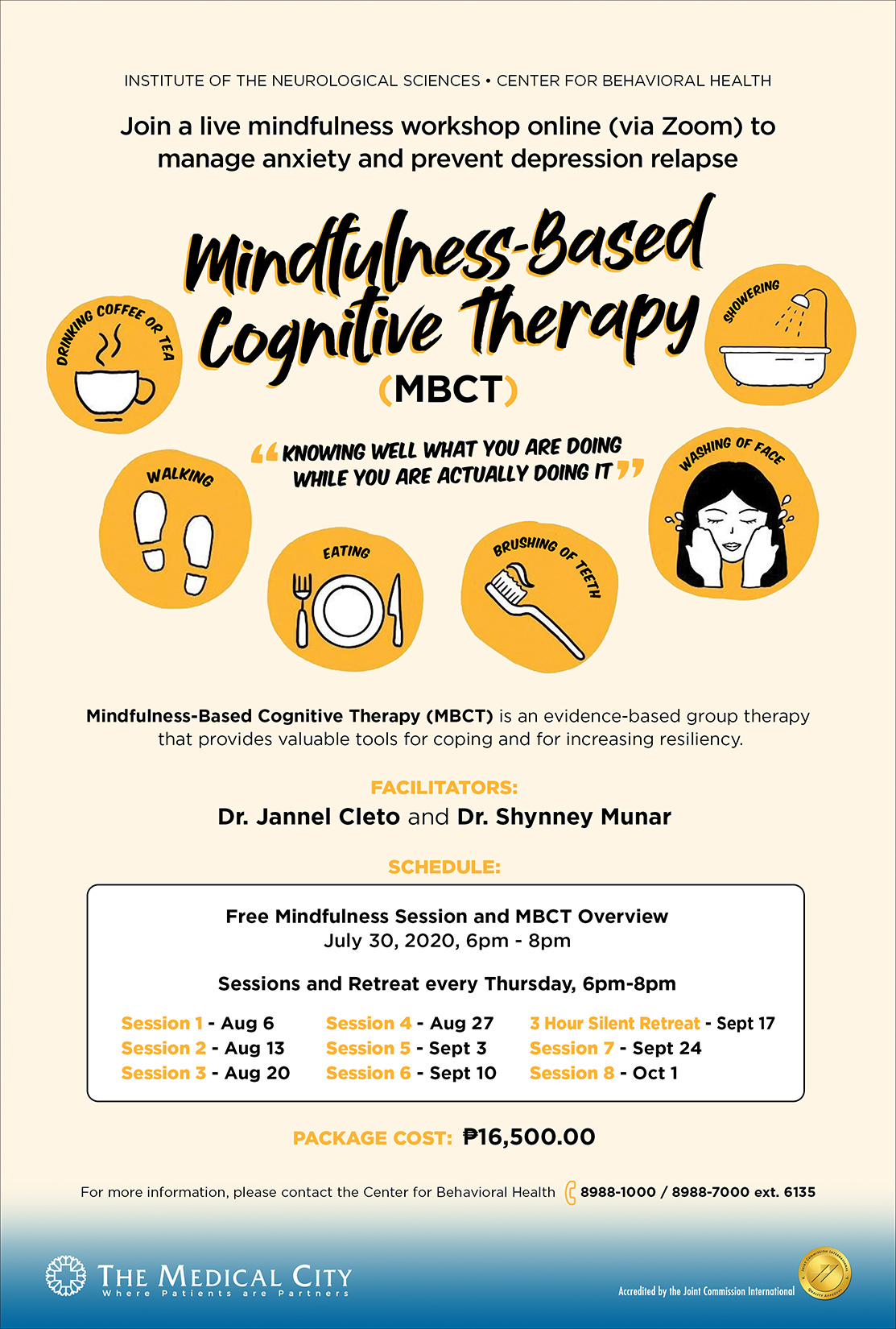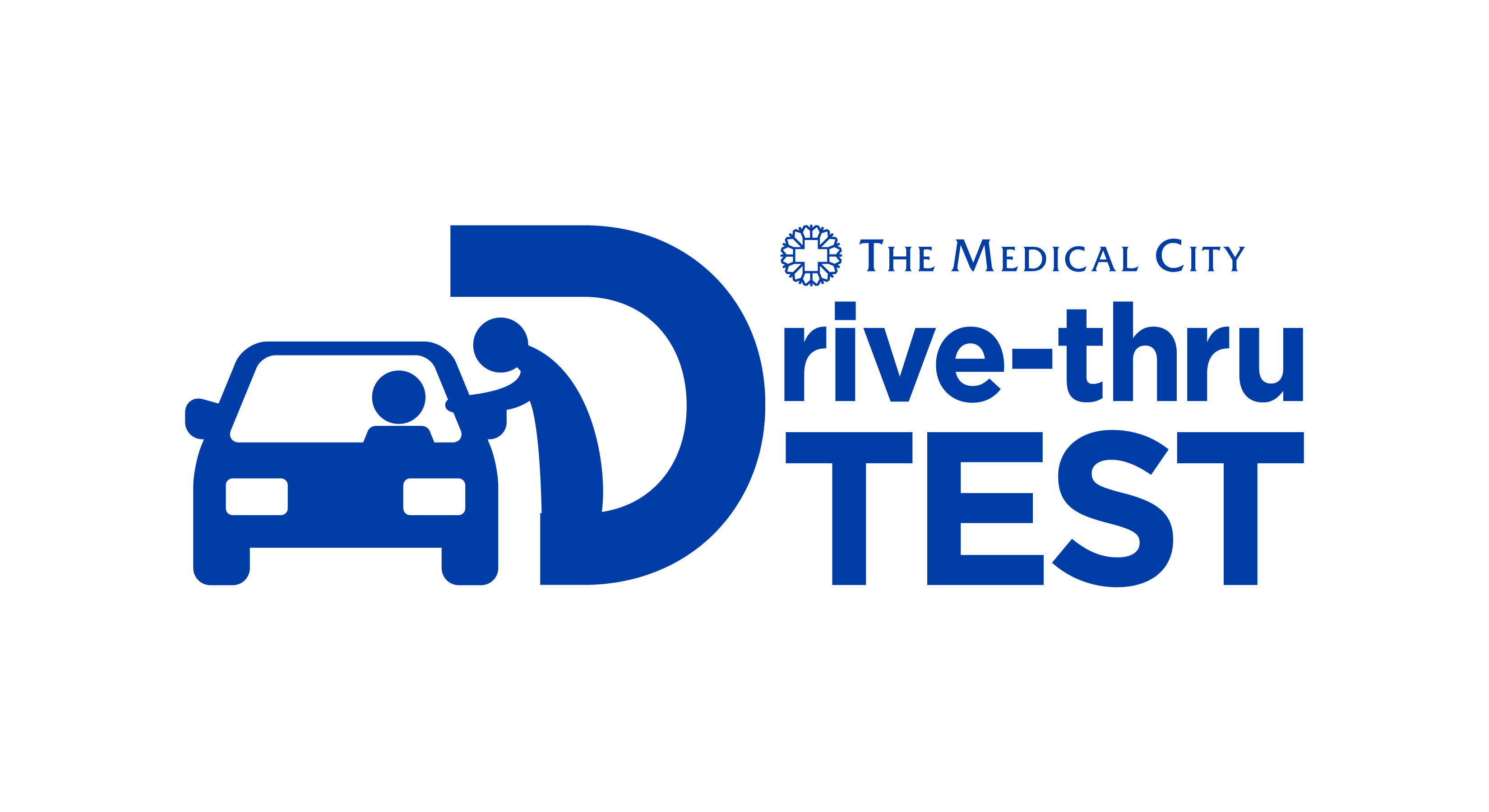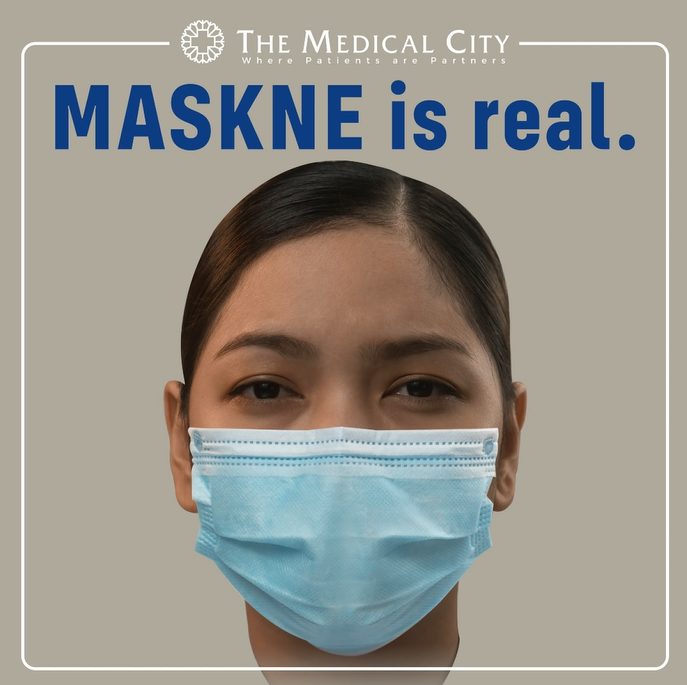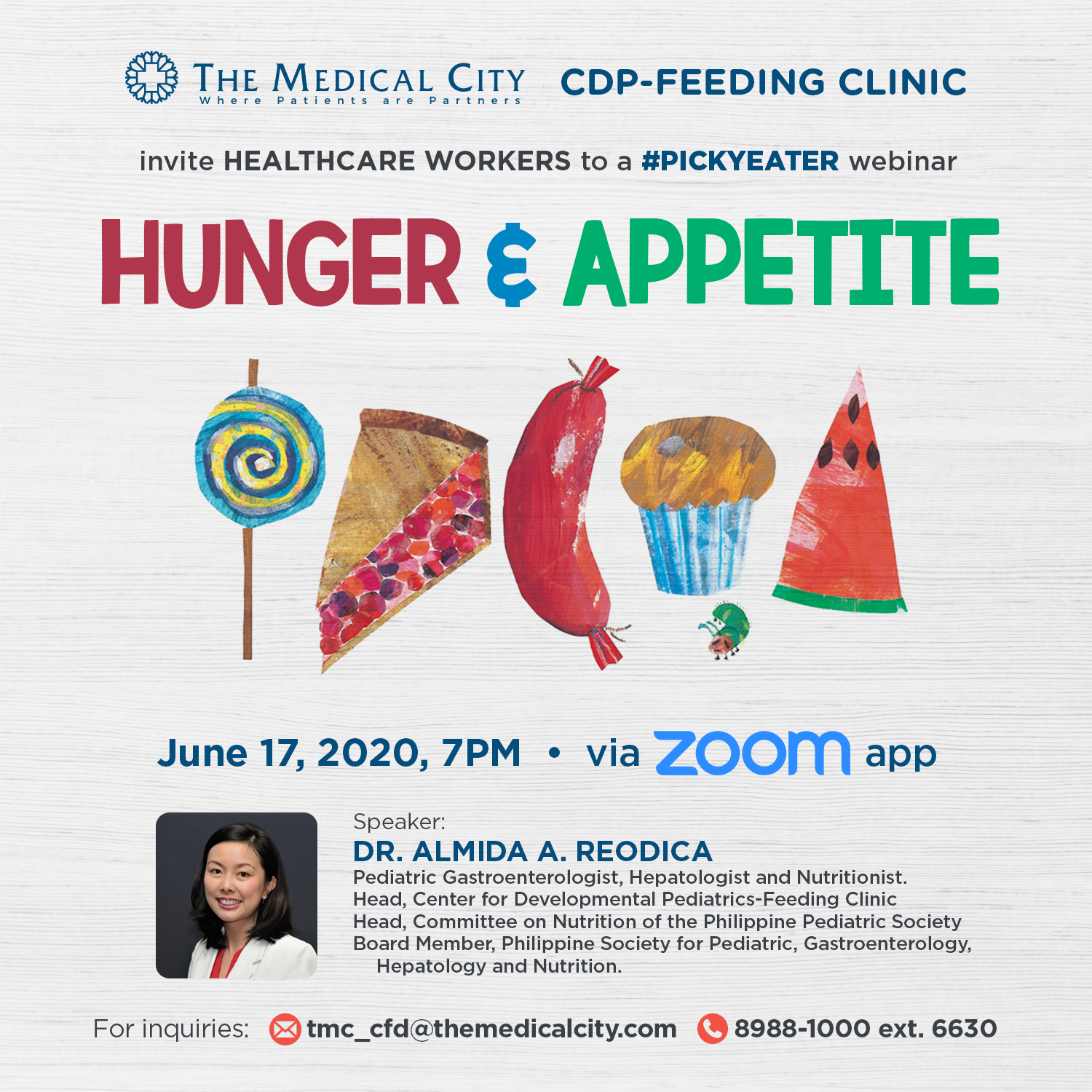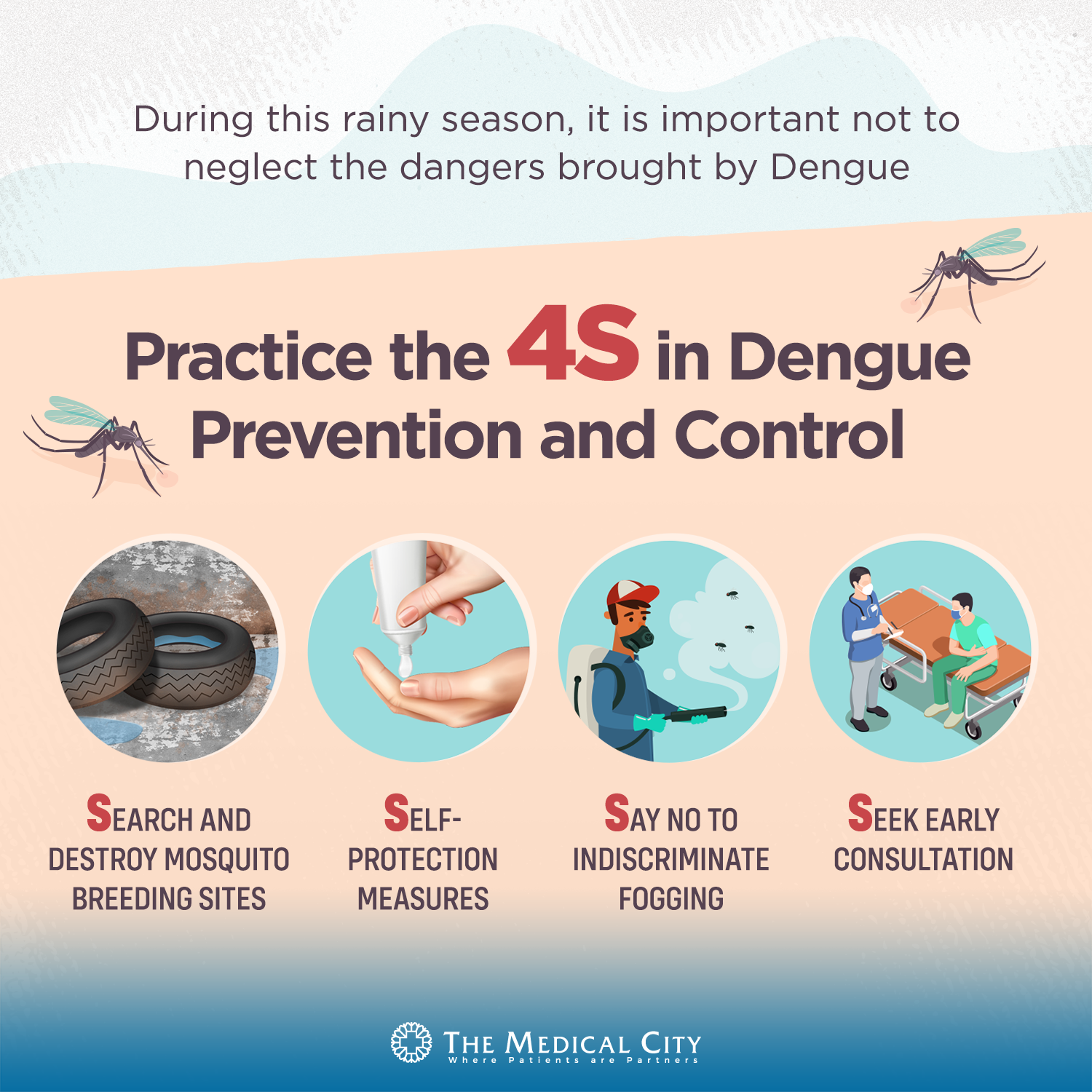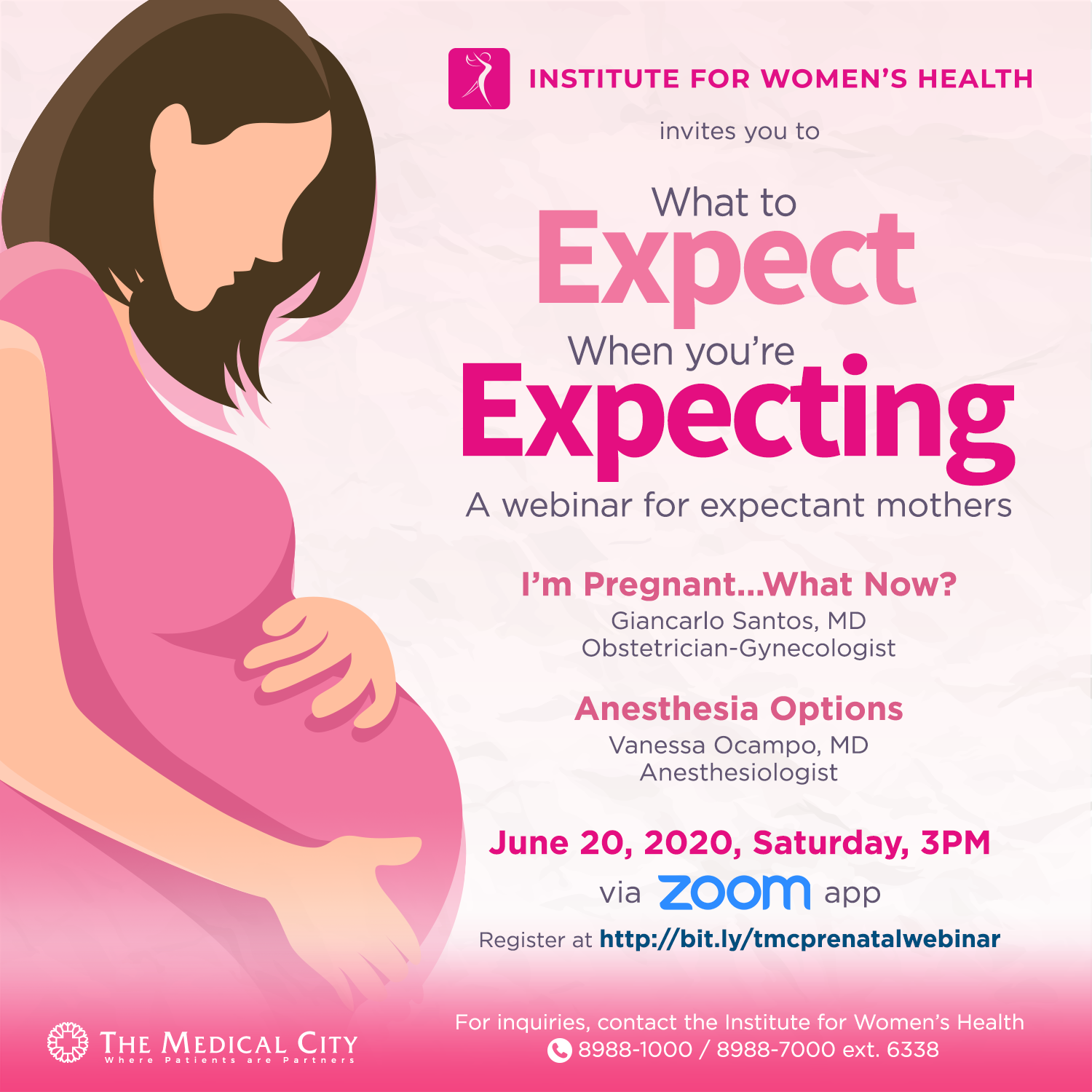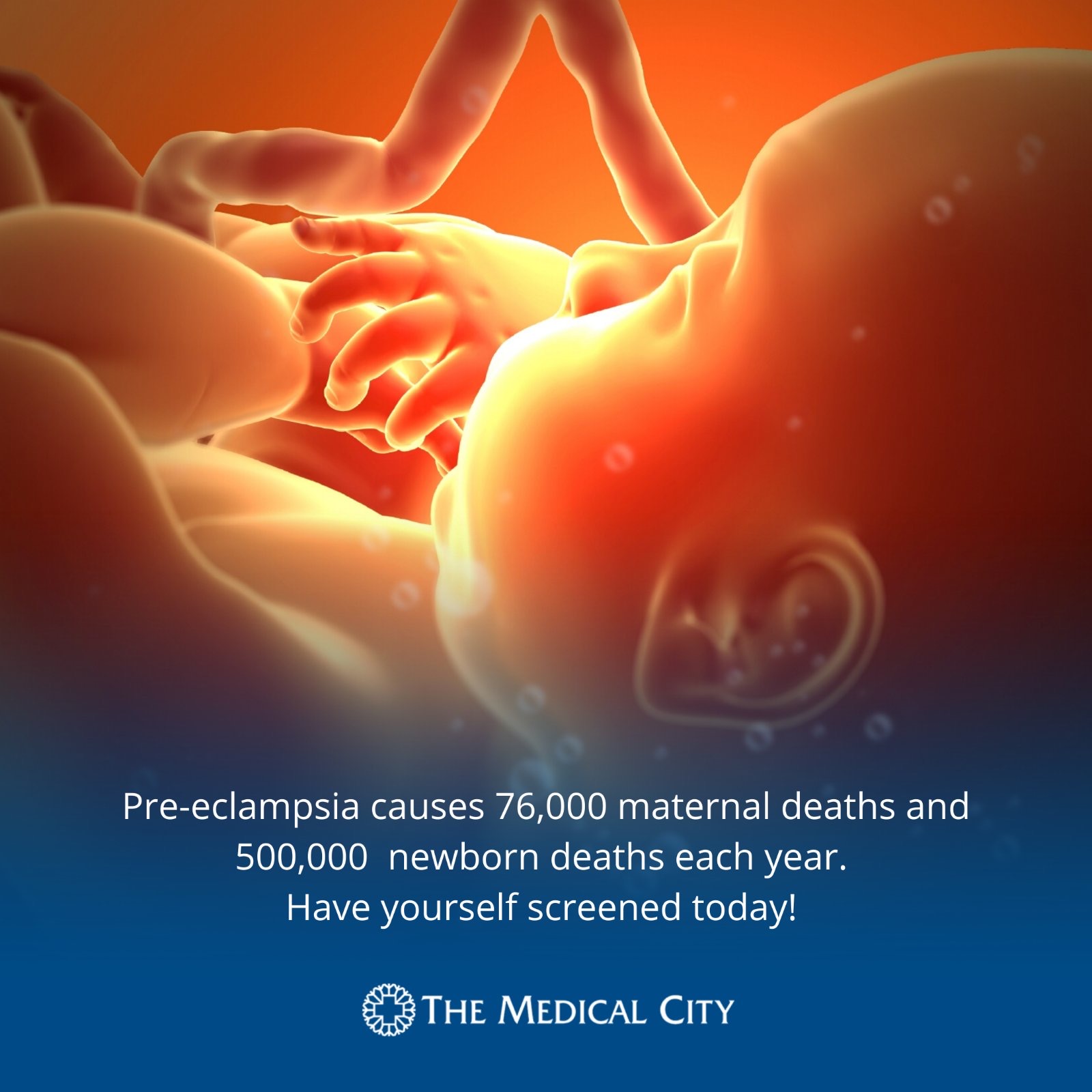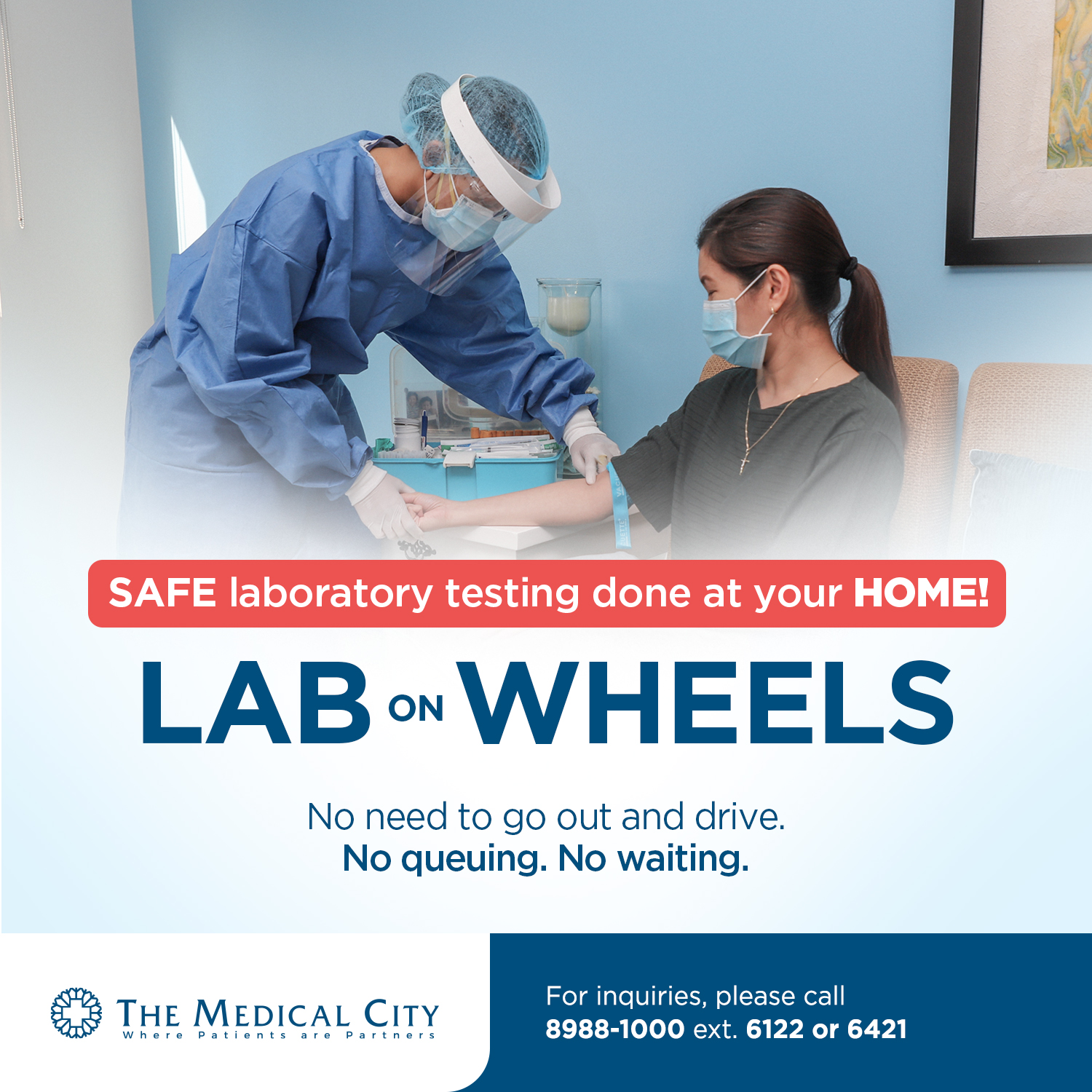TMC initiates dialogue with DOH, Philhealth to help address concerns facing implementation of universal health care
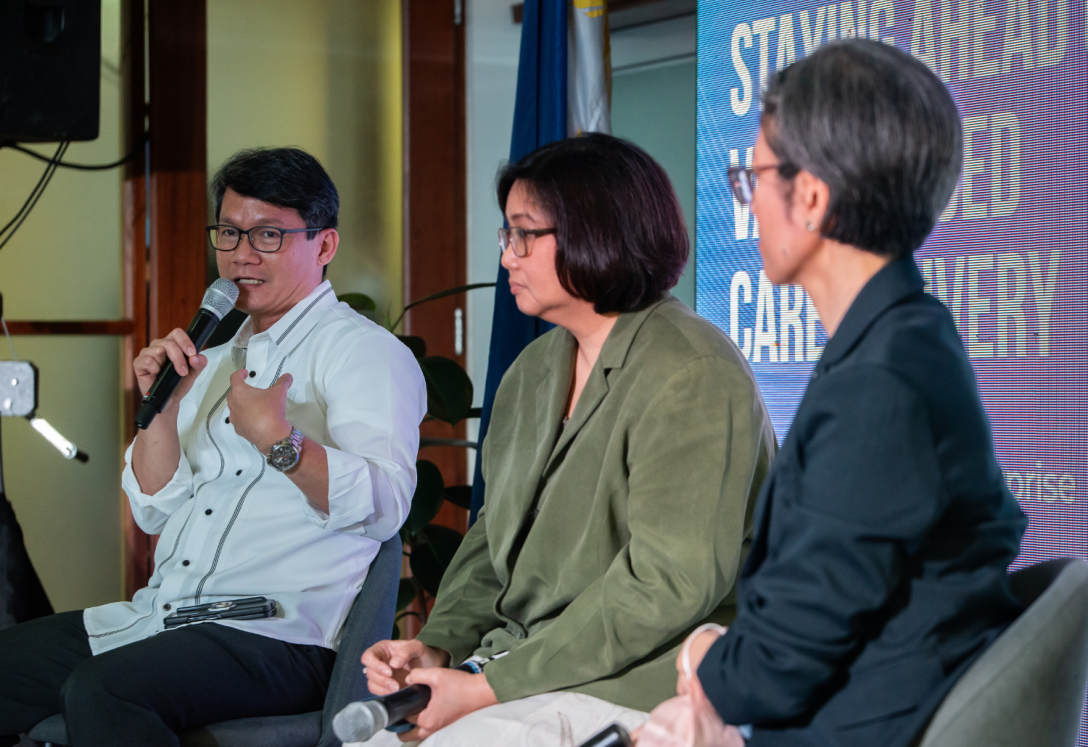
The Medical City (TMC) recently convened a forum on the country’s Universal Health Care (UHC) journey and the role of the private sector in its effective implementation, attended by key leaders from both medical and administrative areas of the TMC enterprise, the Department of Health (DOH), and the Philippine Health Insurance Corporation (PhilHealth).
Pasig City, September 1, 2023 - “People here in The Medical City and people in the government, we need to look beyond ourselves, we need to look beyond today, and ask what we can do to influence the way things are, because at the moment, we are actually under constraint, because we do not have unlimited resources,” said Dr. Eugenio Jose F. Ramos, President and Group CEO of The Medical City, during the event, held last August 9, 2023 at the Augusto P. Barcelon Auditorium of the TMC Ortigas in Pasig City.
“When we walk with the government, with the DOH, with the PhilHealth, we will also be thinking in terms of is this going to be sustainable — given the fact that we still need to communicate well and work in order that Filipinos change their mindset from volume to value when it comes to caring for themselves, their family, their community, and for future generations.”
TMC initiated the forum to open the discussion of UHC to various stakeholders, reflecting TMC’s commitment to promoting mutual understanding, shared vision, and collaborative action.
Dr. Ramos was echoed by VP and TMC Enterprise Managed Care Head, Lawrence Y. Sibayan, who noted that TMC has been striving to be ahead of the challenge by actively seeking to overcome the challenges facing the implementation of UHC.
“If we don’t work together, or in this case, if we do not form networks and let the fragmented healthcare system continue, the consequences will grow ten-, hundred-, a thousand-fold. The goal is to make sure that our patients get the right care at the right time,” Sibayan stressed.
The Universal Health Care Act (Republic Act No. 11223), enacted into law in February 2019, mandates that all Filipinos should be guaranteed equitable access to quality and affordable health care goods and services and protected against financial risk. Under this law, all Filipino citizens become automatically enrolled into and covered by PhilHealth as they access quality healthcare throughout all corners of the nation.
“For the past 4 years, the UH Law has been progressively implemented across public and government-led healthcare facilities, but there is still much to be cascaded and operationalized throughout the public-private partnered healthcare ecosystem, noted considering the significant number of privately- owned healthcare facilities in the country,” Sibayan added.
By detailing what these public-private network partnerships would entail, as well as the costing exercises required by Philhealth before a clear and more updated pricing system becomes available across all health facilities (HFs), the government representatives were able to establish actionable next steps and open lines of communication with the Medical City brand’s own Network.
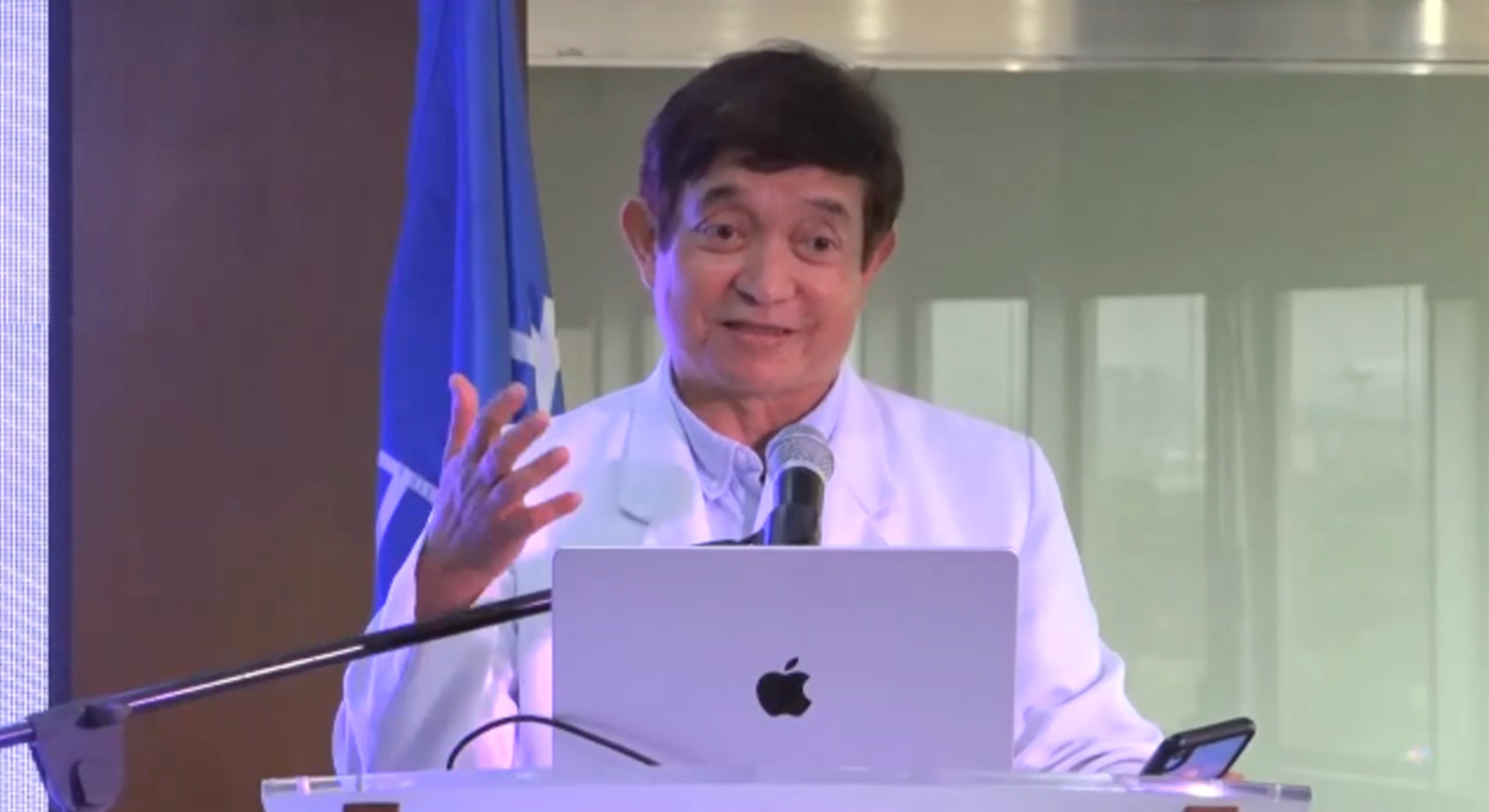
Dr. Ruben Kasala, EVP and CEO of The Medical City Ortigas, opened the forum by acknowledging the participation of all representatives onsite and remotely via Zoom from TMC’s hospitals in Clark, Pangasinan, South Luzon, and Iloilo, to over 50 clinics in Metro Manila and selected provinces.
While welcoming the representatives from DOH and PhilHealth, Dr. Kasala remarked, “This signifies our collective commitment to the universal healthcare of our Filipino patients. As we gather here today, let us remember that we are not just shaping the future of healthcare, but also we are contributing to the future of our nation.”
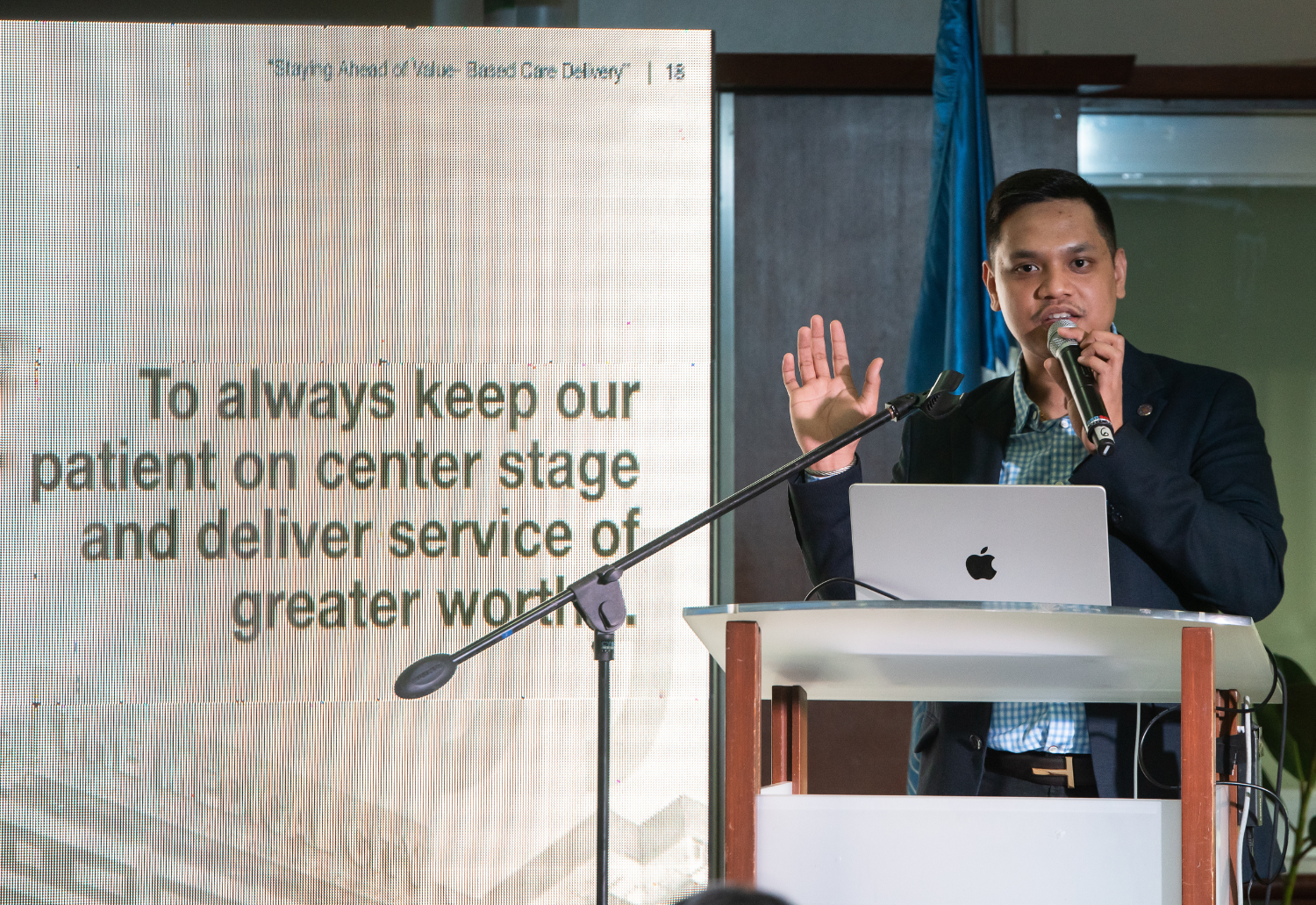
Sibayan kicked-off the presentations as one of TMC’s main representatives in local and international partnerships with provider networks, health maintenance organizations (HMOs), and local government units (LGUs).
“We are almost halfway through in the implementation of the Universal Healthcare Law. Unlike in other projects that you can totally stop, we can’t do that, otherwise a lot of our countrymen would suffer,” Sibayan comments while referencing Thomas Zelmer’s metaphor of fixing an airplane in mid-air.
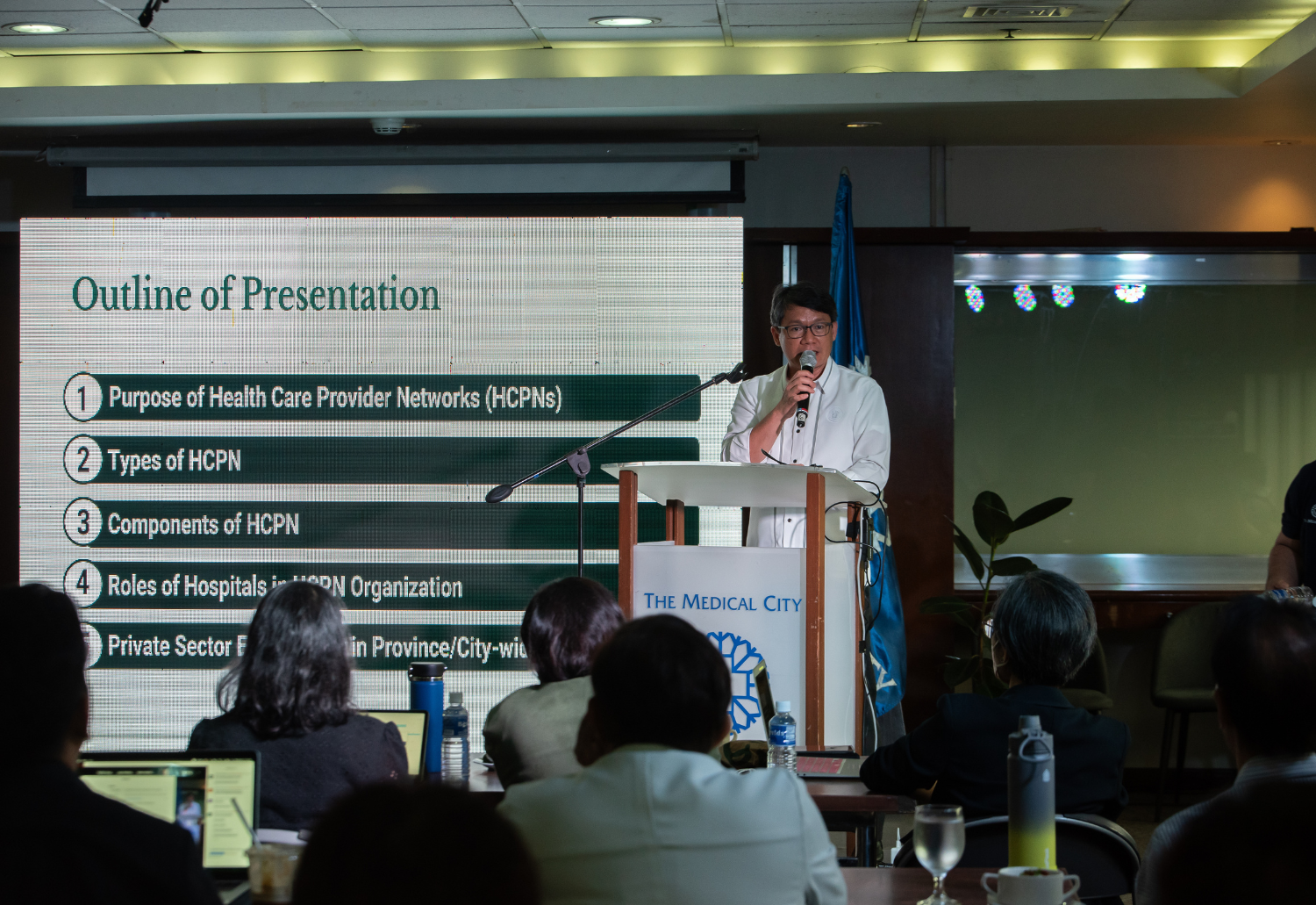
Dr. Lester M. Tan, Director III of the DOH Bureau of Local Health Systems Development, was the first out of three guest speakers to share his recommendations on how public, private, and mixed Health Care Provider Networks (HCPNs) should be formed and mobilized.
UHC Act Sections 18, 19, and 19.3 specify that:
- PhilHealth shall endeavor to contract public, private, or mixed Health Care Provider Networks for the delivery of individual-based healthcare services.
- The DOH, DILG, PhilHealth, and LGUs shall endeavor to integrate health systems into province-wide and city-wide health systems.
- The private sector shall also be encouraged to participate in the integrated local health system, which is a public-led health care provider network, through a contractual arrangement with the province-wide or city-wide health system.
Dr. Tan comments, “Under a devolved setup, we have around 1,600 health systems in the country, so they are composed of the different municipalities, cities, and provinces wherein they all have their own territories. And we want to address this fragmentation and streamline the management.”
By promoting cooperation among LGUs and linking the public and private sectors in varying degrees among three different levels — primary care provider, health care provider network, and apex and end-referral hospitals — the DOH hopes to address most health concerns of the general population at the primary care level, and subsequently navigate or coordinate with the more specialized facilities whenever the population would need higher levels of care.
“The service capability of each facility in the network should be profiled. You should know all of the services in all levels of the facilities within the network so that you would be able to know the appropriate level of care and where the patients would be going,” Dr. Tan says.
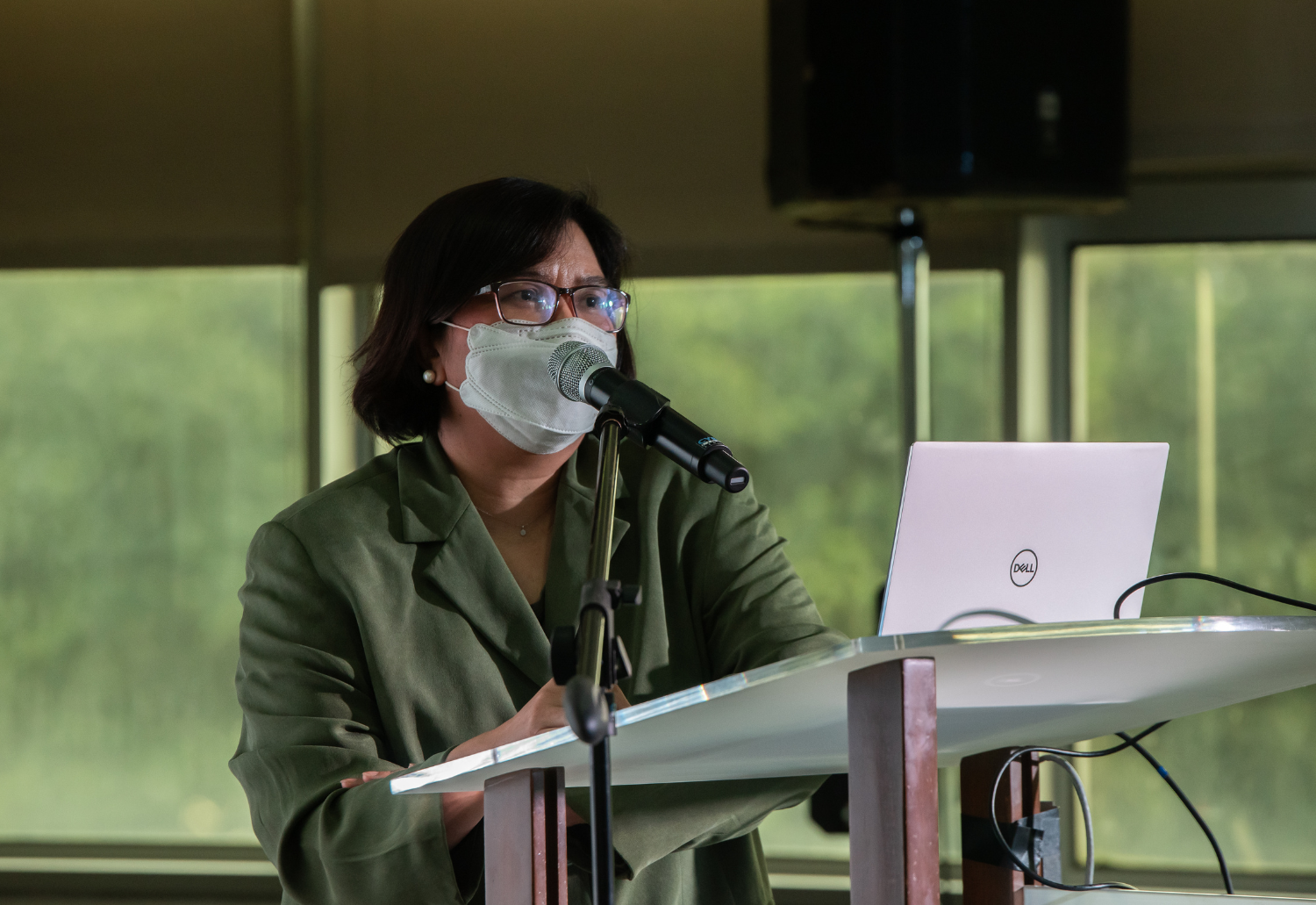
Dr. Clementine Bautista, acting Senior Vice-President of the UHC Surge Team of PhilHealth, was the forum’s second guest speaker from the public sector. Her presentation focused on the provider-payment mechanism reforms that would support PhilHealth availment and service delivery across HCPNs under the UH Law.
Under the UH Law, PhilHealth has key deliverables for health system reforms, which include automatic PhilHealth coverage, benefits packages that focus on primary care, contracts with the larger HCPNs, as well as a shift to paying providers using performance-driven, close-end, prospective payments based on disease or diagnosis-related groupings (DRGs) and validated costing methodologies.
Since they started shifting from a payment mechanism based on all-case rates (ACR) in 2013 PhilHealth hopes to move towards a more responsive mechanism relying on IT-systems, DRGs, shadow billing, and improved claims processing by 2025 and onwards. “We are targeting about 5 to 6 million claims for it to be relevant to us. So the more hospitals, the better.”
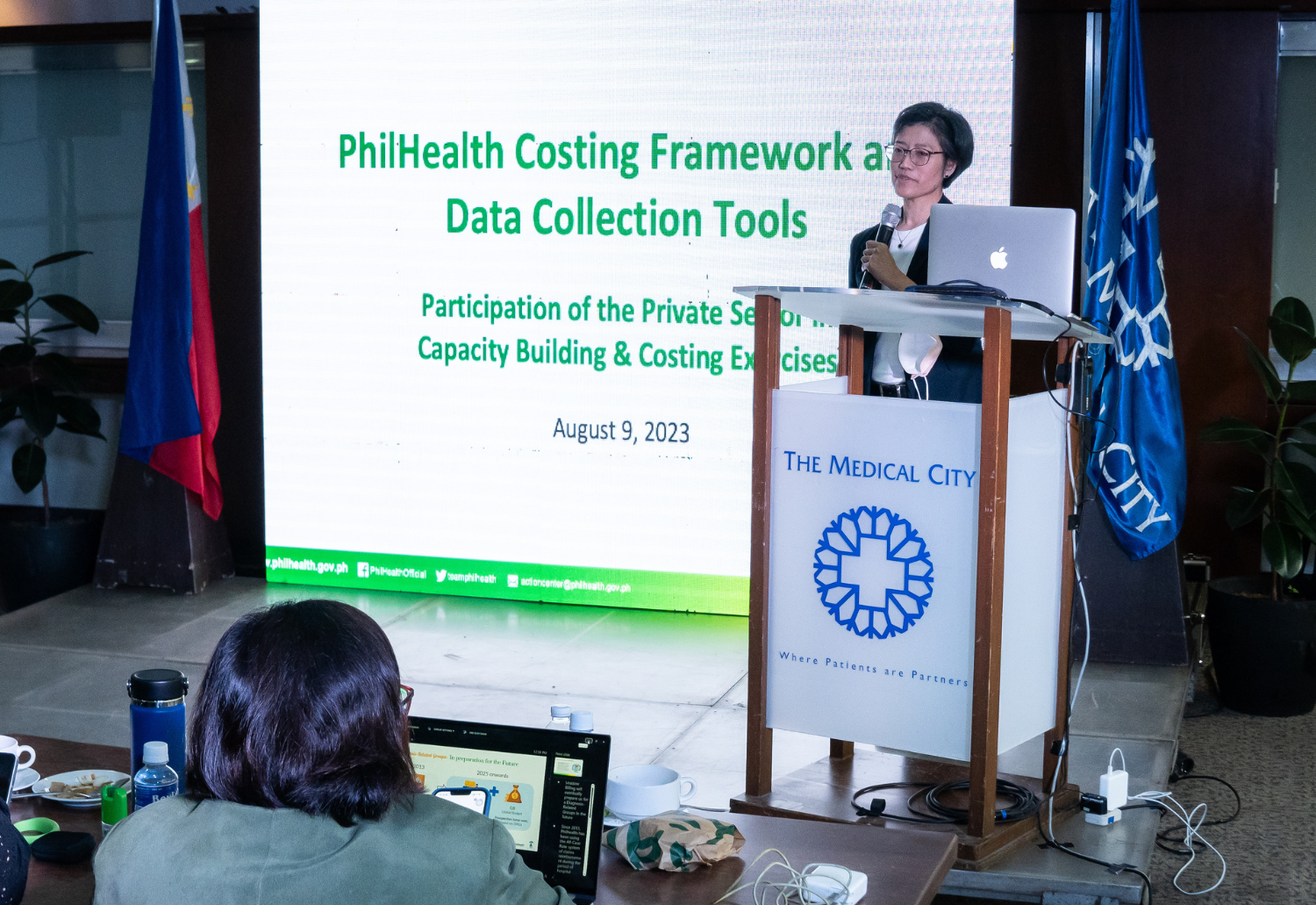
Dr. Mel Santillan, Head of PhilHealth’s Benefits Development and Research Department, explained the tools, frameworks, and language that both PhilHealth and hospitals could use while implementing shared costing methodologies during the crucial live-testing phase. “Bago pa mangyari lahat ng DRG na pinag-uusapan . . . ang step one talaga is to properly cost healthcare services,” Dr. Santillan mentions.
The objective of sharing this framework with participating health facilities was to allow for deeper understanding of PhilHealth’s costing principles, a more standardized use of Philhealth’s data collection tools, and better preparation in their respective institutions for the costing surveys beginning in calendar year 2023.
Dr. Santillan adds, “We want to get to know you. We want to be closer to you, [have] better communication with you, and troubleshoot if there are problems. Open po ang line namin 24/7, diba?” 
After the presentations, an open dialogue led by representatives of The Medical City Enterprise (Mr. Bob Munoz, President and CEO of Proser/The Medical City Clinic; Dr. Eugene Ramos, President and Group CEO of The Medical City Enterprise; Mr. Jose “Eckie” Gonzales, Chairman of The Medical City) enabled clarifications to be addressed and action items to be established for the remainder of 2023.
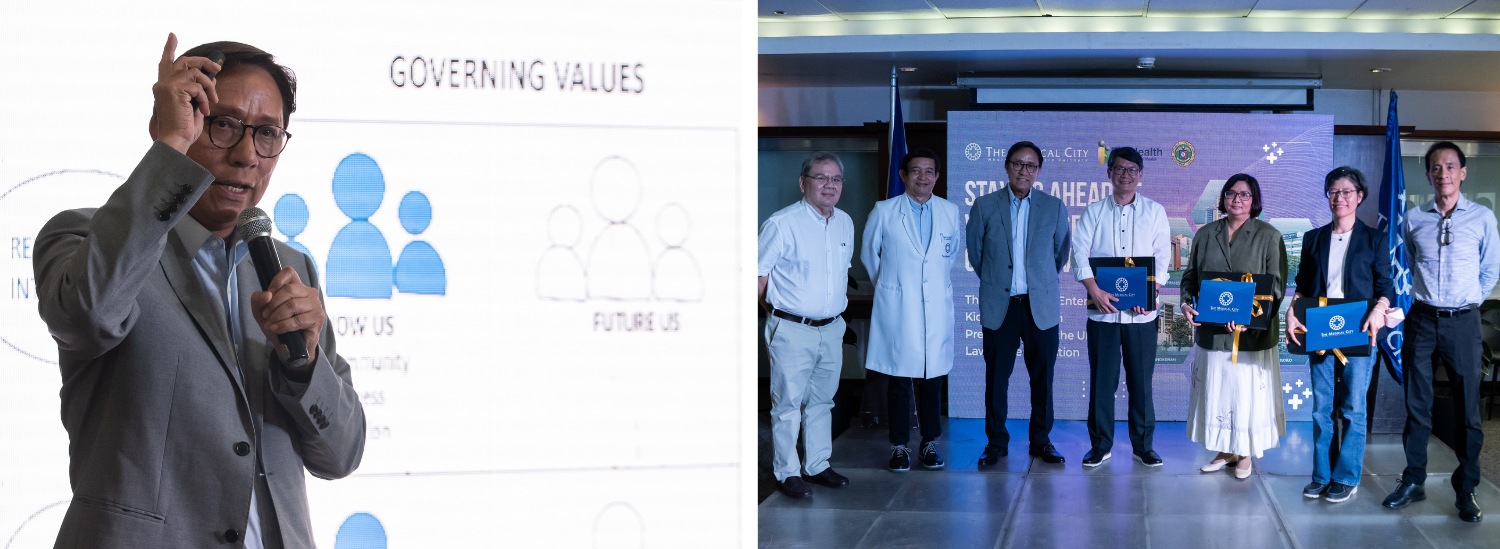
Photos by Kevin Espiritu


